Shows

People Behind Industry#8 Keir Finlow-Bates - Navigating Blockchain's RealmIn this episode of "People Behind Industry," I am honored to have Keir Finlow-Bates, affectionately known as Blockchain Gandalf. Dive into the enigmatic world of blockchain as Keir, a seasoned expert, unfolds the complexities and potential of this revolutionary technology. Discover how his unique educational approach, analogies, and serene walks through Finnish forests, have demystified blockchain for enthusiasts and experts alike.
Keir will share his experiences from founding Chainfrog, his insights from working on NFT and metaverse projects, and his role in advancing blockchain education and innovations. This conversation is not just about understanding blockchain technology but...
2024-08-132h 02
Untangling Web3#63 Untangling: Smart Contracts 101 with Keir Finlow-BatesIn this week's episode of Untangling Web3, we are joined by Keir Finlow-Bates, a prominent blockchain researcher and author. Today, we delve into the complexities and potential of smart contracts, exploring their implications for the future of blockchain technology.Key Highlights:Foundations of Smart Contracts: Keir provides a comprehensive overview of what smart contracts are and how they differ from traditional contracts, emphasizing their role in automating transactions on the blockchain.Technical Mechanisms: The discussion covers how smart contracts operate within blockchain ecosystems, particularly focusing on their execution and the conditions under which they operate.Practical...
2024-08-0757 min
Mike Fallat's Time Hacker Podcast#196 - Dr. Keir Finlow-Bates (Move Over Brokers, Here Comes The Blockchain)Mike interviews Dr. Keir Finlow-Bates.Welcome to a groundbreaking exploration of the future of finance with "Move Over Brokers, Here Comes The Blockchain" by Dr. Keir Finlow-Bates. In this captivating book, Dr. Finlow-Bates takes listeners on a journey through the disruptive potential of blockchain technology in the world of brokerage and finance.As traditional brokerage models face increasing scrutiny and disruption, "Move Over Brokers, Here Comes The Blockchain" offers a fresh perspective on how blockchain technology is revolutionizing the way financial transactions are conducted. Dr. Finlow-Bates, a leading expert in blockchain technology, provides a comprehensive...
2024-04-0352 min
PolywebE6: Why Blockchain can save us all - The no-BS explanation of Web3 with Keir Finlow BatesWhat is Web3? What is hype, and what is real? No one is more qualified to answer these questions in an accessible, no-nonsense way than Keir Finlow Bates.Keir is a blockchain researcher, software developer, and prolific inventor with over 40 patents to his name, and the author of two books: "Move Over Brokers Here Comes The Blockchain" which goes over the significance of blockchain technology in an educational, easy to understand entertaining way, and "Evil Tokenomics" that explore how Web3 can be exploited by bad actors to scam the public. His YouTube channel provides over seven...
2023-02-211h 10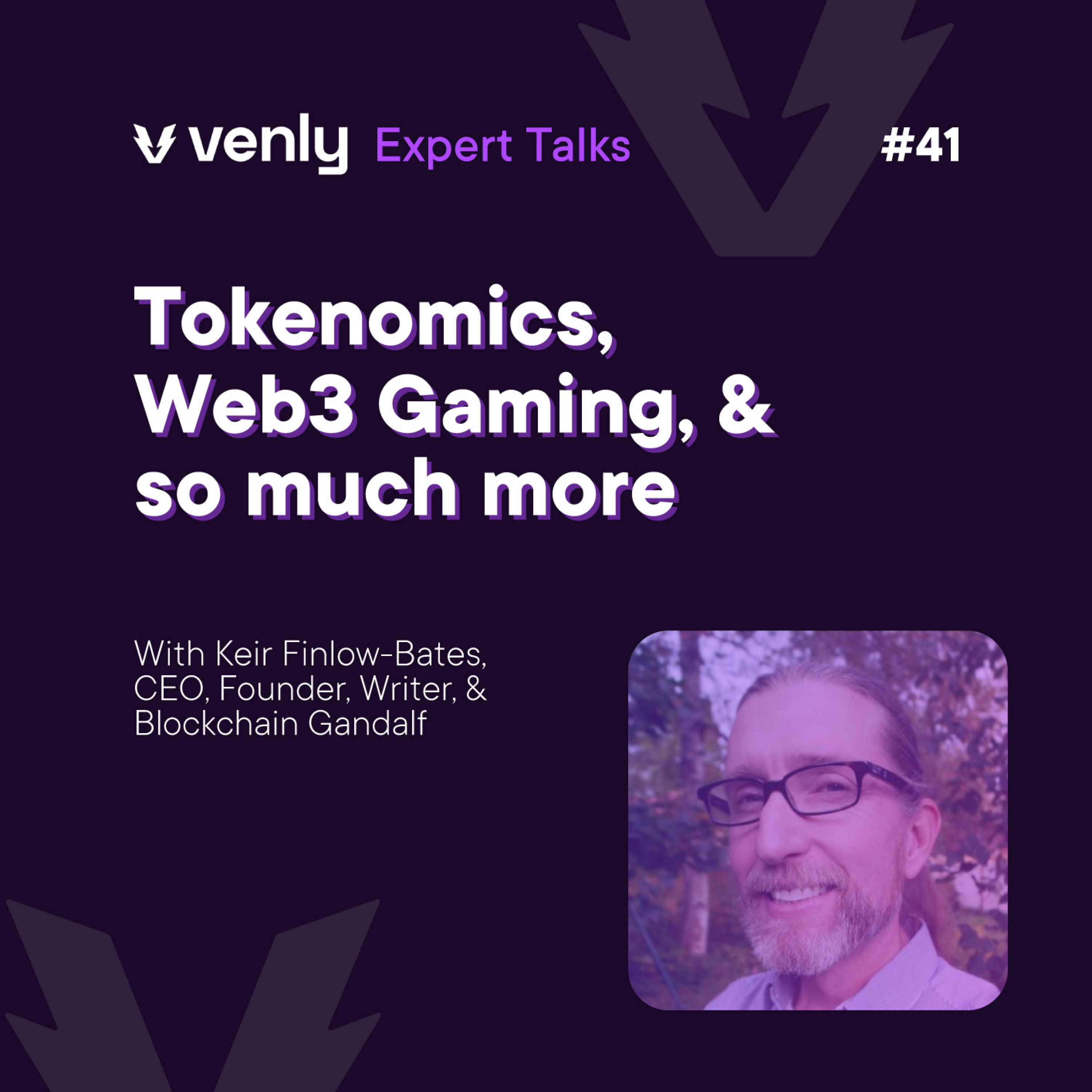
Venly Expert Talks - Blockchain, NFTs, Metaverse and GamingKeir Finlow-Bates: Tokenomics, Web3 Gaming, & so much more | Ep. 41Crypto-wizard and LinkedIn Top Voice 'Blockchain Gandalf,' aka Keir Finlow-Bates, joins us on this edition of Venly Expert Talks to discuss the intersection of blockchain and gaming. Looking increasingly like the next frontier in the expansion of blockchain technology, what opportunities and challenges does gaming present? How will the digital asset ownership offered by NFTs play out in the world of gaming? These questions and more are covered in this latest Venly Expert Talks.Find Keir on LinkedInFind Keir on Twitter You can find more about Venly here>>>Join...
2022-11-2457 min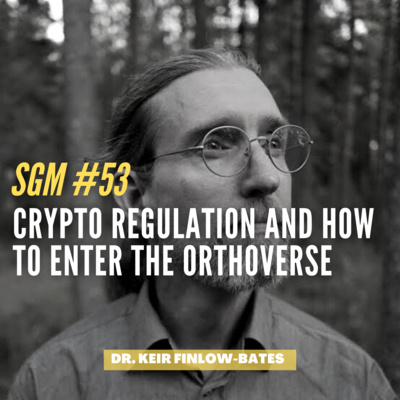
Stonks Go Moon#53 Dr. Keir Finlow-Bates - Crypto Regulation and How to Enter the OrthoverseIn this episode we take a look at Crypto regulation, what are the likely outcomes and Dr. Keir Finlow-Bates talks about his latest NFT project.
Did you know that you already own an NFT? You just have to reveal it!
Listen to the Podcast to find out how.
Dr. Keir Finlow Bates is the author of the Best Selling book "Move over Brokers here comes the Blockchain"
https://orthoverse.io/
Follow SGM across Social Media
https://linktr.ee/SGMPODCAST
Download SGM on https://newslyme.page.link...
2022-04-2022 min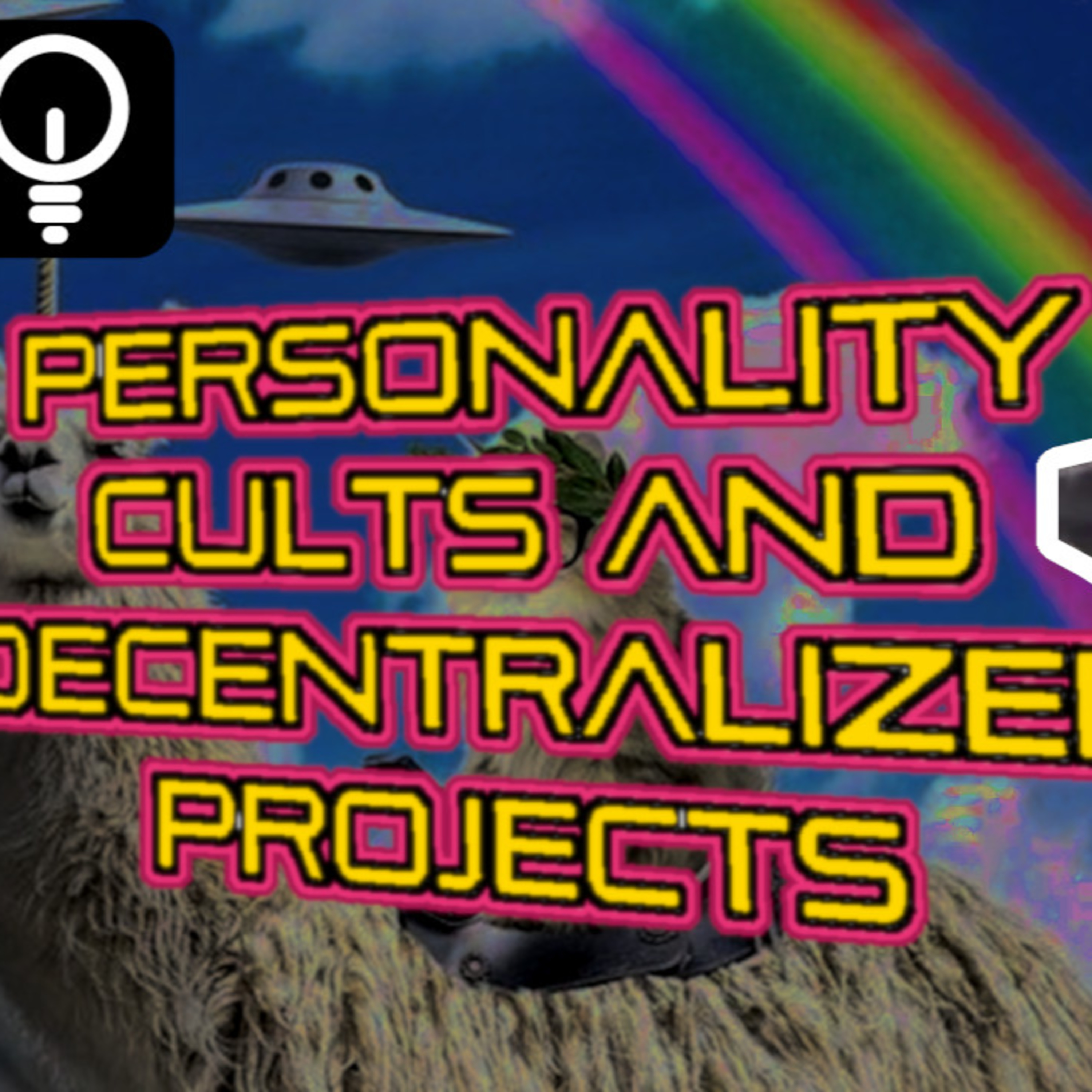
BlockchainGandalfPersonality cults and decentralized projectsOne of the upshots of the tendency of human beings to gravitate towards centralization for its efficiency and perceived security is the handing over of control to a popular leader.
In this episode, I talk about how some of the decentralized projects out there have coped (inadvertently or otherwise) with the centralization risks inherent in highly visible leadership and personality cults.
2022-03-1004 min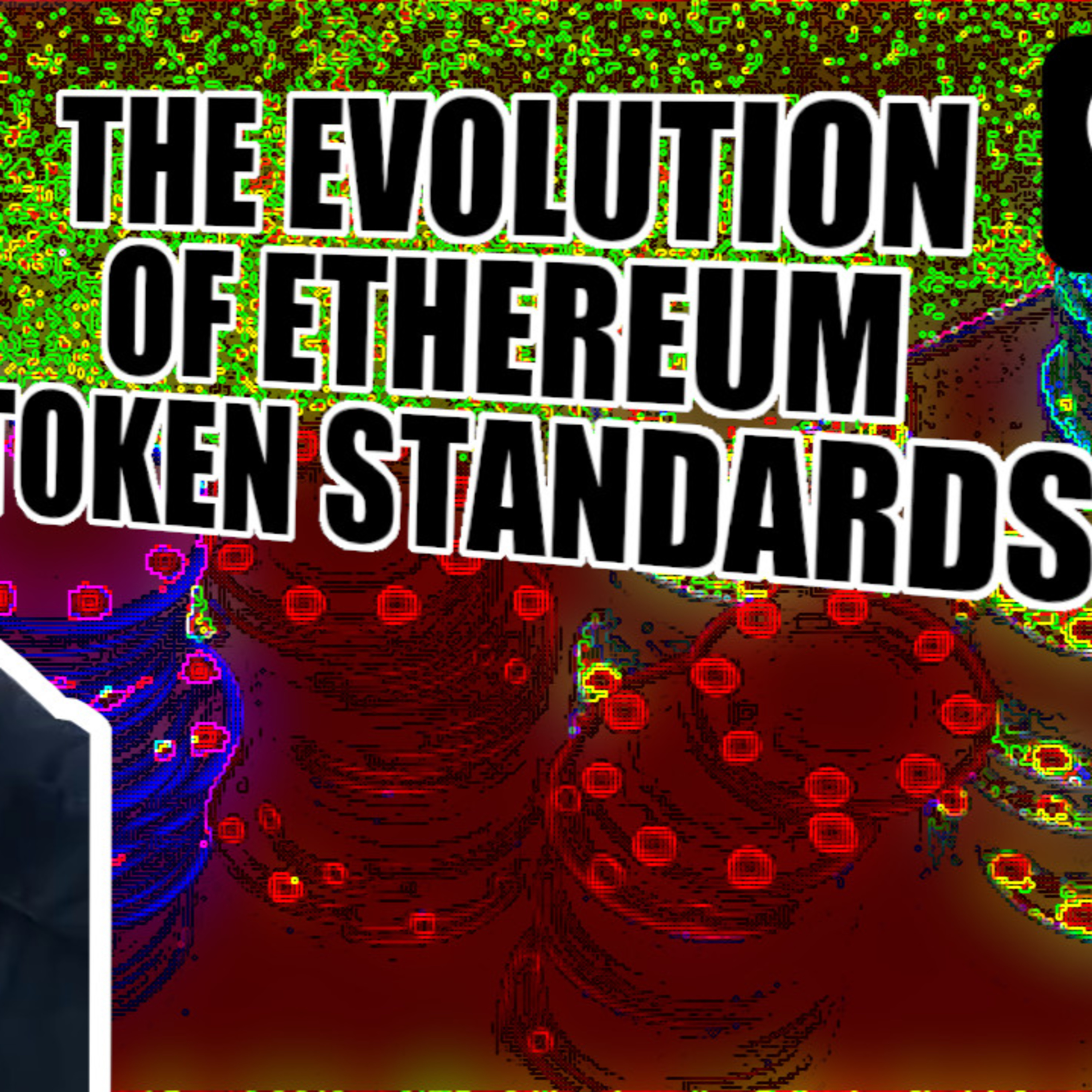
BlockchainGandalfThe evolution of Ethereum token standardsAbout a year ago I made a video explaining the differences and similarities between ERC20, ERC721 and ERC1155 from a layperson's perspective (https://www.youtube.com/watch?v=Gt5C-j2b62U).
I thought it might interesting to remake the video and release the audio as a podcast, but this time explaining the differences in the standards through the differences in the data structures within each contract that act as ledgers for the tokens.
I found it interesting that ERC721 is at its core a flipped ERC20 data structure, and that ERC1155 is an ERC721...
2022-03-1006 min
BlockchainGandalfNew models for businessMost traditional companies are based on a hierarchical command an control structure, and as a result most people are used to functioning in such a structure.
These companies are structured that way partially due to the laws that enshrine what corporations are as legal entities, partially due to conditions imposed by venture capitalists or investors, and mostly because people in companies don't know any better.
This has a serious impact on how blockchain projects develop as they become commercialized. And so we start with founders espousing a decentralized philosophy, and end up with a centralized...
2022-03-1003 min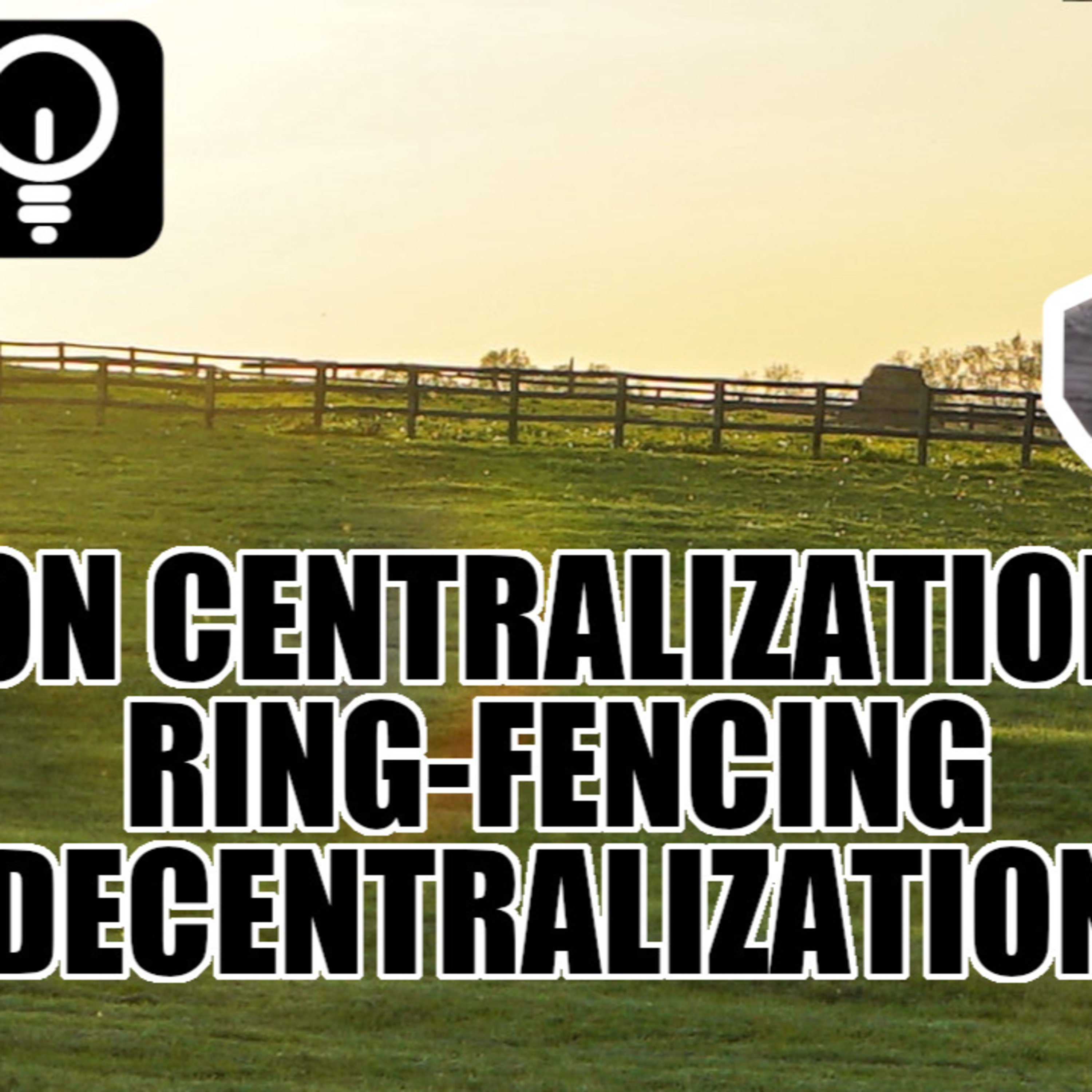
BlockchainGandalfOn centralization ring-fencing decentralizationCentralization around the edges can take the teeth out of decentralization in the center.
Well, if that isn't a confusing sentence then I don't know what is. In this video I dig a bit deeper into two opposing tendencies within the human psyche - moving towards centralization, and moving towards decentralization. There are advantages and disadvantages to both.
Furthermore, localized decentralization can give the illusion of control in what ultimately remains a centralized system.
What, for example, is the use of "being in control of your data" (whatever that may mean) if you...
2022-03-1005 min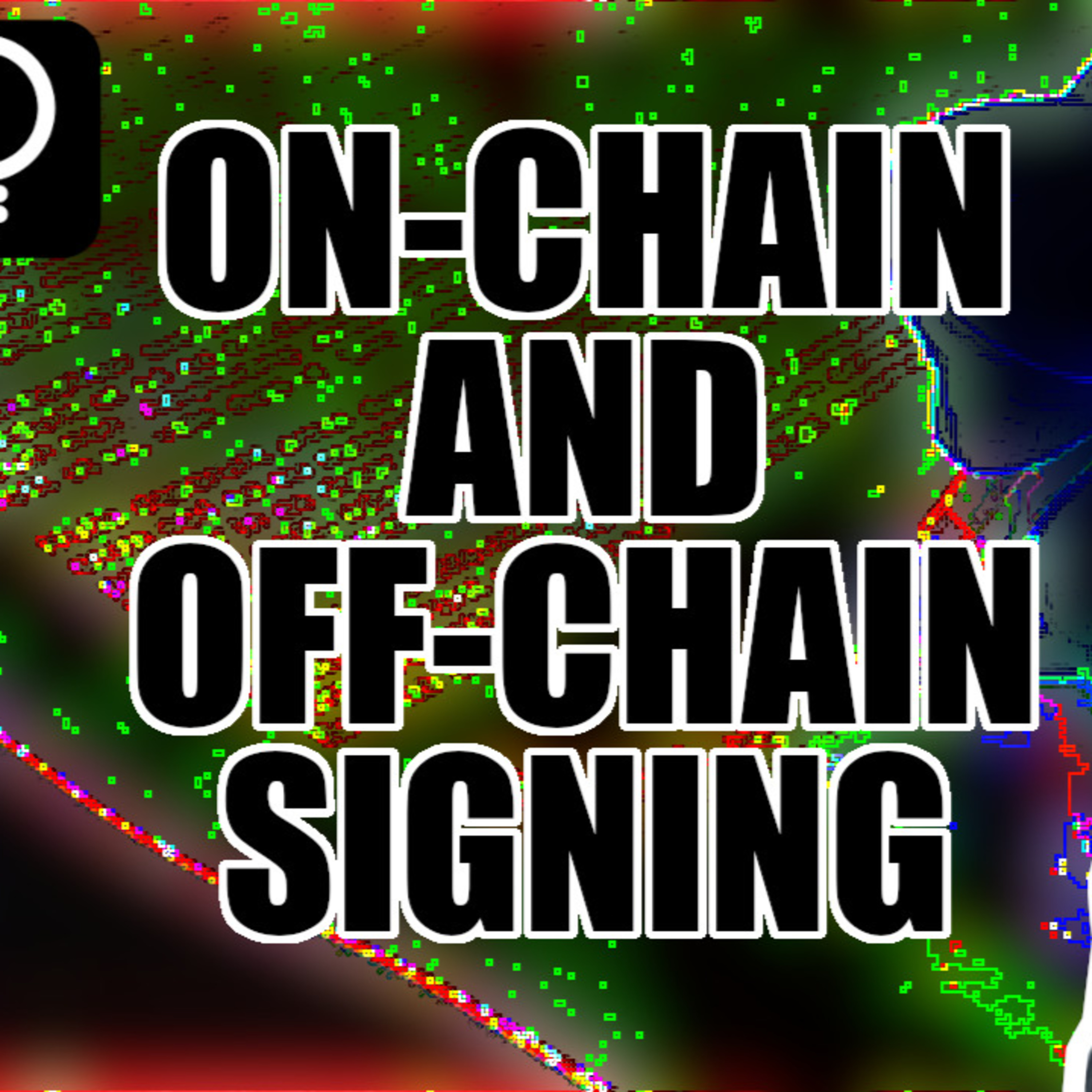
BlockchainGandalfOn-chain and Off-chain signingWhat is the difference between on-chain and off-chain signing?
Less than you'd think. Mainly because everything is signed off-chain.
2022-02-2802 min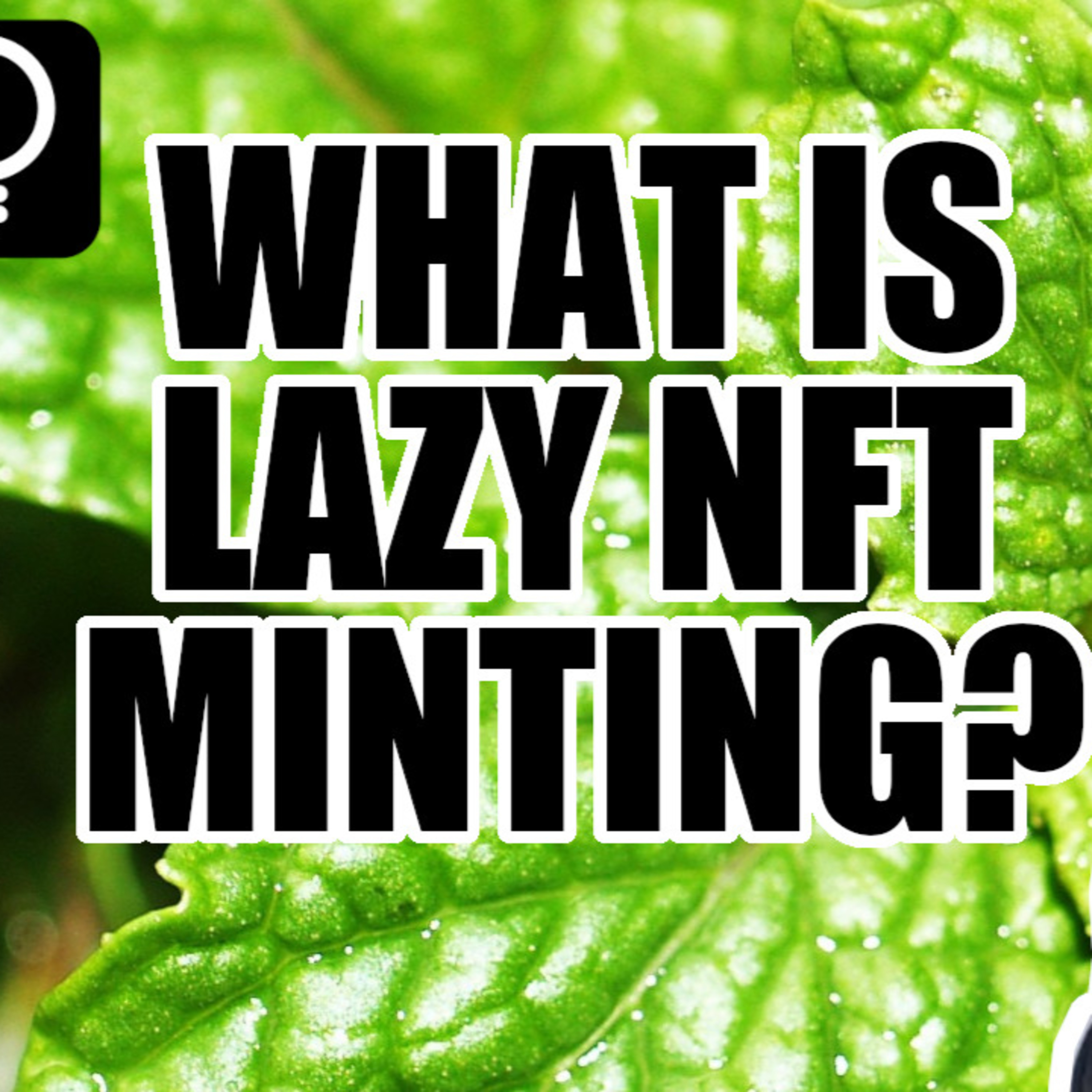
BlockchainGandalfWhat is lazy minting?Lazy minting is not minting an NFT until you have a buyer.
So now you don't even need to listen to the episode.
Except, it contains a cake analogy, and is only a minute long, so perhaps you want to anyway.
2022-02-2801 min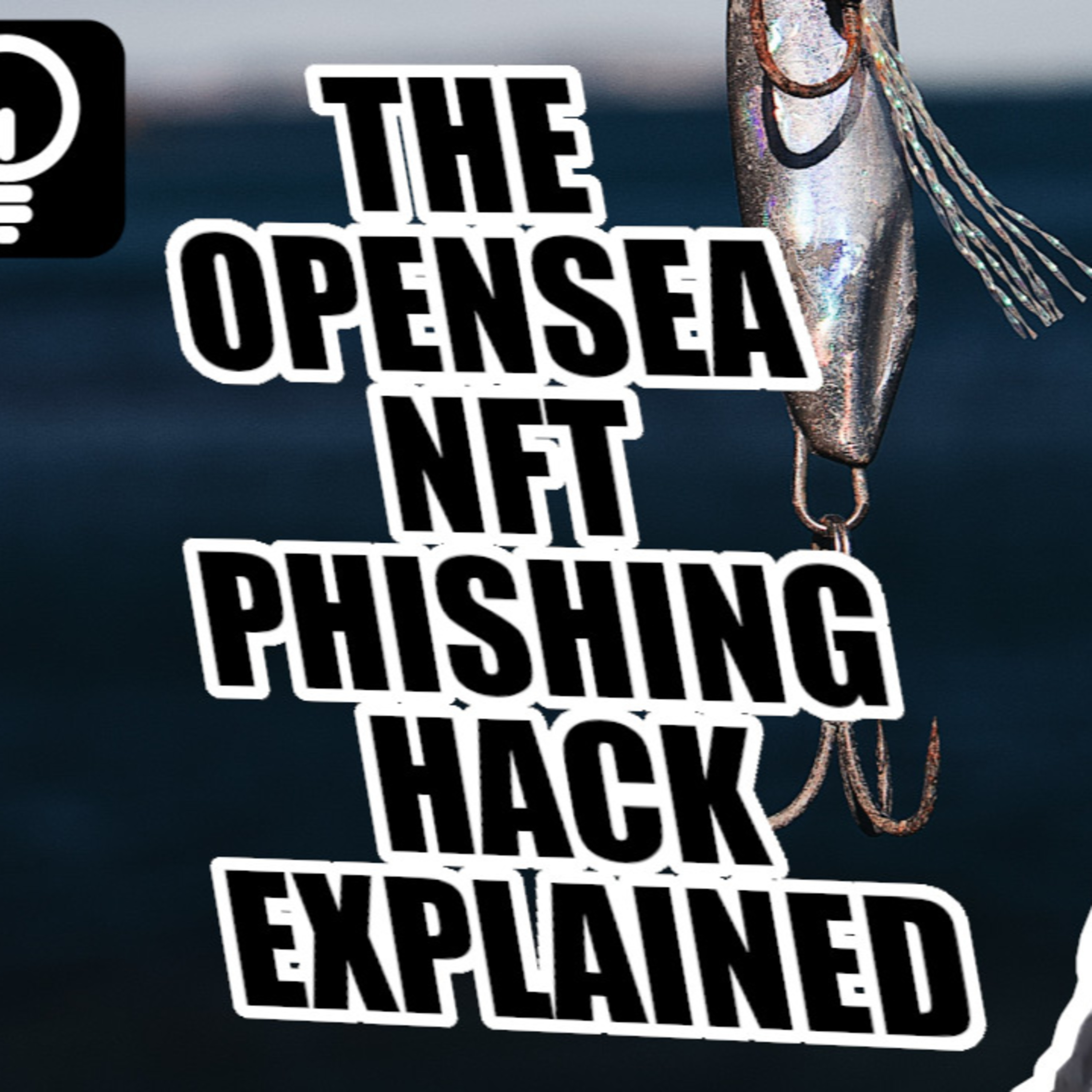
BlockchainGandalfThe OpenSea NFT Phishing HackIn the last few days about $1.7 million in NFTs were stolen from OpenSea users, and there is quite a bit of confusion about how it was done.
In this episode I talk about a number of "design decisions" in the Ethereum space, and their security issues. These include: token approvals, off-chain signing, how NFT decentralized exchanges work, and there is a bit about phishing emails thrown in for good measure.
In summary, it doesn't look like OpenSea was to blame in this case, but just as we've been trying to hammer home the "don't share...
2022-02-2812 min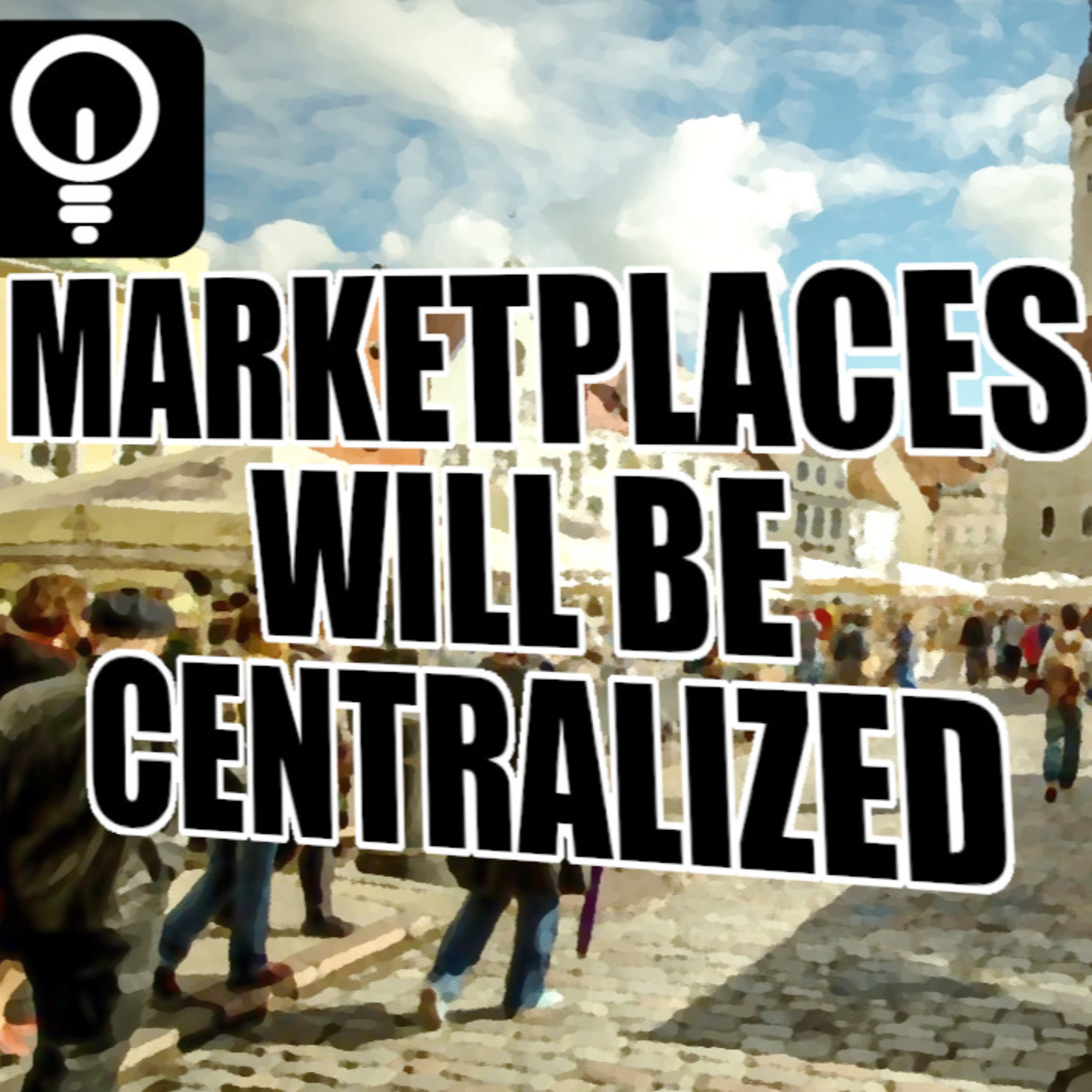
BlockchainGandalfMarketplaces will be centralizedDecentralization maximalists dream of a world in which everything is decentralized, and single players no longer dominate in particular sectors. I think their dreams will never come to pass for two main reasons, which are discussed in this episode.
The audio for this episode comes from a video where I am wearing a hat. Because I can't be bothered to clip the last 20 seconds I talk about a hat I am wearing, which of course is going to be a non-sequitur to listeners, so feel free to ignore that bit.
2022-02-2806 min
BlockchainGandalfWhat can a DAO do?Oh the wonderful things that a DAO can do!
It can moo like a cow, moo moo. No, hang on, that's a Dr. Seuss book.
The thing is, a lot of DAO use cases are probably better served by a multi-signature wallet than a DAO. But there are some where providing the ability for a diverse and unconnected group of people to vote on a regular or semi-regular basis as to how assets should be dispersed, is of value.
Furthermore, DAO's can be given extra powers by connecting or chaining them to other...
2022-02-2103 min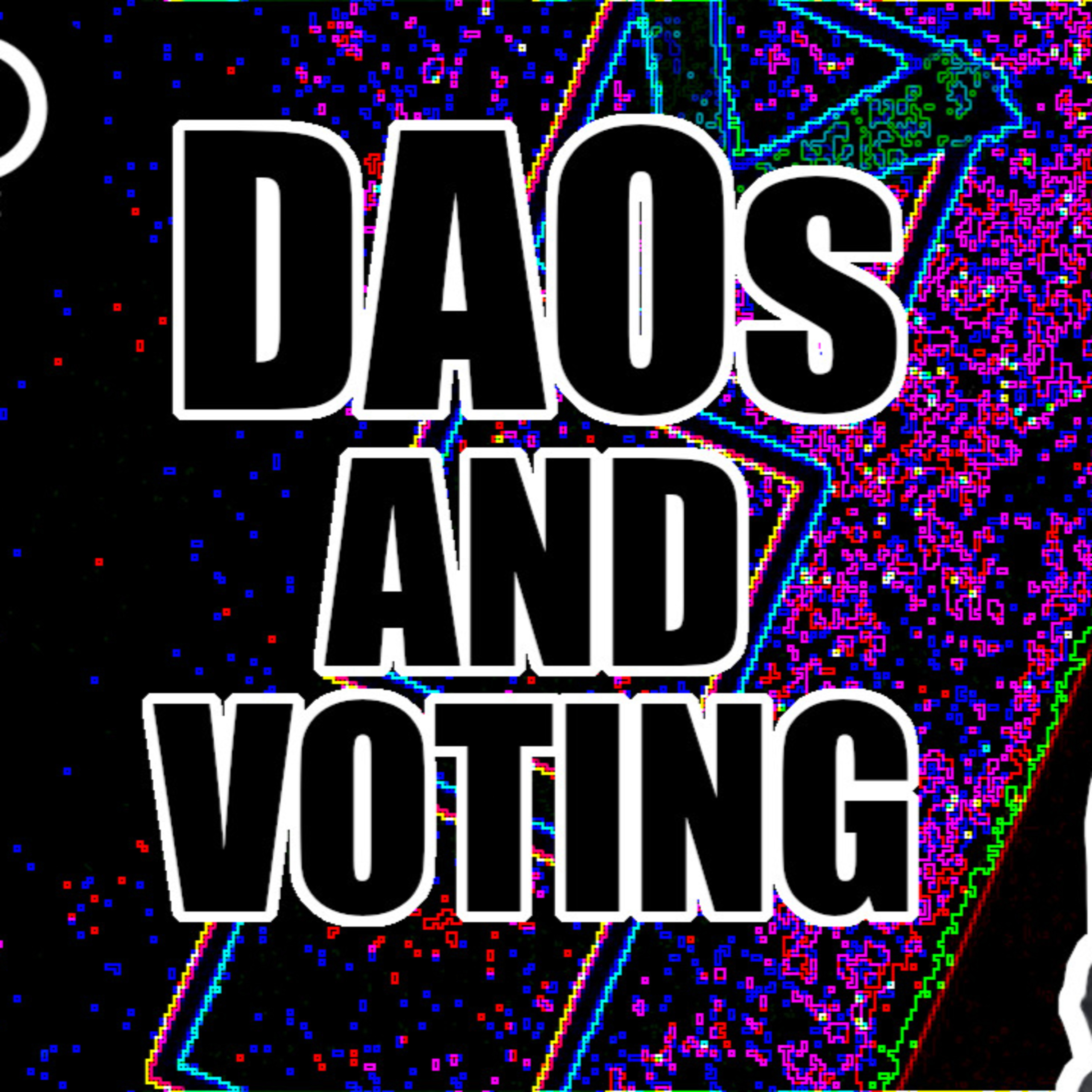
BlockchainGandalfDAOs and VotingFundamentally, a DAO is about automating voting processes in the context of a deterministic collective with assets.
Or in less stupid language - it's a computer program thingy that controls some money and does what its owners tell it to when enough of them agree on what should be done.
As it happens, voting is a complicated and subtle science, with plenty of empirical data for us to examine from the real-world of democratic (or not so democratic) voting systems.
In this episode I talk briefly about two voting systems that have been...
2022-02-2105 min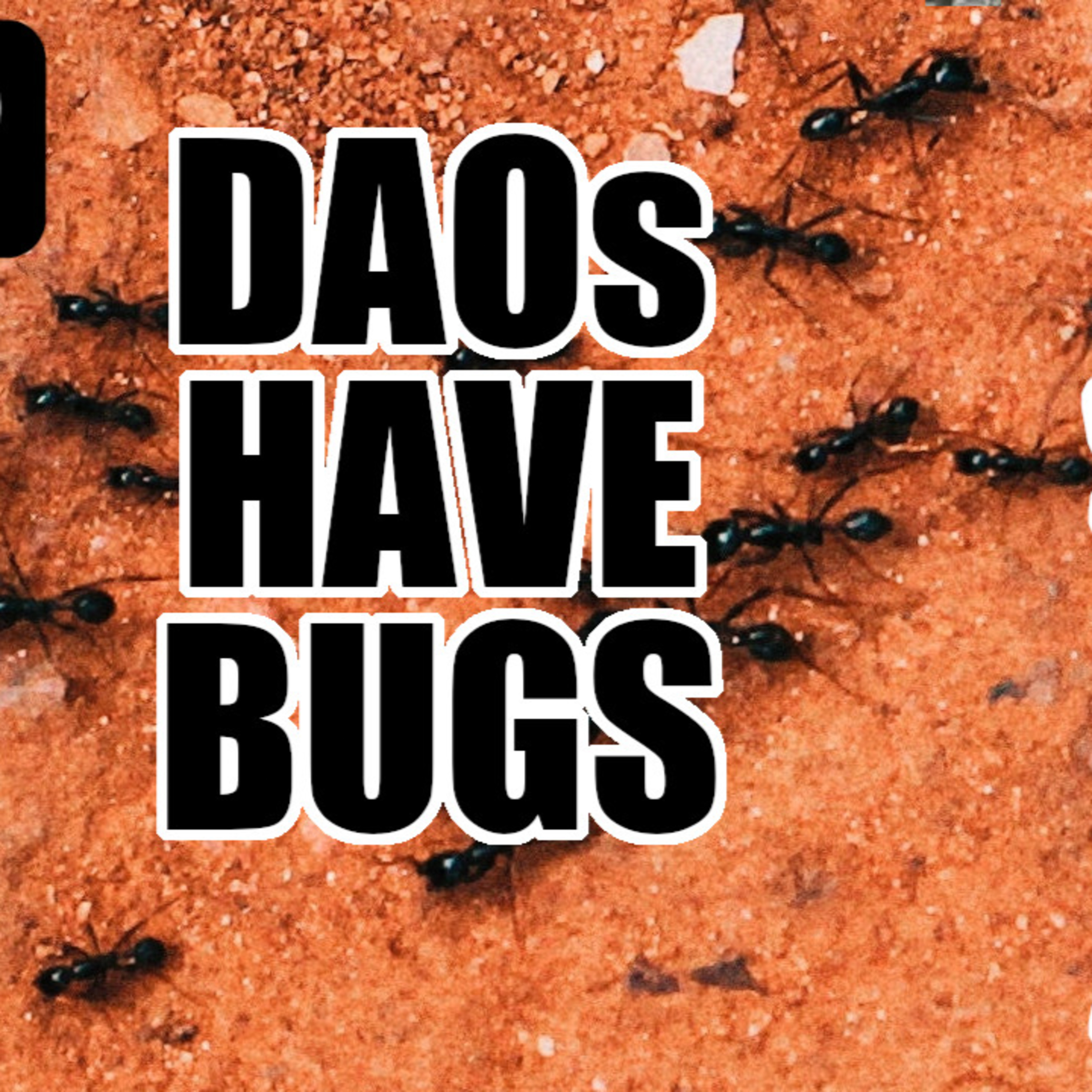
BlockchainGandalfDAOs Have BugsDecentralized Autonomous Organizations (DAOs) are automated voting systems, which (sometimes) happen to have large sums of cryptocurrency assets at their disposal for their members to vote on.
And by "vote on", I mean that the members (the people who have voting tokens for the DAO) get to decide where that money goes through a voting procedure.
Unless the DAO contains bugs. In which case, a malicious hacker gets to decide where that money goes. Which is usually into the hacker's pockets.
More on that in this episode.
PS: A test engineer...
2022-02-2103 min
BlockchainGandalfWhat is a DAO?If you're having difficulties understanding DAOs, it may be that it's because you're thinking about companies from the perspective of an employee (which is what most of us are), rather than as an active shareholder or board member (which most of us are not).
More on that in this episode.
2022-02-2103 min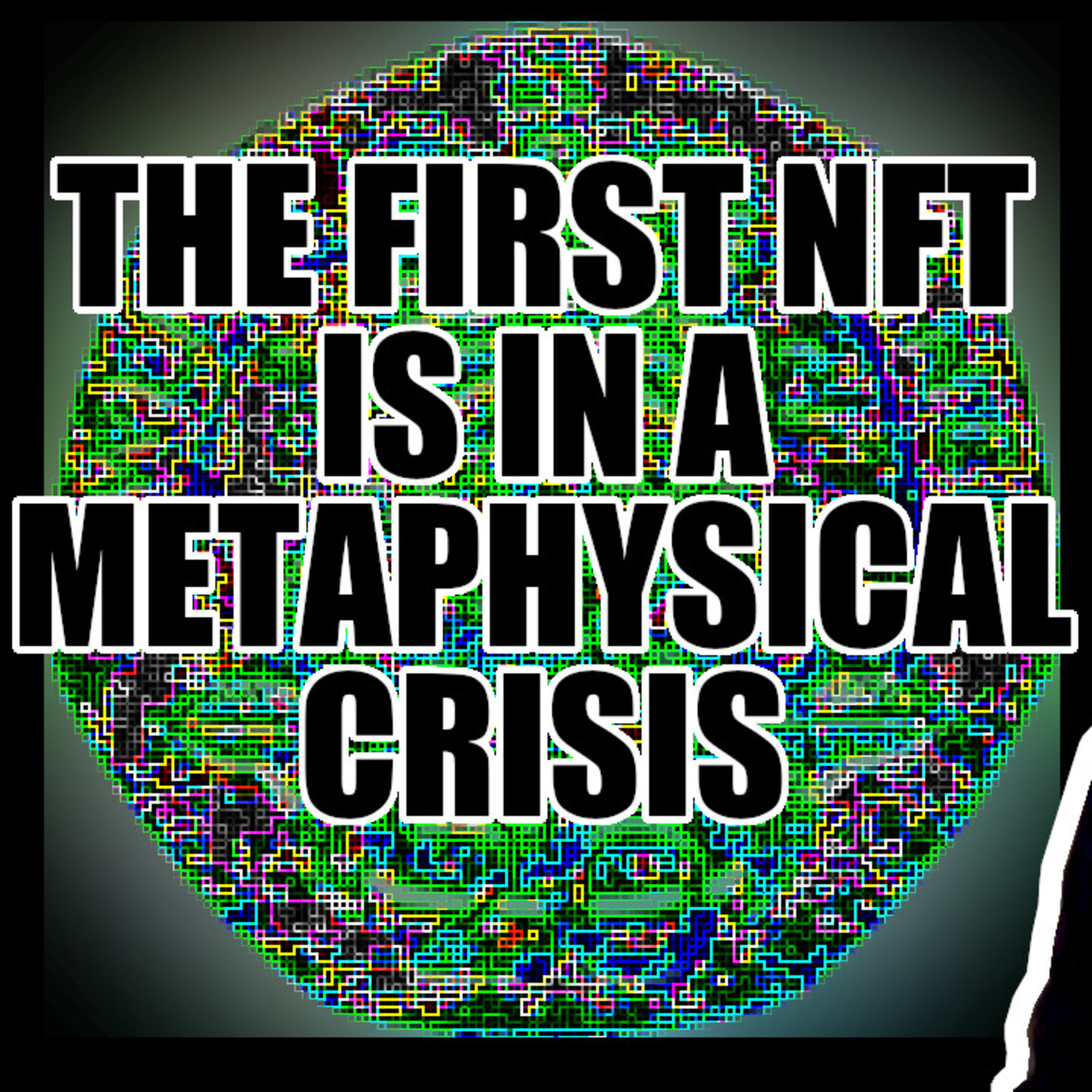
BlockchainGandalfThe first NFT ever is in a legal and metaphysical crisisDid you know that the first NFT was minted way back in 2014? Neither did I, but Anthony Day helpfully pointed me at an article about the problems currently surrounding it - https://www.ledgerinsights.com/sothebys-sued-over-quantum-nft-auction
The artwork the NFT (or NFTs, as you will understand if you watch the video) points (or point) to is called Quantum, and looks like a British 20 pence piece that went to too many raves in the late eighties.
An NFT (not _the_ NFT, as you will understand if you watch the video) that points to the artwork and...
2022-02-1406 min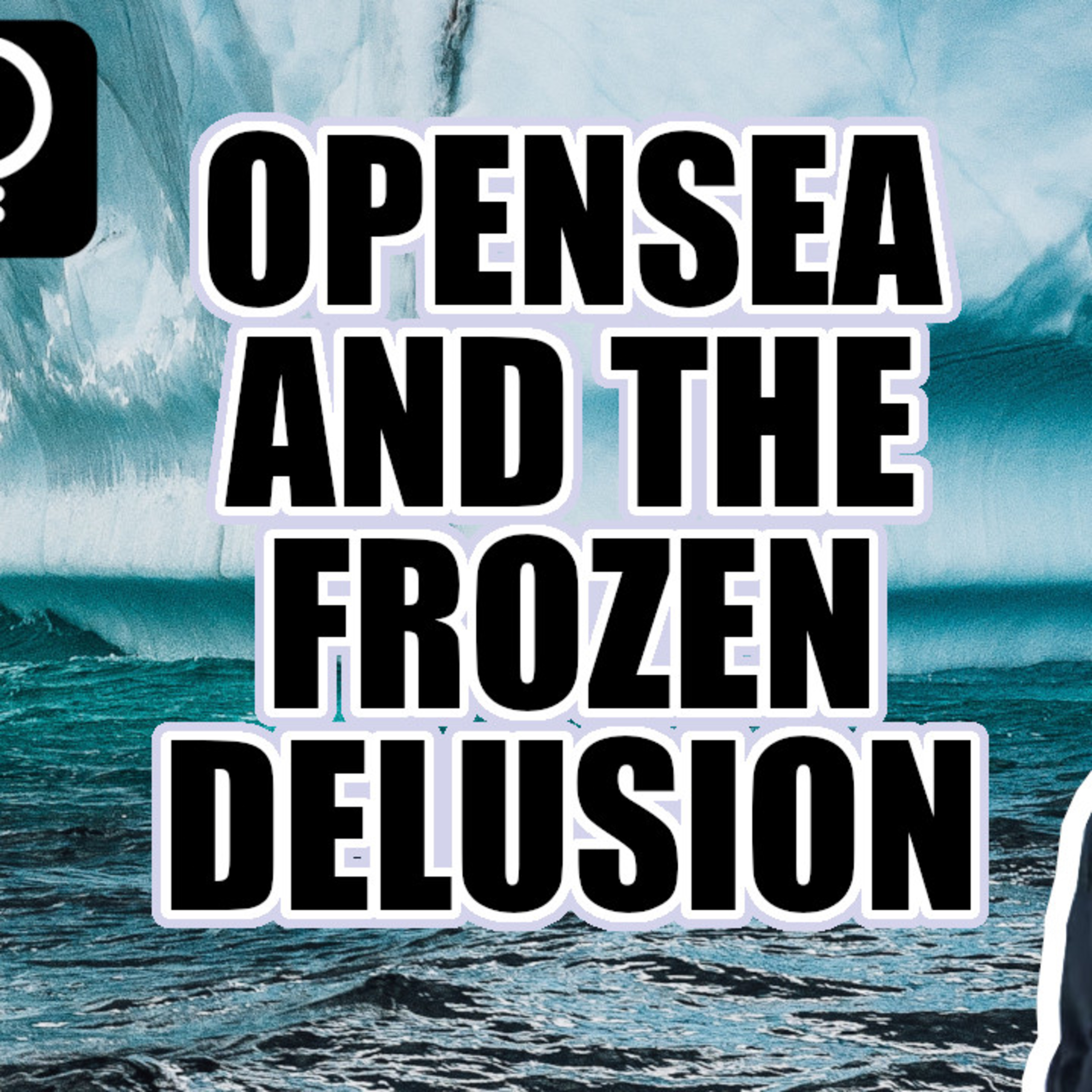
BlockchainGandalfOpenSea and the Frozen Delusion"This item's metadata was permanently locked and stored in decentralized file storage."
Those word can be found in the details presented for many of the NFTs listed on OpenSea.io.
They make you think that your NFT can never change - the traits and the image are locked down forever, right?
Wrong.
In this episode I explain - using the Bored Apes Yacht Club NFTs and NFT contract as an example - how misleading those words are.
And I have a little rant at the end, which may be...
2022-02-1004 min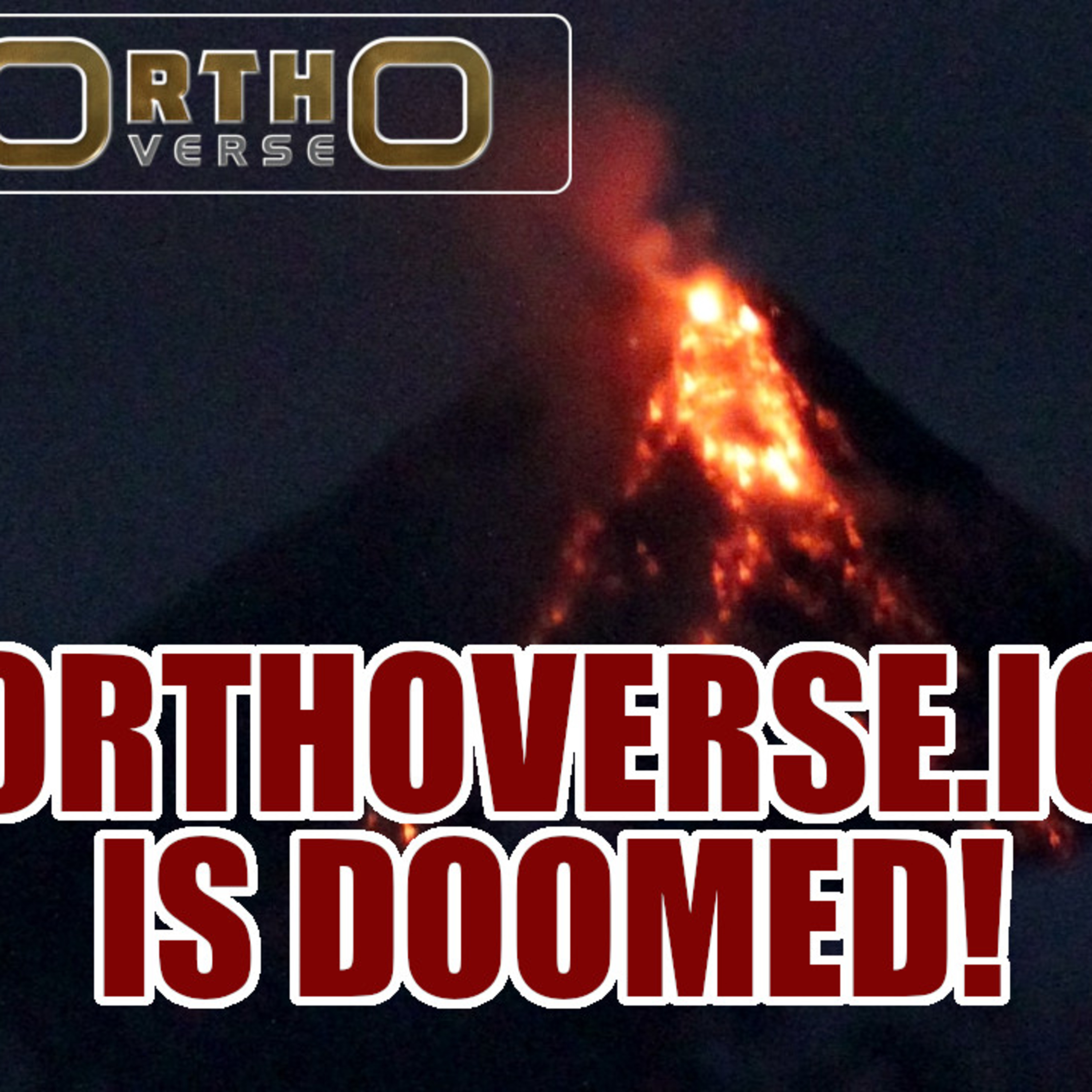
BlockchainGandalfORTHOVERSE.IO IS DOOMED!How should a well-managed efficient NFT project be run in order to maximize the chances of success?
There is a well-structured format to NFT projects these days (a road-map if you will) that every project now seems to follow.
In this episode, I explain how Richard Piacentini and myself decided to throw the rule-book out of the window, and do the opposite pretty much every single step of the way.
If you want to see what the project is about - it is to be found at https://orthoverse.io
If...
2022-02-1011 min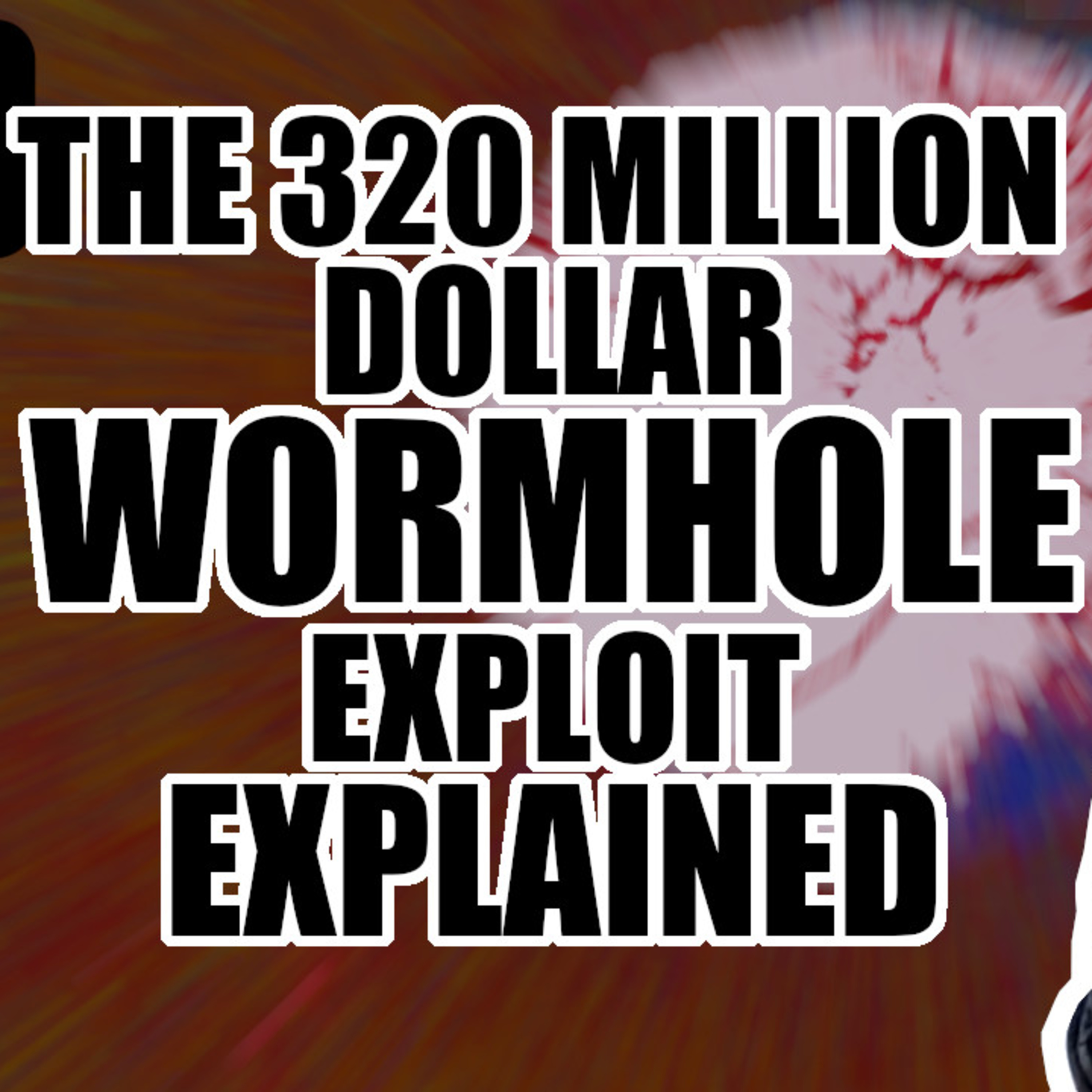
BlockchainGandalfThe 320 million US$ Wormhole hack explainedA few days ago hackers made off with about a hundred thousand ETH due to a security flaw in a cross-chain bridge protocol called Wormhole.
The protocol bridges assets between a number of chains, including Ethereum and Solana.
In this episode, I explain how the heist was pulled off, using an analogy.
2022-02-0506 min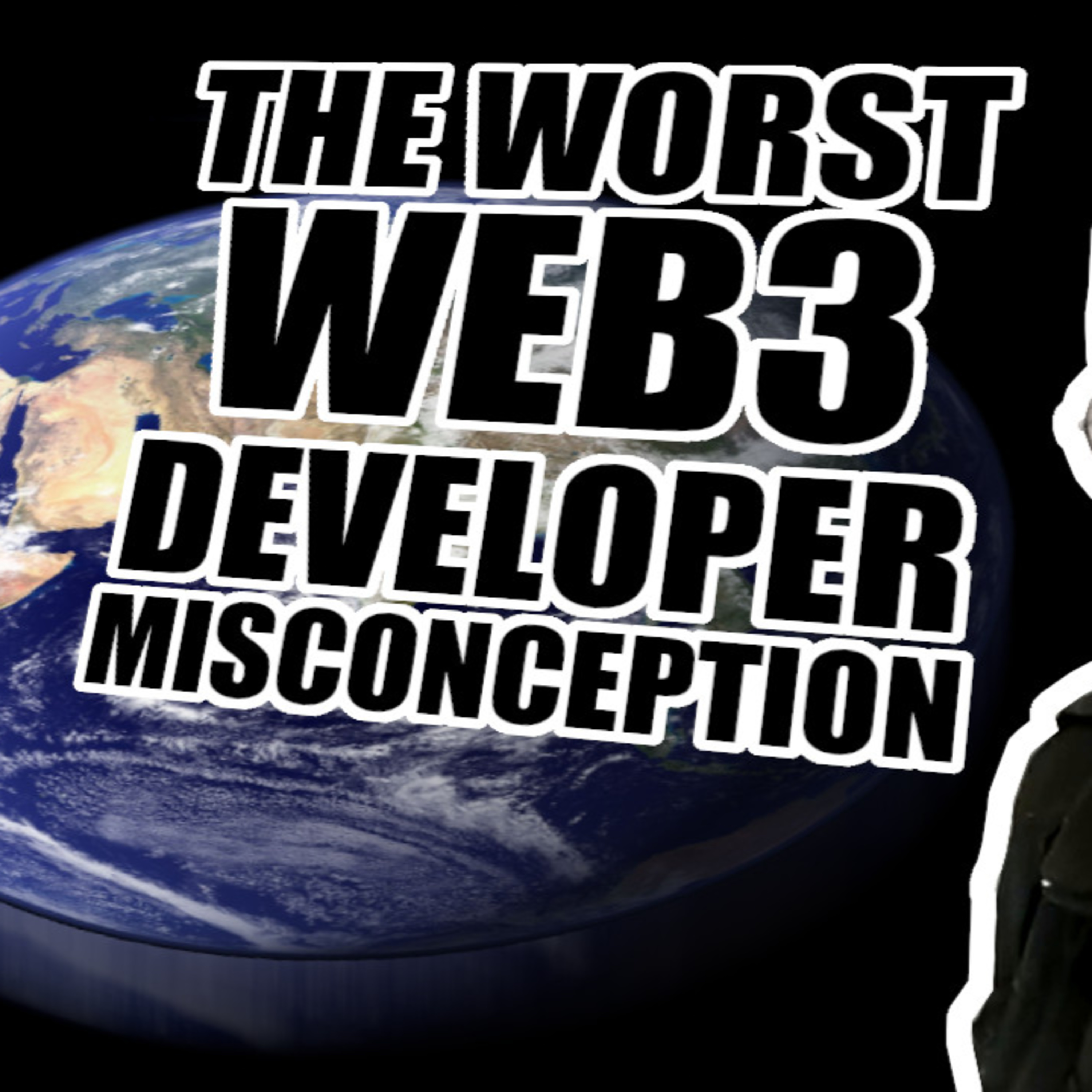
BlockchainGandalfThe worst web3 developer misconceptionI've now talked to and heard enough reports from other smart contract developers who have encountered the same thing: web3 developers who don't understand one simple fact about the blockchain world.
And if you don't understand that fact, even if you know how to write ethers.js or web3.js code in your React website, you're not really a web3 developer.
Listen to this episode to find out what it is, and why it's concerning.
2022-02-0502 min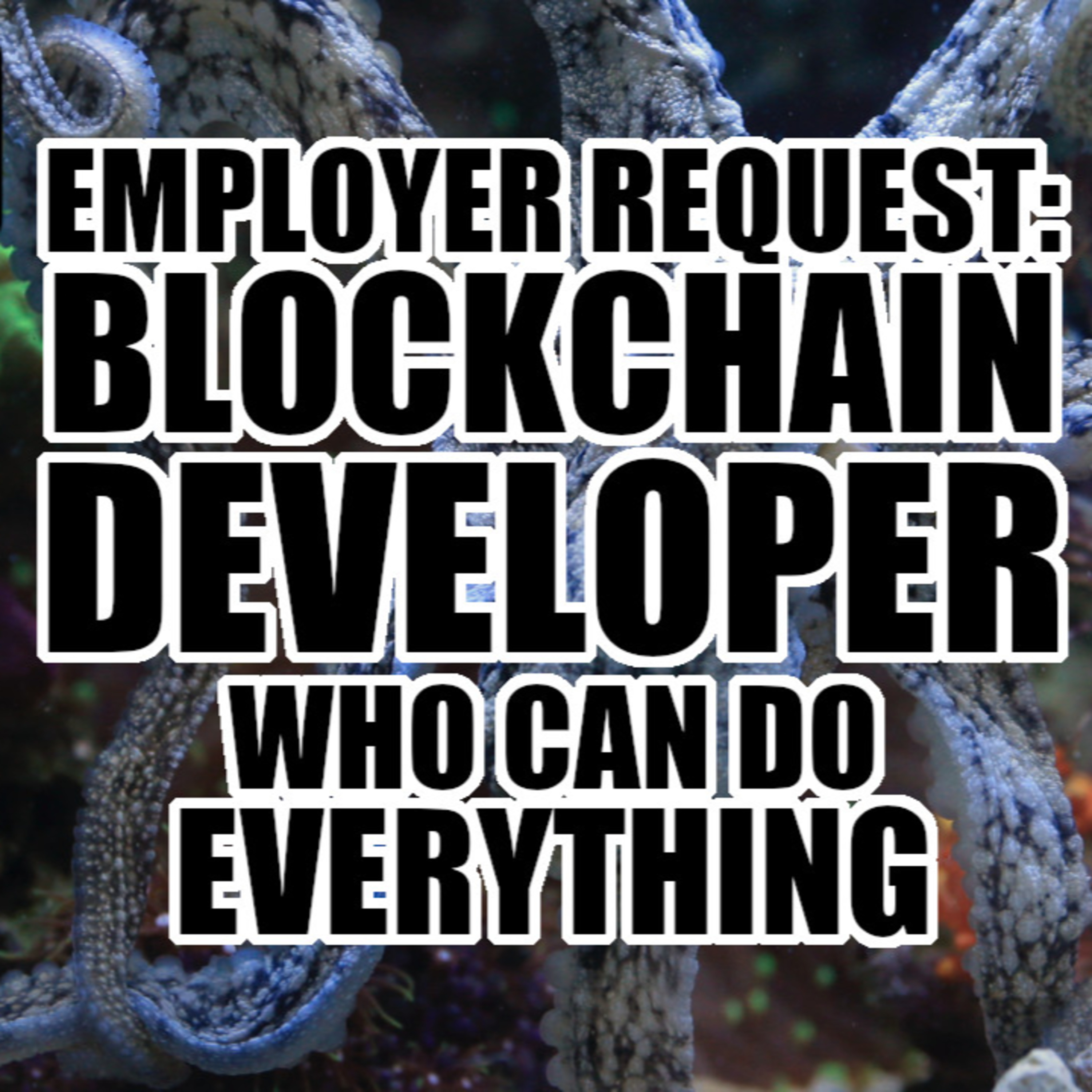
BlockchainGandalfWanted: blockchain developer who can do everything.No, this is not me advertising an open position.
These are the kinds of job adverts I'm seeing in my inbox these days.
The salary ranges may be more realistic than they were three months ago, but the job descriptions have expanded to the point where they are longer than my resume. And there are probably only ten people on the planet who could both do the job, and who would want to.
You can listen to the episode, or read this summary:
Offering half a million dollars for a job th...
2022-02-0206 min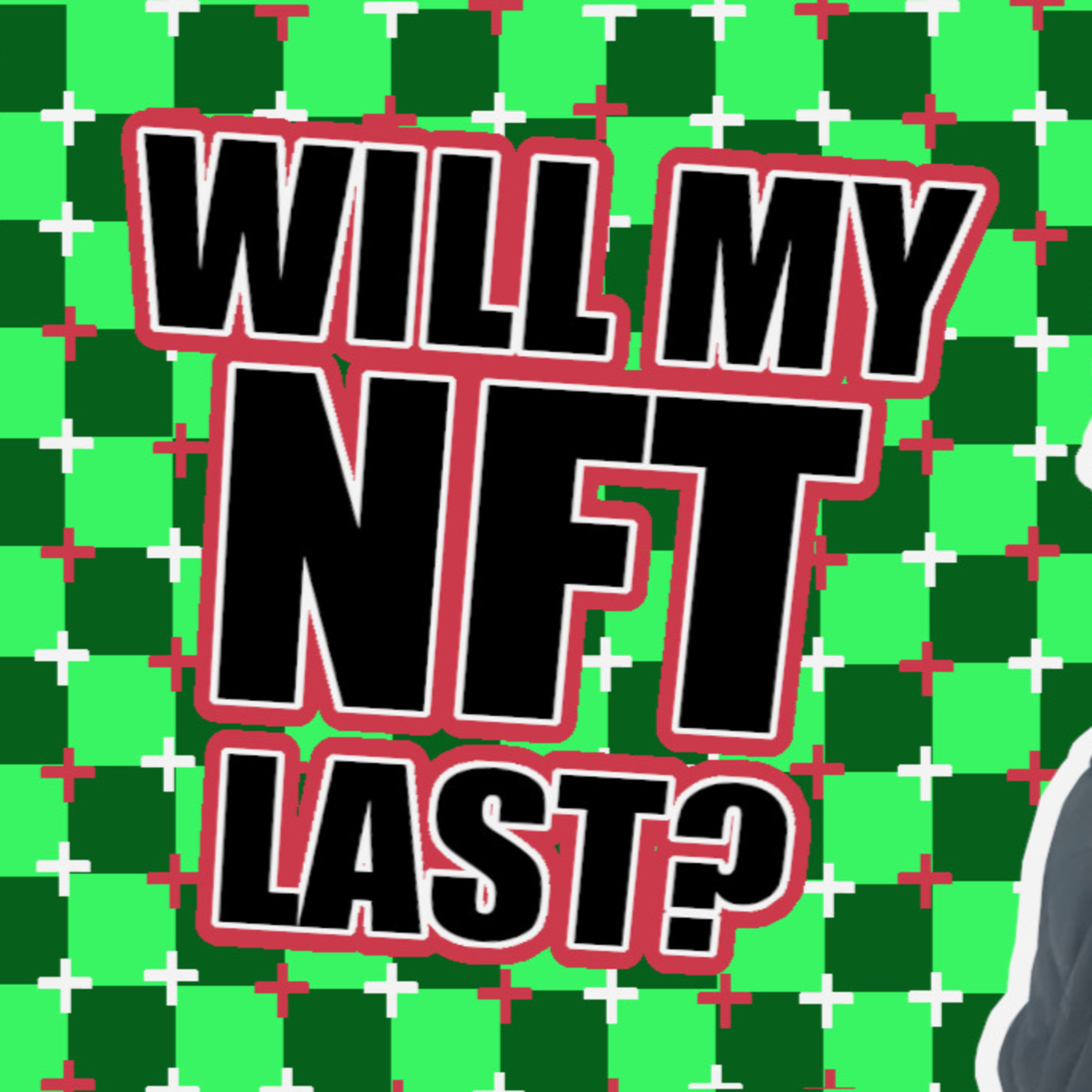
BlockchainGandalfWill my NFT last?Welcome to the NFT metadata persistence problem.
Art NFTs and Collectible NFTs usually follow the same data pattern: the NFT points to a metadata file, which points to an image file.
The problem is that if the metadata and image file are hosted on a third-party server, and that server disappears, then the NFT points to nothing, and its perceived value will drop.
If the metadata and image file are on the IPFS, persistence is also not guaranteed. There still has to be someone out there with a copy of the files on...
2022-02-0205 min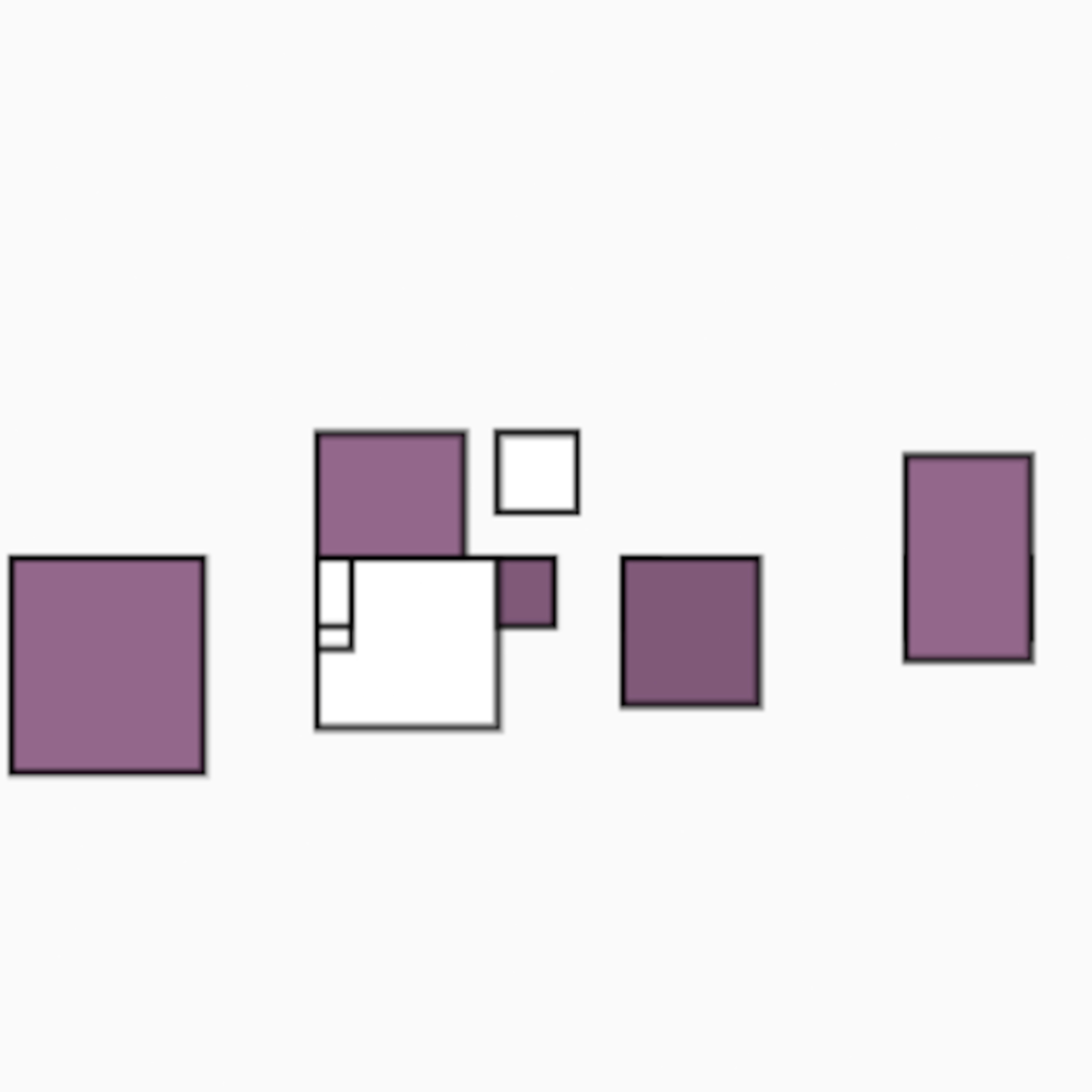
BlockchainGandalfNFTs, Or: How I Learned to Stop Worrying and Love the CommunityIn which our intrepid hero talks about why, despite having no use and conferring no real ownership of the artwork, NFTs are still booming.
2022-01-3010 min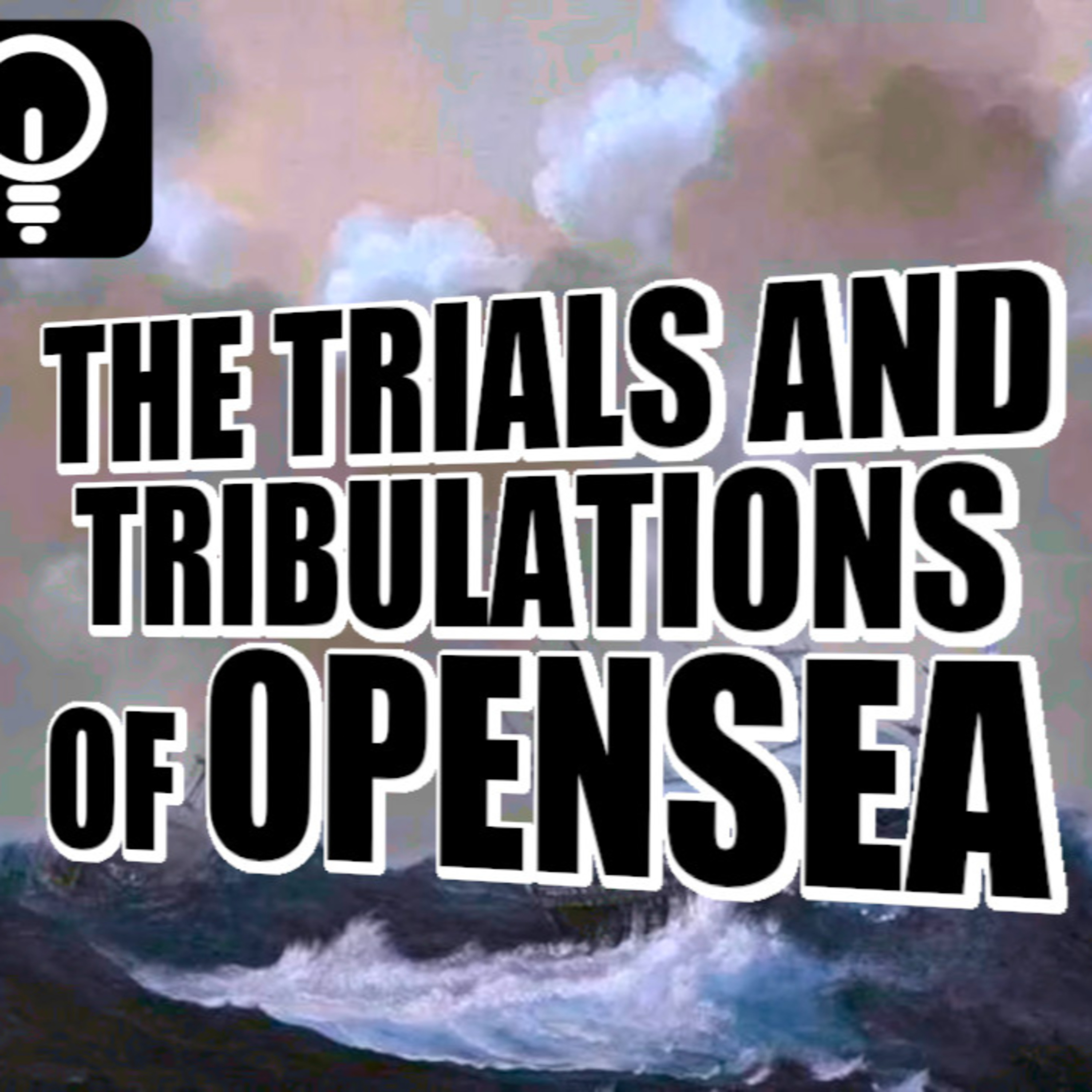
BlockchainGandalfThe trials and tribulations of OpenSeaOpenSea hasn't just offered the world a rather average looking NFT trading platform. It's also provided us with an excellent set of lessons concerning the risks posed by smart contracts and bad design.
In this episode, I look at the recent problems they have faced, in which people's tokens are being bought at below-market prices and then instantly flipped for huge profits, due to a series of smart contract, web interface, and user experience design mistakes made by OpenSea.
As such, it offers a lesson in:
👍 what "approving transfers of tokens" is (and how...
2022-01-2812 min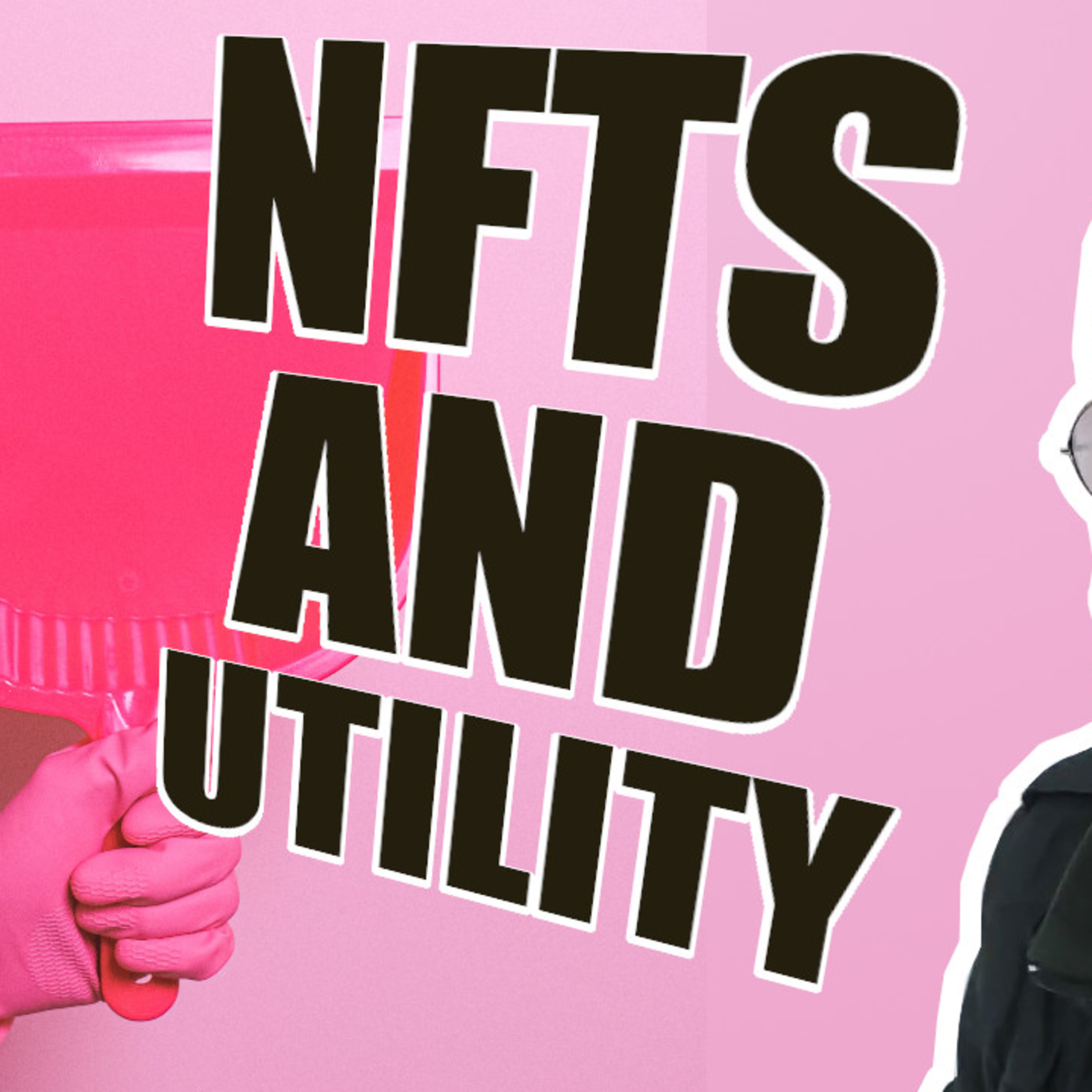
BlockchainGandalfNFTs and UtilityCollecting NFTs that point to artwork you like, and are part of a community you enjoy belonging to is lovely.
But there is so much more that NFTs can do. We're already seeing NFTs gain utility features, such as giving you access to members-only Discord channels.
In the future, I predict that NFTs will gain all sorts of other super-powers. But - problems arise when those super-powers are provided on centralized platforms.
More on that in this epiaode.
2022-01-2205 min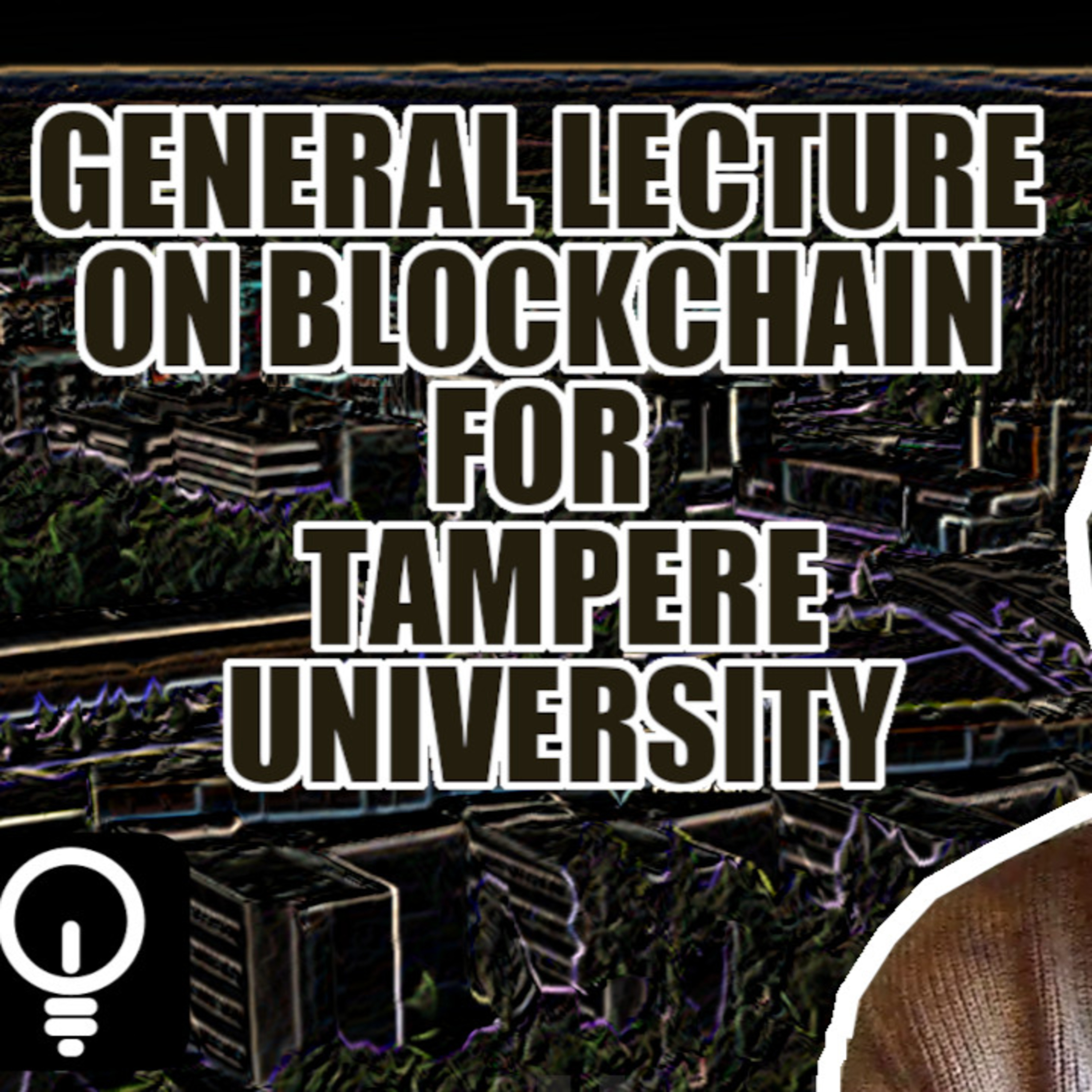
BlockchainGandalfGeneral Lecture on Blockchain for Tampere UniversityToday I gave a lecture on Blockchain for the Emerging Technologies group at Tampere University.
The focus is less on how blockchain technology works, and more on the problems it aims to solve, and why it is significant, and so I talked more about the history, psychology and sociology of blockchain, rather than going into computer science, cryptography, or consensus algorithms.
I place a copy here for anybody who would like a gentle introduction to the topic (and for anyone who meant to be at the lecture, but overslept or forgot).
2022-01-211h 20
BlockchainGandalfHow to assess Web3 development contractorsYou've got your project sorted - tokenomics, value proposition. community building, marketing, and smart contract development are all in place. But you need a company or person to build the front end for you.
How do you determine whether they're competent or not when it comes to web3 work?
In this episode I provide a simple practical checklist that you can use to make your decision, which is summarized here:
📃 - do they have samples of previous work
✉️ - does the sample page handle the following well:
* switches chain if your w...
2022-01-1804 min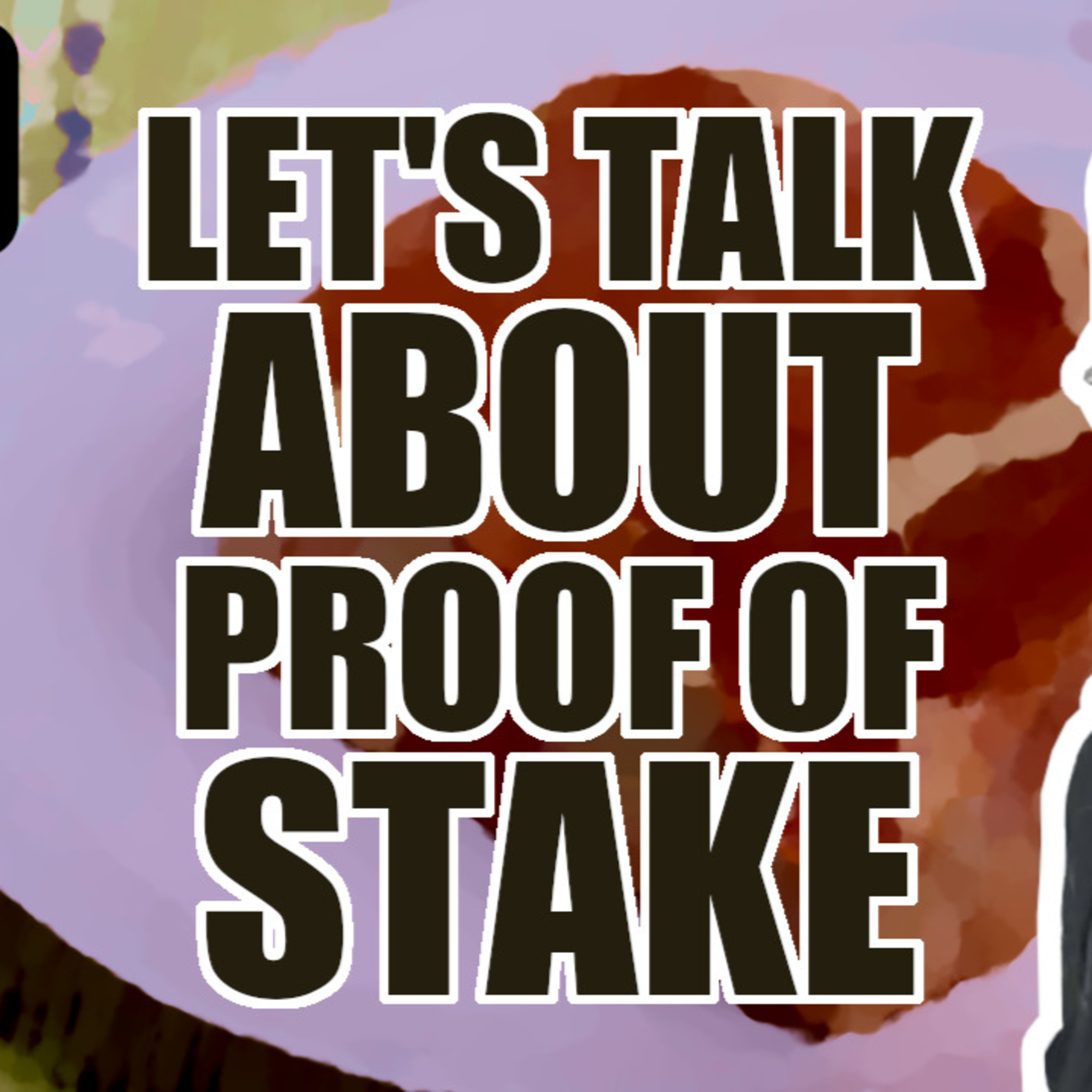
BlockchainGandalfLet's talk about Proof-of-StakeWe all know that proof-of-work is energy intensive, which means that cryptocurrencies such as Bitcoin and Ethereum currently have to defend themselves against charges that the environmental damage they are causing is not outweighed by the current or future benefits they offer.
This means that if someone sees no value in a decentralized currency/store of value/whatever the cryptocurrency is ... then you can't win the argument.
Ethereum has taken the approach that side-stepping to proof-of-stake, thereby removing the attack, is the best approach.
But how good is proof-of-stake as a replacement for...
2022-01-1606 min
BlockchainGandalfWhy is Web3 identity different to Web2 (part 3)What is the user experience for web3 identity going to be like?
Initially, very much like the web2 experience is for users who are wise enough to use a password manager.
Provided the web3 sites get their own ux designs in order.
More on that in this expisode.
2022-01-1204 min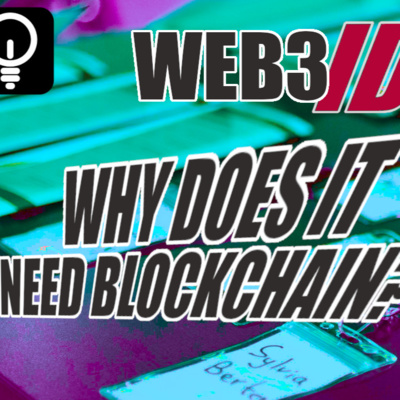
BlockchainGandalfWhy is Web3 identity different to Web2 (part 2)Okay, so Web3 uses asymmetric key cryptography as the basis for identity and authentication.
Why do we need the rest of blockchain then?
Answered in this episode. Well, it's an answer. Of course, given blockchain, it's not _the_ answer.
2022-01-1203 min
BlockchainGandalfWhy is Web3 identity different to Web2 (part 1)The three authentication mechanisms are:
1️⃣ Something you know
2️⃣ Something you have
3️⃣ Something you are
But what about a fourth one: something only you can do?
In this video, I look at the fundamental different between identifying yourself to a Web3 website using a blockchain wallet, and Web2 using a username and password.
It has to do with asymmetric key cryptography.
In part 2, I will talk more about why blockchain is an important piece of the puzzle for a number of different reasons (because what I talk about i...
2022-01-1003 min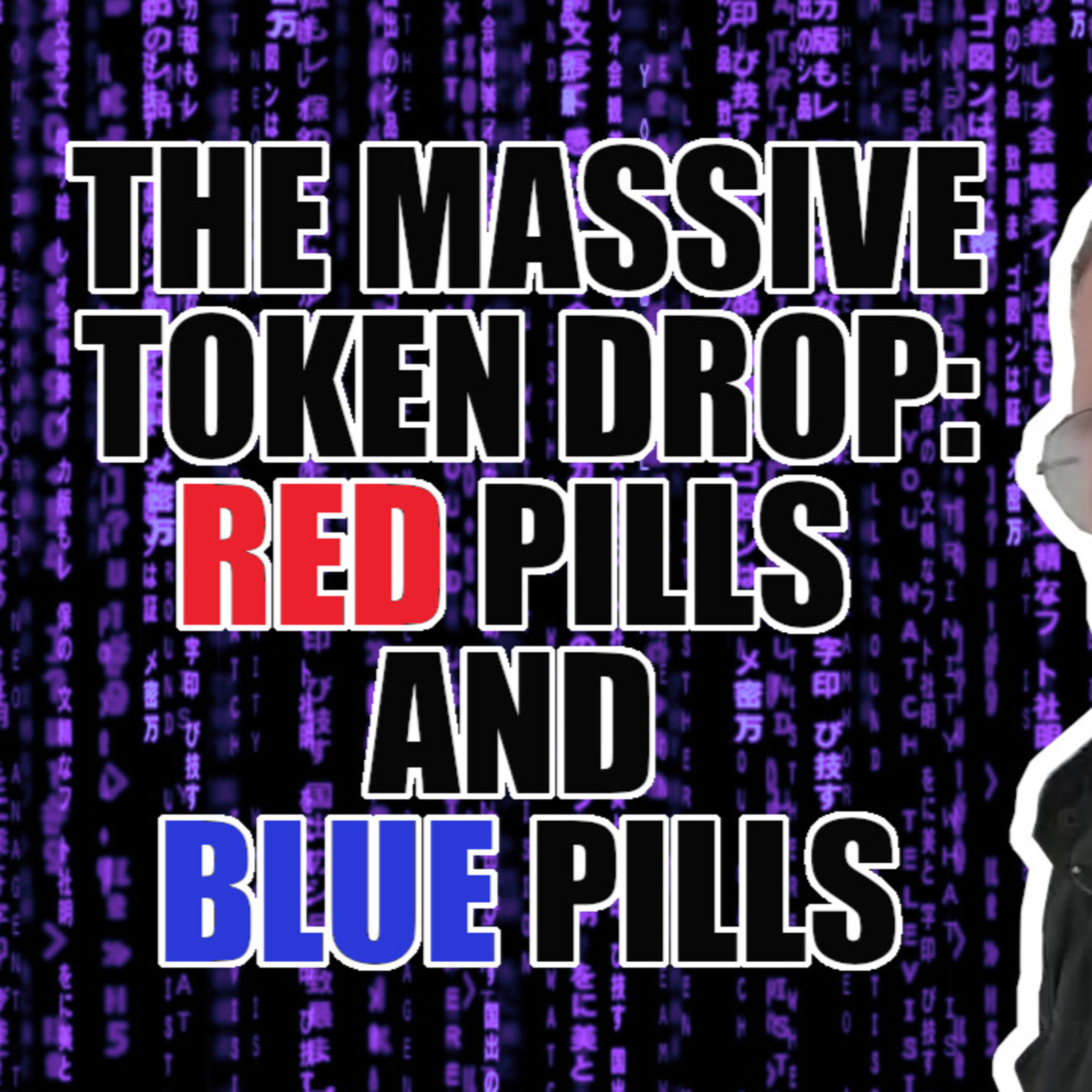
BlockchainGandalfTake the red pill, or take the blue pill?In this video I talk about how I airdropped 100 DETS tokens to every single one of the 1.5 quindecillion Ethereum addresses.
In the process I examine different layers of meaning in blockchain systems, from the raw ones and zeroes on hard disks around the network, through data structures, smart contracts, and right up to the presentation layer in the form of web3 that actually shows users what they own.
The key word in the previous sentence is "meaning". Because ones and zeros don't have meaning in and of themselves. We construct that meaning as a society...
2022-01-0917 min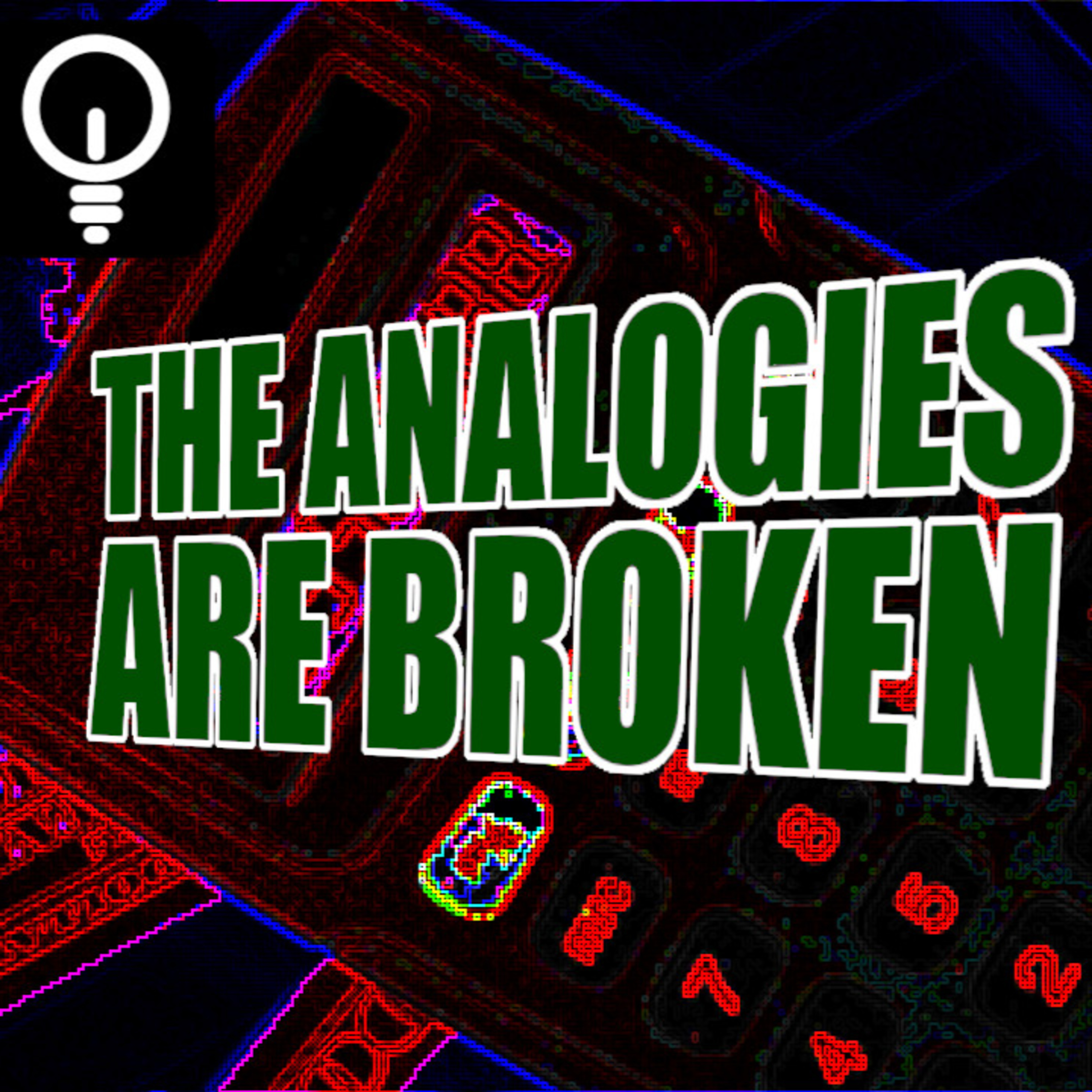
BlockchainGandalfJournalists misreport because the analogies are brokenI regularly read news reports in which it is plain that the reporter writing the report hasn't really understood what is going on the blockchain, DeFi or crypto world.
And it's not their fault - they're trained writers, not blockchain experts.
The problem is exacerbated by the number of analogies that have taken hold in the space.
In this video I talk about this, using some of the bad analogies as examples of the problem.
The solution? Presumably, better analogies.
And journalists who will listen.
2022-01-0803 min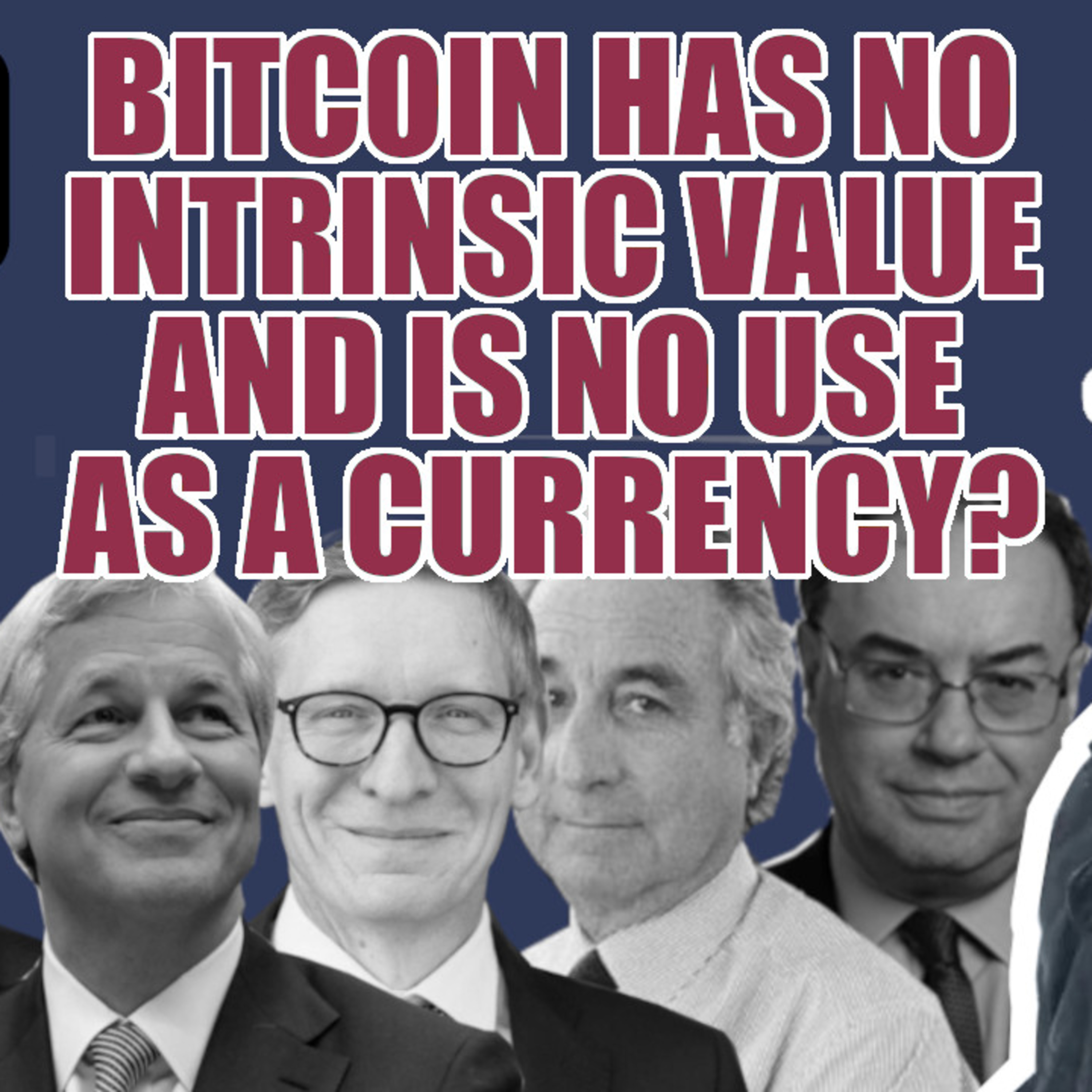
BlockchainGandalfIs cryptocurrency useless and dangerous?The masters of the current financial institutions would have us think so, and have been mounting a campaign with increasing frenzy over the last year to push forward this opinion.
The same tropes are trotted out again and again.
One of those tropes contains a logical contradiction.
But who ever expected propaganda to be logical and consistent?
2022-01-0810 min
BlockchainGandalf$SOS and the WhalesBy looking further into the structure of the $SOS token contract, I am fairly convinced that it doesn't allow the deployers to drain your wallet of funds.
However, there are always more concerns surrounding smart contracts than just the code that is there on the blockchain.
I mentioned in the previous video on this topic that I was not entirely sure about the digital signing function for claiming $SOS, based on your activity on OpenSea.
And indeed, some people have determined that the OpenDAO project devs can arbitrarily sign fund allocation transactions, meaning...
2021-12-2905 min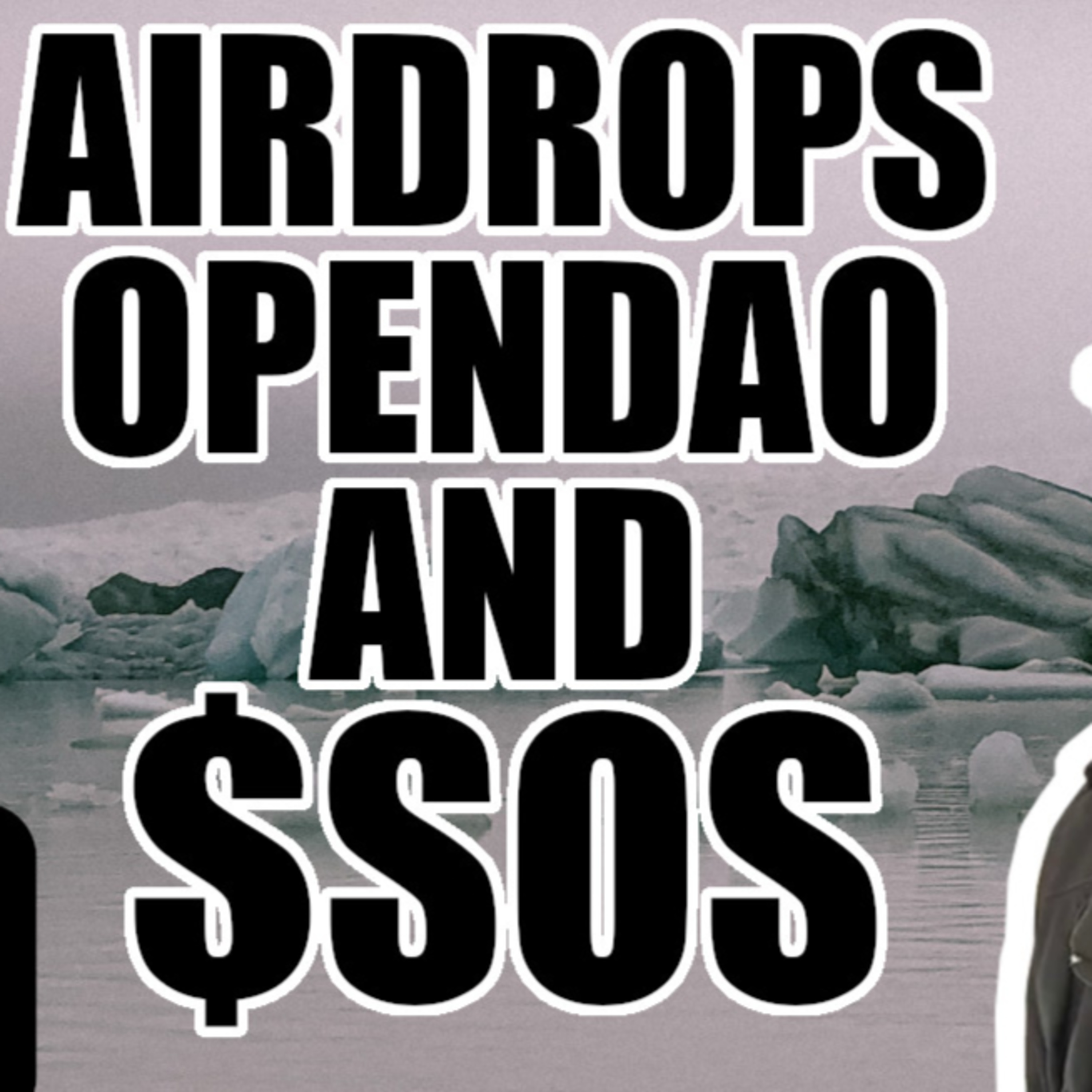
BlockchainGandalfAirdrops, OpenDAO, and the $SOS TokenAirdrops are giveaways, where a project hands out tokens for free in order to drum up interest in the project, hopefully increasing the user base and/or the price of the token given away.
There are risks associated with airdrops though - they offer a great opportunity to scam artists. For example, you may think you're getting a token, but be tricked into signing a transaction that allows a smart contract to siphen off your NFTs and crypto.
Here follows the obligatory disclaimer - what follows is not financial advice, so do your own research.
2021-12-2610 min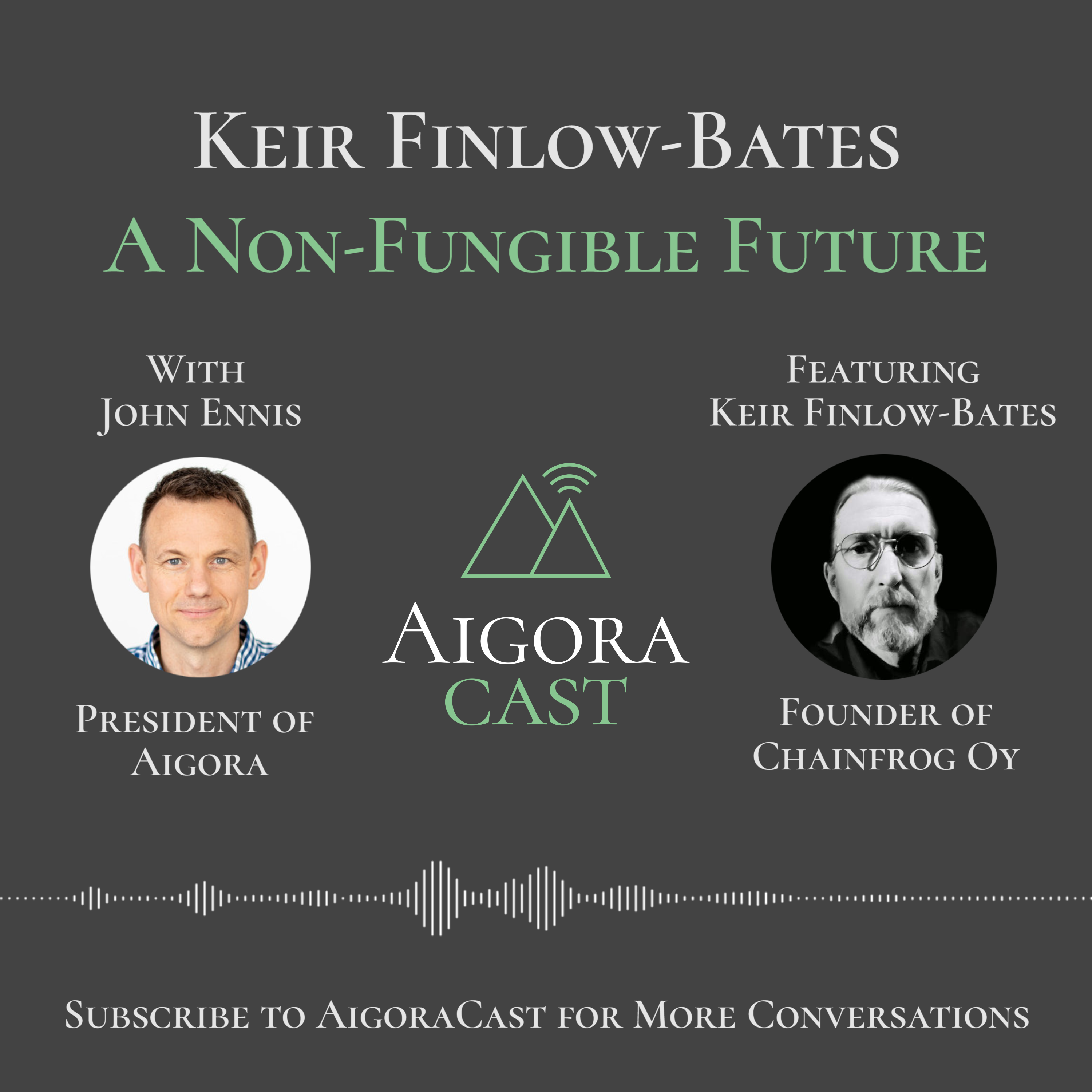
AigoraCastKeir Finlow-Bates - A Non-Fungible FutureKeir Finlow-Bates is the author of "Move Over Brokers: Here Comes The Blockchain" (https://mybook.to/moveover), the founder of Chainfrog Limit (one of Finland's earliest blockchain startups), and a prolific inventor of blockchain technologies with 43 patents to his name. Becoming interested in blockchain in late 2009, he has researched it full-time from 2016 onwards. Before that most of his 20-year career was spent as a software test engineer and manager, with a few short stints as a mathematics lecturer and a technical writer. Keir lives in Finland with his Finnish wife and eight children, none of...
2021-12-2136 min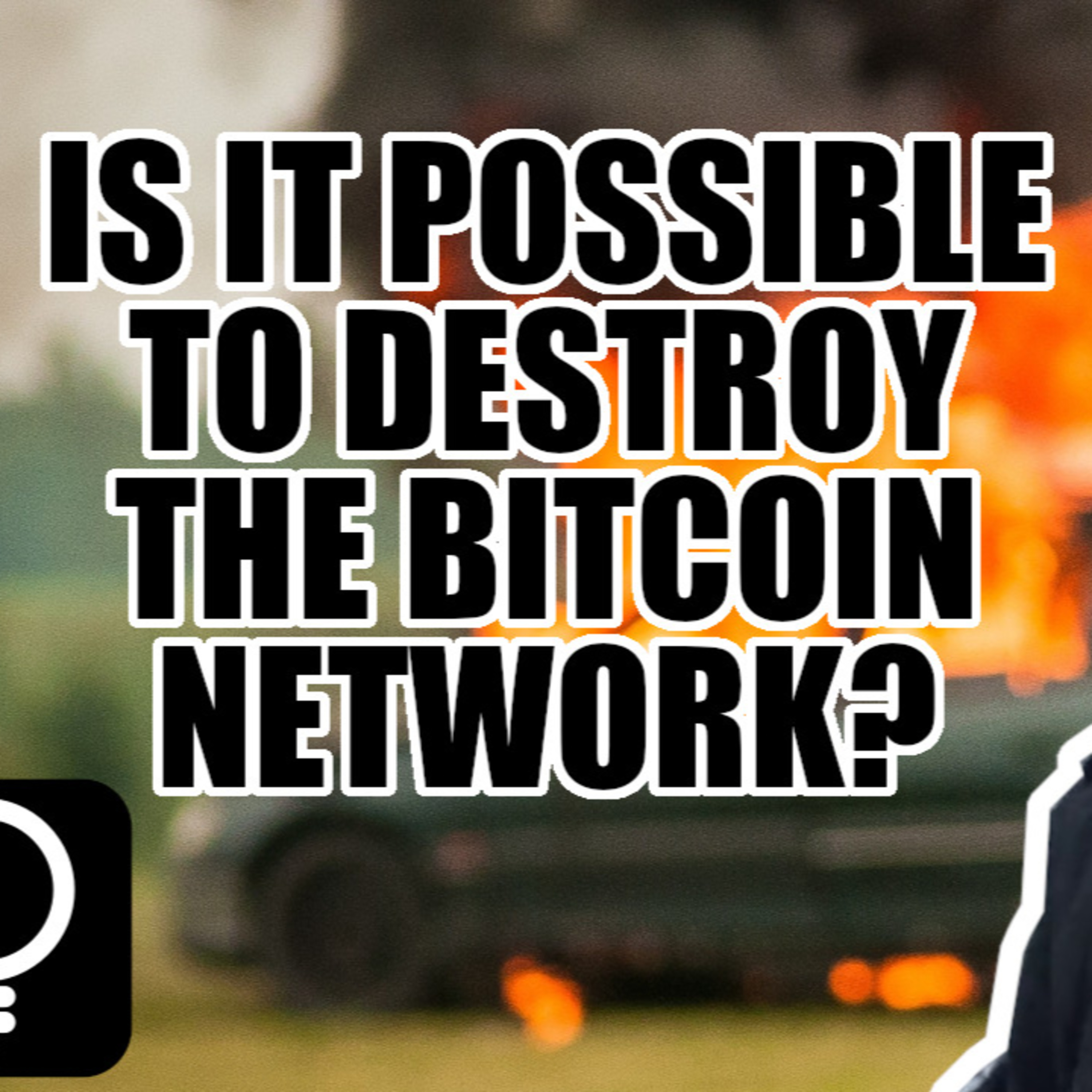
BlockchainGandalfIs it possible to destroy the Bitcoin network?I was asked over the weekend if I could think of any way to bring down Bitcoin. Of course, "impossible is nothing", so there may well be a way. But I can't see what it would be.
Technically, it seems very unlikely to me that one wealthy actor could destroy Bitcoin, and I cover 51% attacks, quantum crypto cracking, and ordinary key/hash function cracking in the video and explain why they won't work.
Legally - well, the evidence from Russia and India is that it's ineffective. It's like trying to ban particular thoughts. In any...
2021-12-2010 min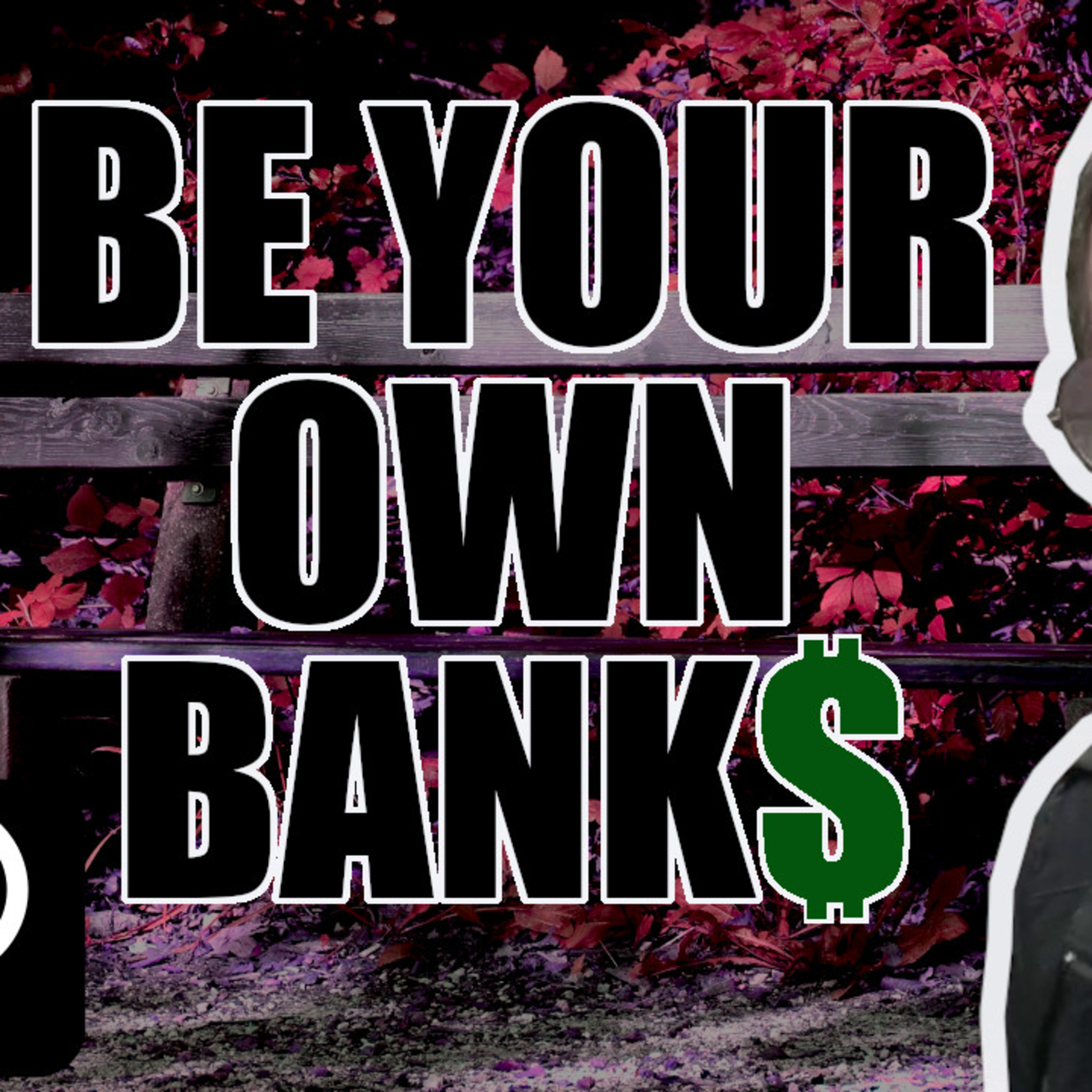
BlockchainGandalfBe your own banks (plural)Why do Ethereum addresses work on Polygon and Binance Smart Chain?
If you create an Ethereum address in your wallet (for example MetaMask), the same address can be used on other EVM compatible layer 2 chains, such as Polygon Matic and Binance Smart Chain.
The reason is because these sidechains use the same digital signing algorithm and blockchain address derivation function. It's like creating a bank account number at one bank, and finding that the same account number now exists and can be used in other banks in other countries.
Perhaps the catchphrase "be your...
2021-12-1407 min
BlockchainGandalfBeware the algorithmWe all know that social media platforms use complicated algorithms to determine who gets shown what.
But are they really that complicated? And if they are, do they need to be?
In today's newsletter, which I have read out to create this podcast, I put forward a very simple formula to determine when your LinkedIn post has peaked.
Who knows, perhaps it even works. Why don't you try it and let me know?
2021-12-1312 min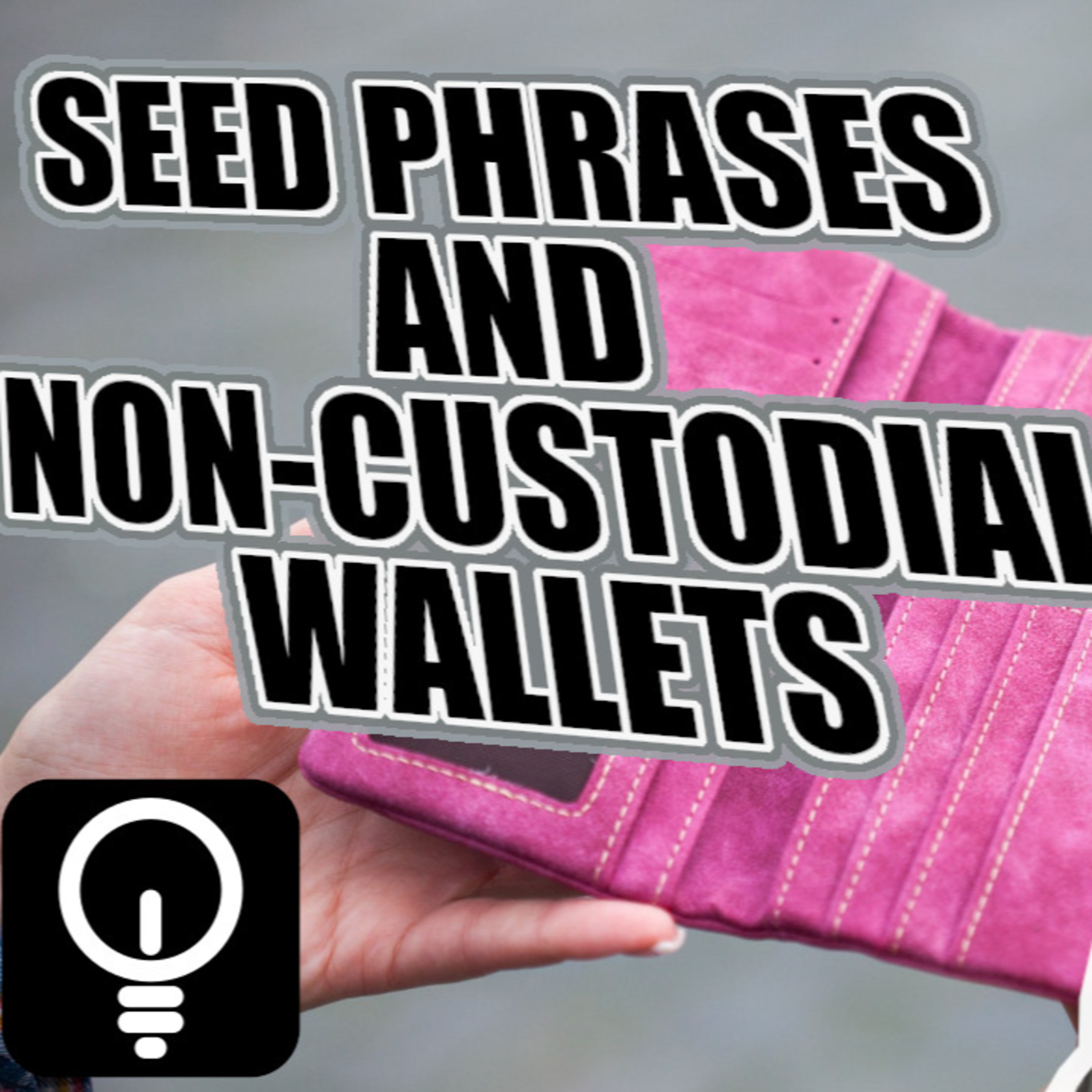
BlockchainGandalfSeed phrases and hierarchical deterministic walletsWhat exactly is a seed phrase? Or an HD wallet?
In this video, I explain how a seed phrase is converted to a "master key" for your crypto-wallet, and why as long as you have your seed phrase (and no one else does) you can use it to set up and use a wallet on any device.
This is what non-custodial wallets are all about - your seed phrase is the key to accessing and controlling your blockchain addresses, and hence your digital assets (crypto, NFTs, or other) and ultimately your identity on the blockchain.
2021-12-1204 min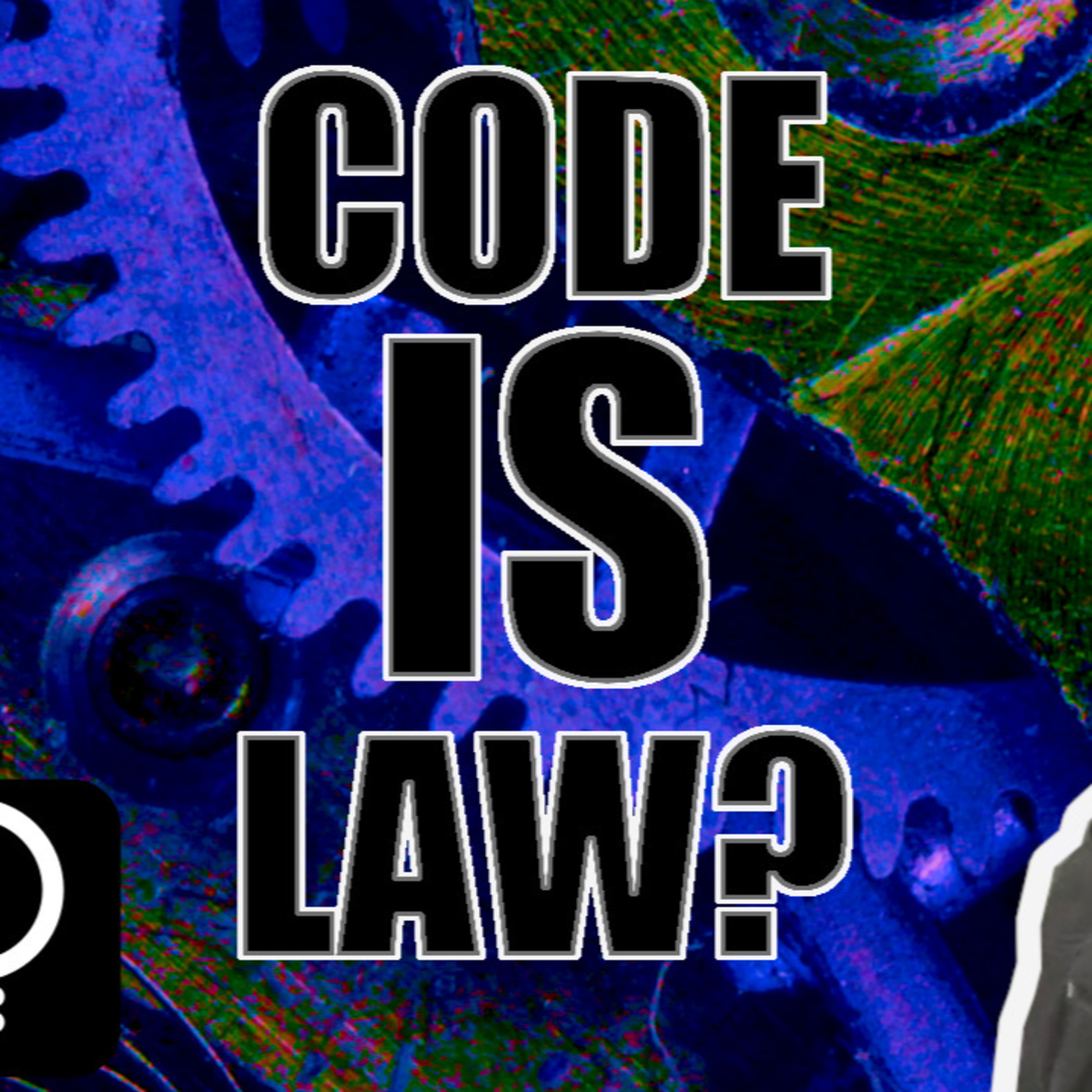
BlockchainGandalfCode is law?I don't stand by the smart contract principle that is espoused by some, that is summed up in three words: code is law.
As a former test engineer, it's all to clear to me that there will always be bugs in any computer program that does something complicated or contains more than ten lines of code. Or in the platform, interpreter, or operating system running underneath it.
Behind all computer programs there is an intent, and the code is an attempt to capture that intent.
In specific cases where DeFi protocols move large...
2021-12-1104 min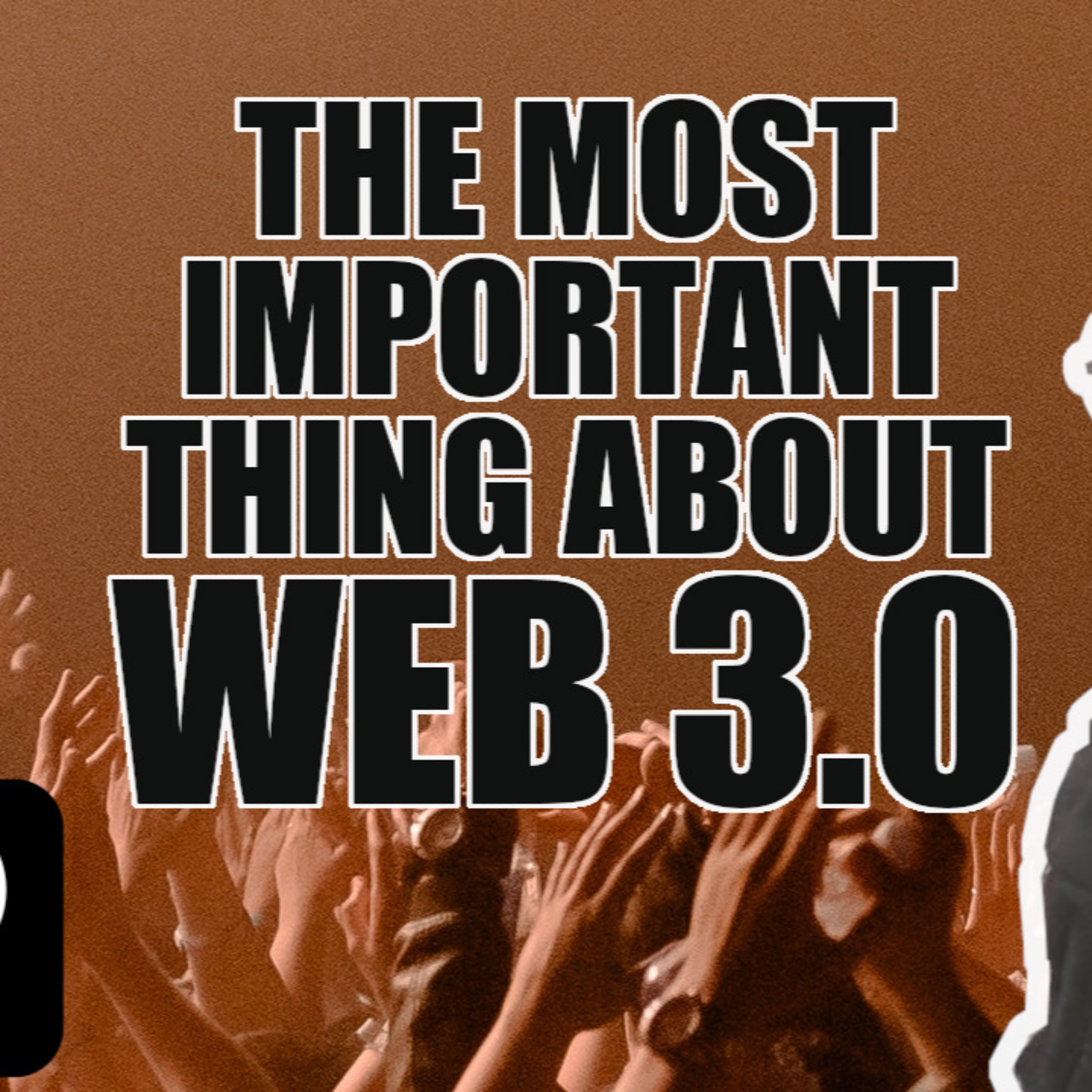
BlockchainGandalfThe most important thing about Web3Most important to me?
The potential for web3 and a digital wallet (browser or otherwise, but probably browser to begin with) to be used as a replacement for OAuth or other identification systems. No more "log in with Google/Facebook/Twitter". Instead, I can have accounts on many platforms and servers where IAM is handled using my decentralized controlled-only-by-me (if I'm careful with my keys) identity.
Some people may take a very reductionist view would be to consider your identity as "data", thereby considering data ownership to be the most important thing. But identity is...
2021-12-1003 min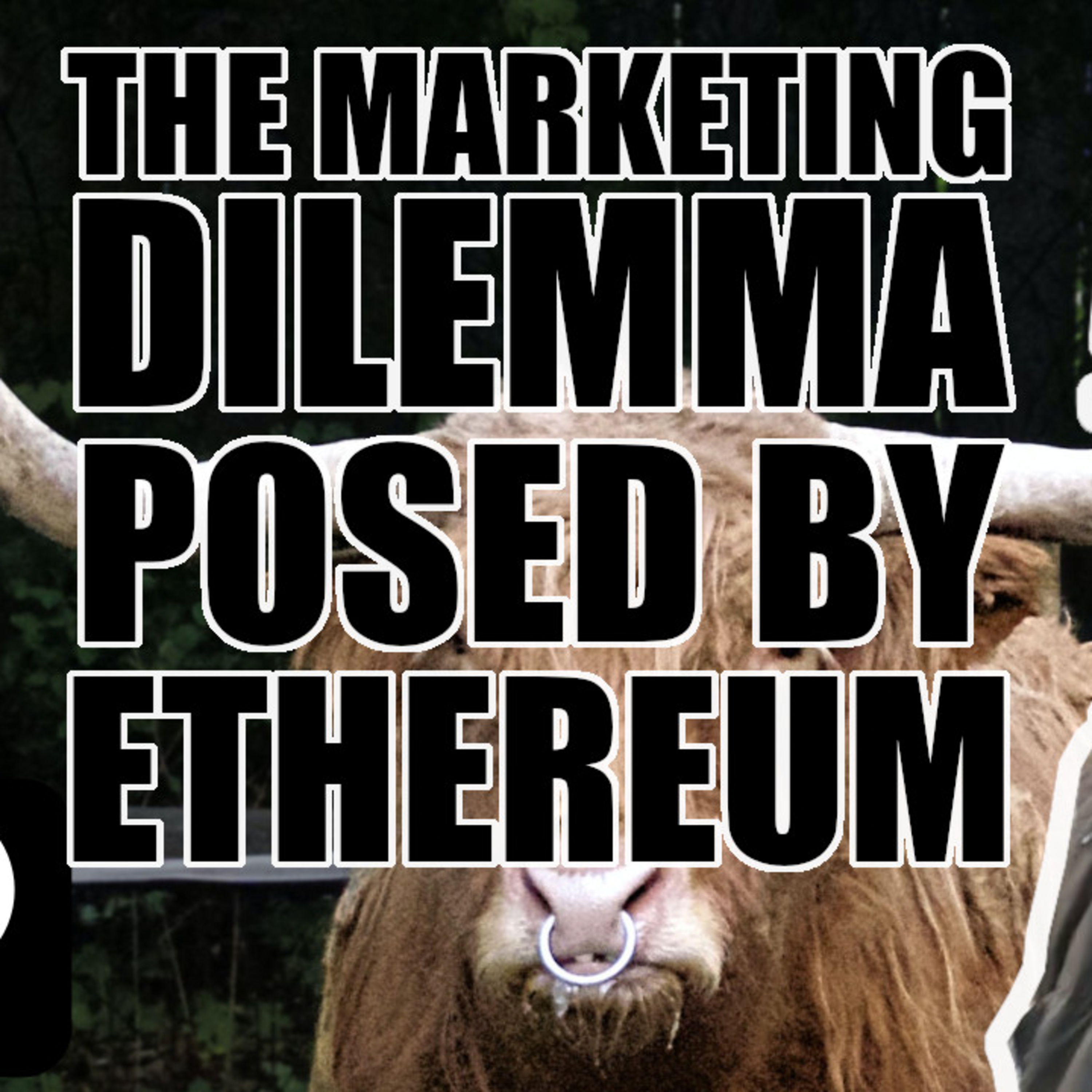
BlockchainGandalfThe marketing dilemma of EthereumSmart contract projects that want to use the Ethereum system have a well-known problem.
Ethereum has all the brand recognition, but it costs a fortune to use.
Layer 2 solutions such as Polygon or Binance Smart Chain are a lot cheaper, have the same functionality, but involve awkward contortions to move people from the main network onto them.
And the clunky bridges that exist between Ethereum and the other chains aren't getting any easier to use.
What's a DeFi or NFT project to do?
2021-12-0902 min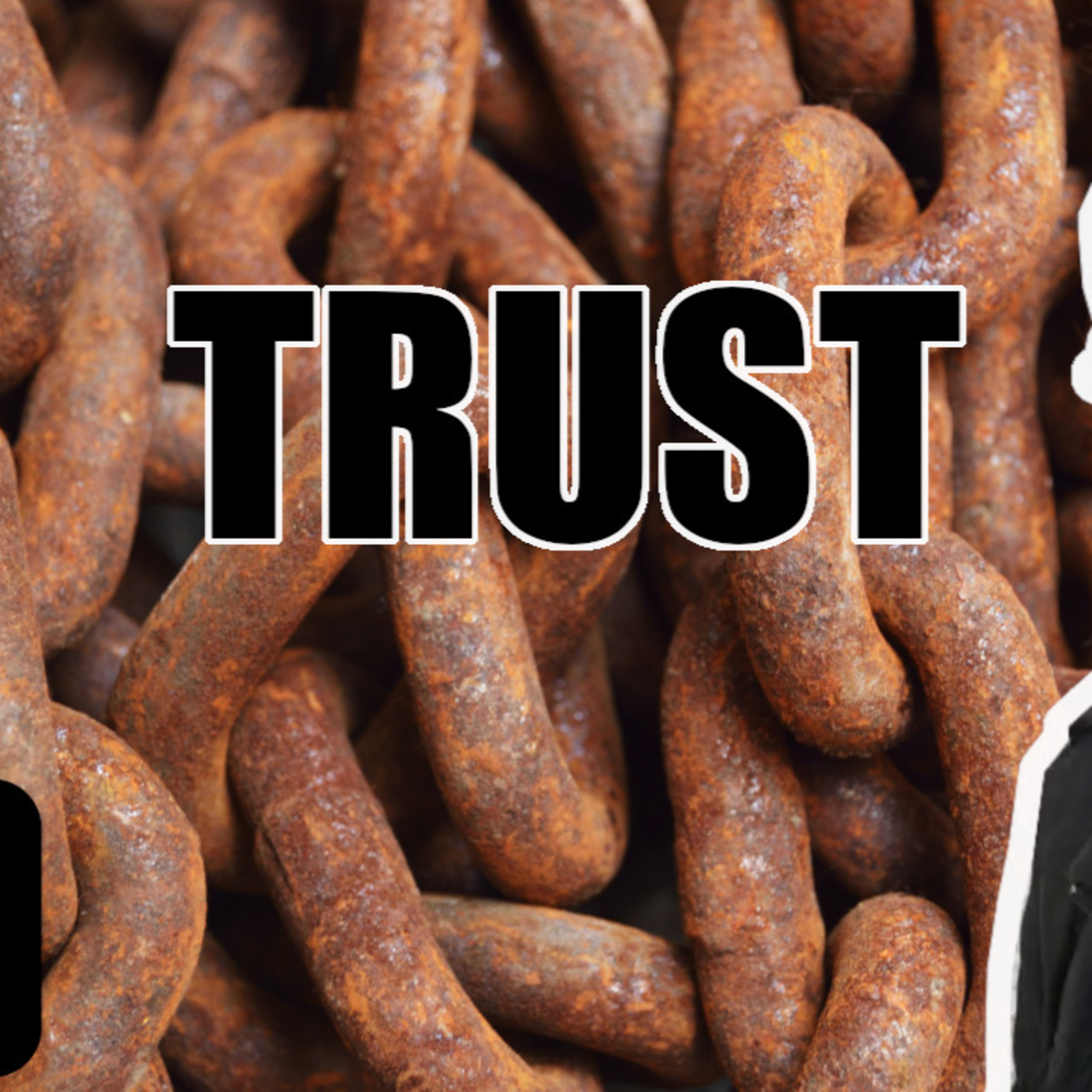
BlockchainGandalfTrust and BlockchainTrust. Such a short simple word.
Well, it's short. Not so simple.
The problem with the word trust is that it has different meaning in different contexts. And no more so than in security, cryptography, and by association, blockchain.
In this episode, I talk a bit about what people mean when they describe blockchain as "building or engendering trust", and at the same time describe it as moving towards a "trust-less system".
I trust that at the end of the episode you will have a better understanding of all of this.
2021-12-0804 min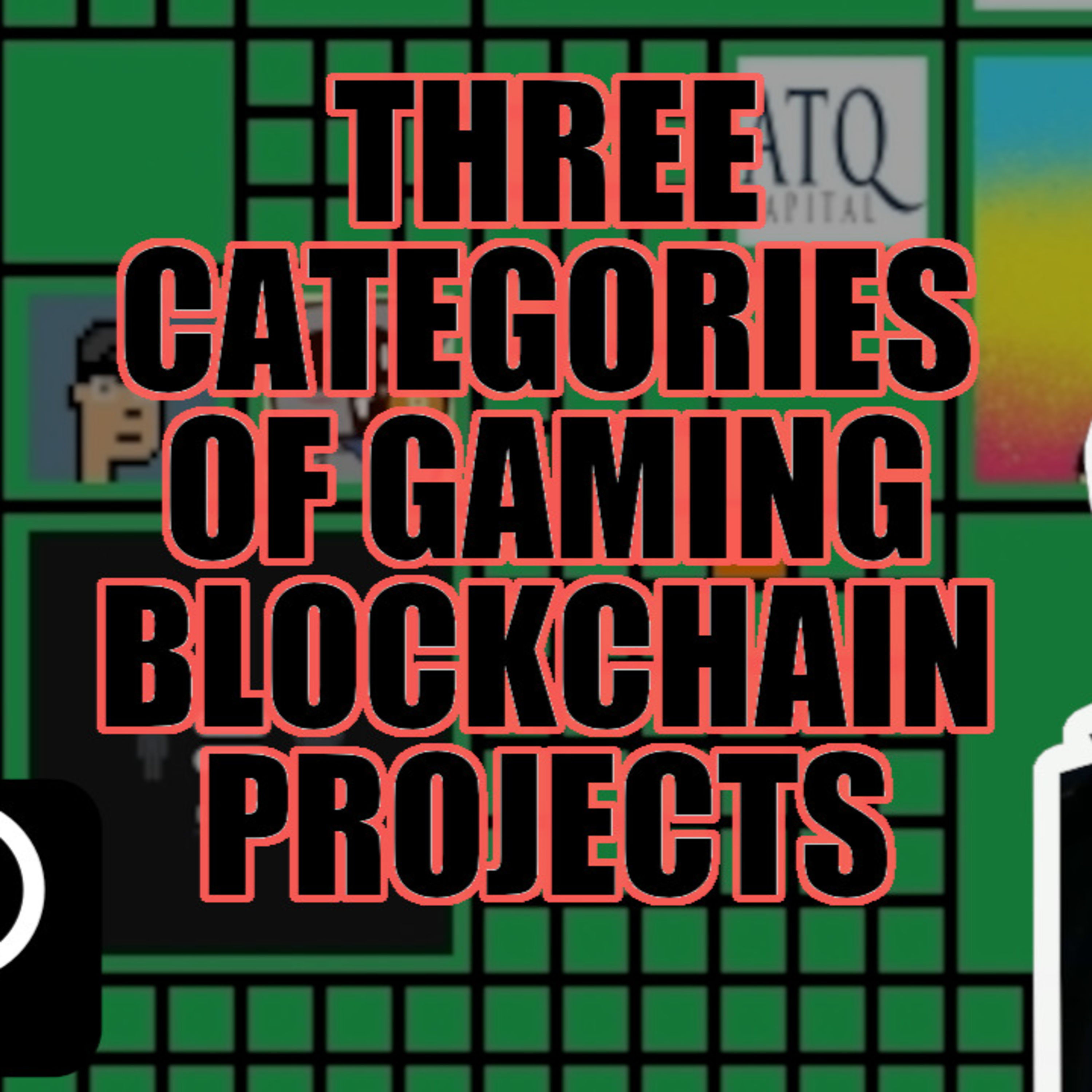
BlockchainGandalfThree categories of gaming blockchain projectsAnd why two of them are a waste of time.
Three years ago I recorded a video where I talked about the gaming token projects built on blockchain that I've looked at over the last few weeks.
In the end, there was even enough material there for an article (to be found here: https://lnkd.in/eScHejs ), but if you prefer a guy talking in the freezing cold about it instead of reading, then all the key stuff can be heard here.
Summary: these days a blockchain token needs to offer more than j...
2021-12-0503 min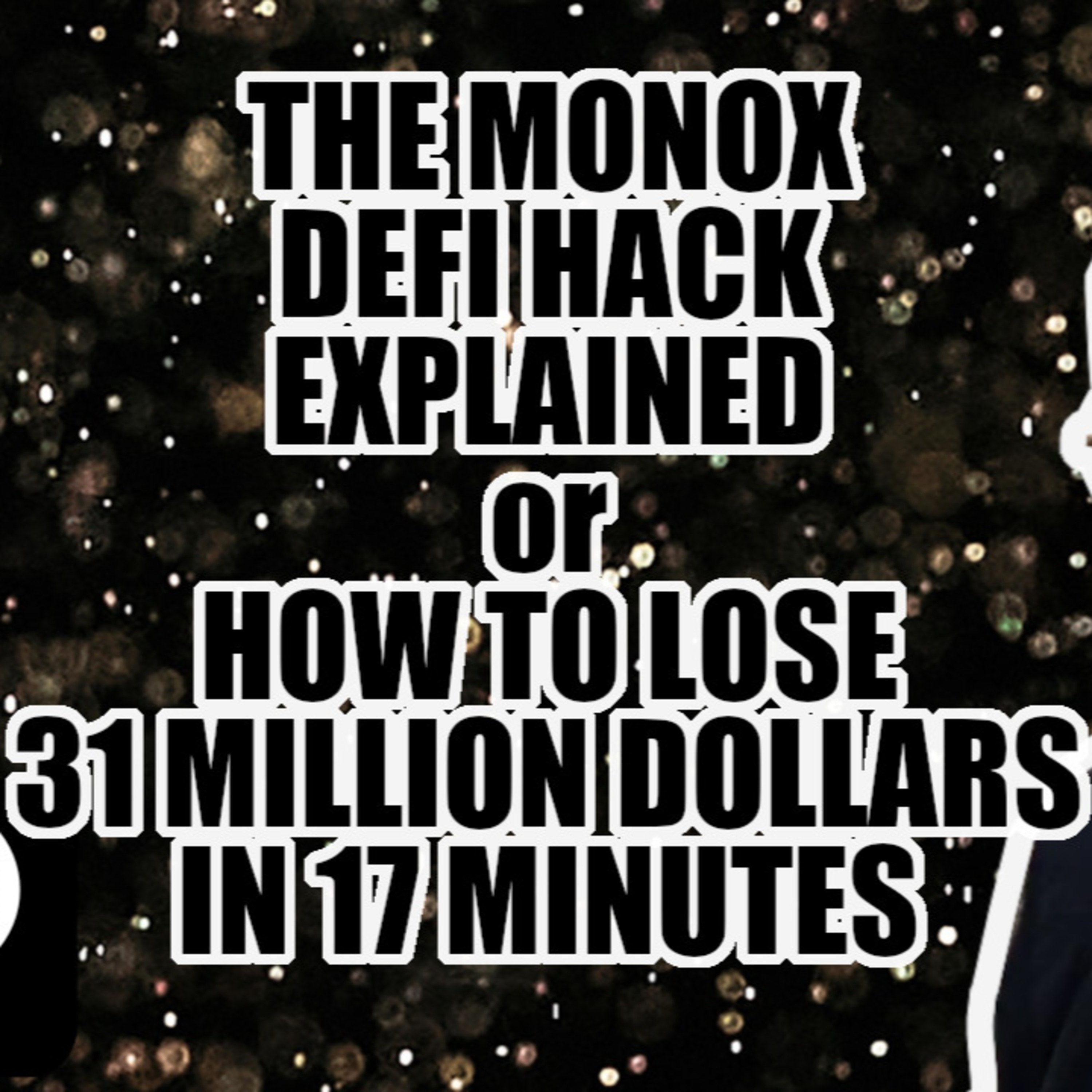
BlockchainGandalfThe MonoX hack explained in simple termsHave you ever lost 31 million dollars because you didn't think someone would do something both stupid and brilliant?
That's what happened to the DeFi protocol MonoX a couple of days ago.
In this video I explain, through the use of an analogy (that anyone who has ever bought a bag of potatoes can understand, or indeed Samson Williams) how an eight figure sum was lost to a hacker who thought like a test engineer rather than a software developer.
DeFi - it's the gift that keeps on giving.
Unfortunately, not to...
2021-12-0406 min
BlockchainGandalfHas someone already invented your idea?If you've invented something and are looking to get a patent, one of the costs you'll be looking at is the "prior art search".
That's patent speak for "find if something has been made public that describes your invention".
Professional patent searches cost money.
And if you're a pro se inventor (an inventor prosecuting your own patent application), then it's a cost I think you can avoid.
In this episode I explain why.
2021-12-0103 min
BlockchainGandalfA Day in the Life of a Cro-Magnon InventorI am told that storytelling is often a better way to get your point across than explaining, especially when the story is authentic and comes from personal experience.
So here is such a story.
2021-11-2502 min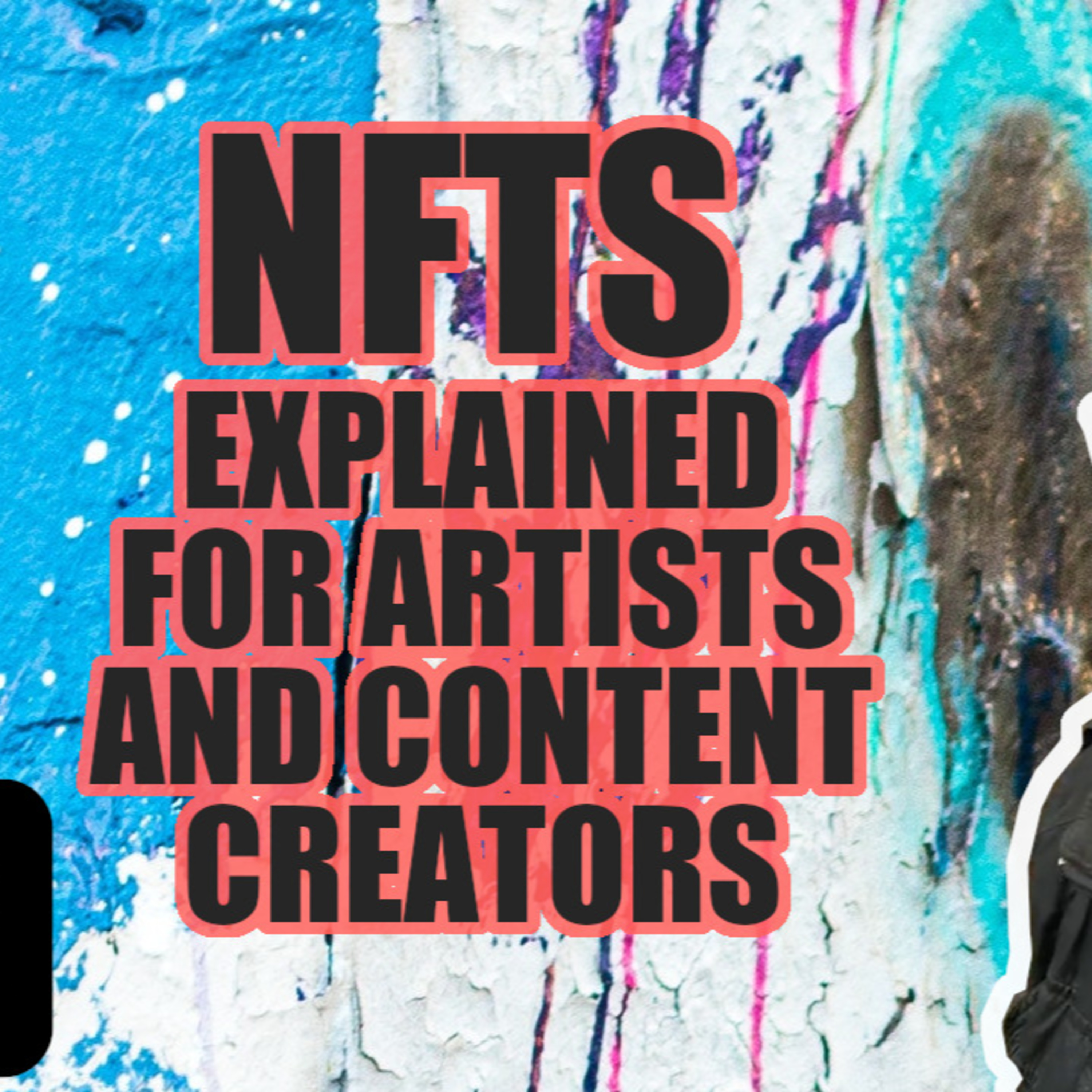
BlockchainGandalfNFTs explained: for artists and creatorsSometimes it's best to explain things backwards. Perhaps this is one of those times.
In this episode, I work backwards from the artwork through the metadata to what an NFT actually is, in order to help "content creators" (shudder - why can't we call them artists, composers, writers, and so on).
And in particular, why the NFT is not the art, but rather a pointer to a pointer to the art.
2021-11-2007 min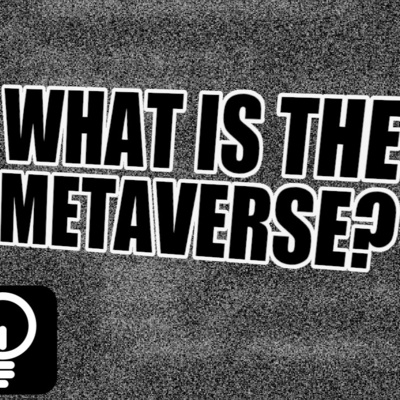
BlockchainGandalfWhat is the metaverse?Samson - you need to watch this one: https://youtu.be/kqtfPSP-f0k
In this episode, I talk about the metaverse.
Oh, the metaverse. It's a hot topic, yet no one seems to really know what it is.
Perhaps it's a hot topic because no one knows what it is?
The problem I have with the definitions I see flying about is that they focus on "immersiveness".
But imersiveness isn't new. A good book is immersive. A story well-told is immersive.
Neither is the concept of a "...
2021-11-1707 min
BlockchainGandalfThe Magic Picture Frame FactoryIn this episode, I present an analogy for NFTs, which explains how they work and what the significance of various steps in the production and sale of NFTs actually is.
It will also help you to understand why an NFT isn't a piece of art (just a pointer), and how easy it is to make an NFT look like it was produced by someone else if the website used to display it lies (or if we're being charitable, presents information in a slap-dash manner).
2021-11-1510 min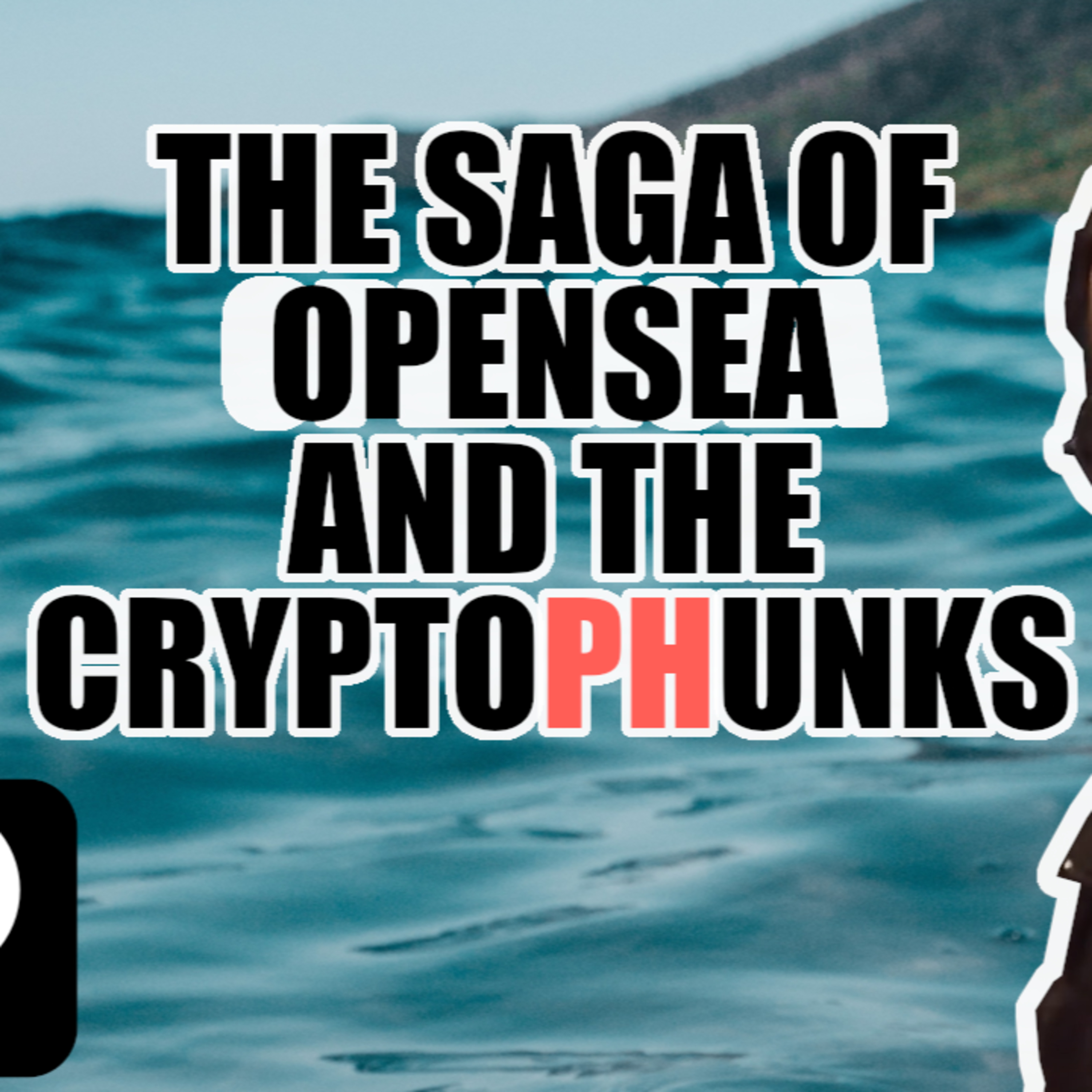
BlockchainGandalfOpenSea and the CryptoPhunksYou read that correctly - CryptoPhunks with a PH, not CryptoPunks, the iconic NFTs selling for hundreds of thousands of dollars.
In the last day, OpenSea has had another public relations nightmare. Due to an oversight on their part, forty NFTs were sold at well-below market prices.
In this video I go through the timeline, covering the history of CryptoPunks and CryptoPhunks, copyright scuffles using DMCA takedowns, and the mistake made by OpenSea, which I explain in a non-technical manner.
Blockchain-based projects, eh? Never a dull moment.
2021-11-1411 min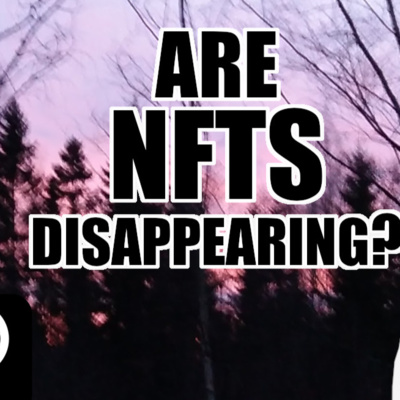
BlockchainGandalfAre NFTs disappearing?If a tree falls in the forest and there's no one around to hear it, does it make a sound? Yes, but the sound has no meaning.
These days you'll find articles and reports that alarmingly imply that NFTs are disappearing. I give some examples at the end of this text.
The thing is, the NFTs aren't disappearing. The files they point to are, and that is very different.
NFTs are immutable (if the contract has been set up correctly) and persistent (as long as the blockchain they are on continues to exist).
2021-11-1403 min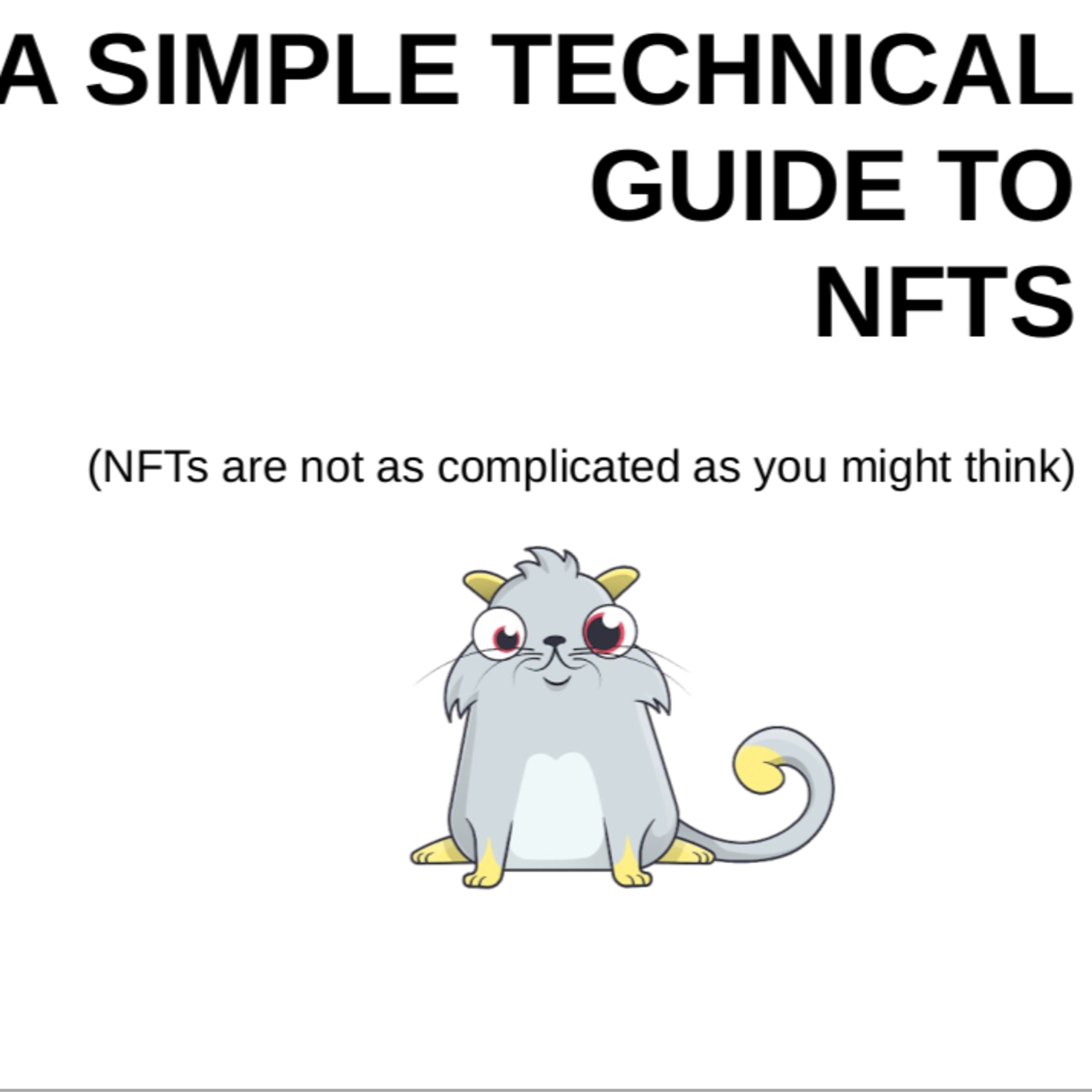
BlockchainGandalfA Simple NFT PrimerAre you confused by NFTs?
Have an idea for an NFT project, only to have it dismissed by the software developer you talk to?
In this episode, I present a short talk that explains the mechanics of NFTs in a manner that can be understood by anyone who has used a spreadsheet, or kept a list on a piece of paper for that matter. This video will help you:
🤑 Understand what you are buying when you purchase an NFT
👍 Determine where they might be useful
🚫 Filter out pointless projects.
The tal...
2021-11-1115 min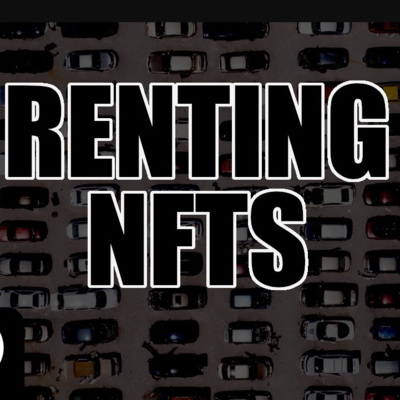
BlockchainGandalfRenting NFTsWhy would someone want to rent an NFT?
And if they did, how could such a borrowing and lending service be provided?
In this episode, I discuss these questions, and look at how one protocol, reNFT, has solved this problem, and what weaknesses their solution contains.
2021-11-0904 min
BlockchainGandalfStrange behavior on the Ropsten chat channelIf this video title isn't the antithesis of clickbait, then I don't know what is. But the point of this video is wider than just to comment on some quirky behaviour on a geeky chat channel in the unfashionable end of the western spiral arm of the Internet.
There's a platform called Gitter, which designed as a place for software developers to go to chat.
And there's a channel on that platform for the Ropsten Ethereum test network.
Except the people on that platform don't chat. They post their wallet addresses. Endlessly. Even th...
2021-11-0604 min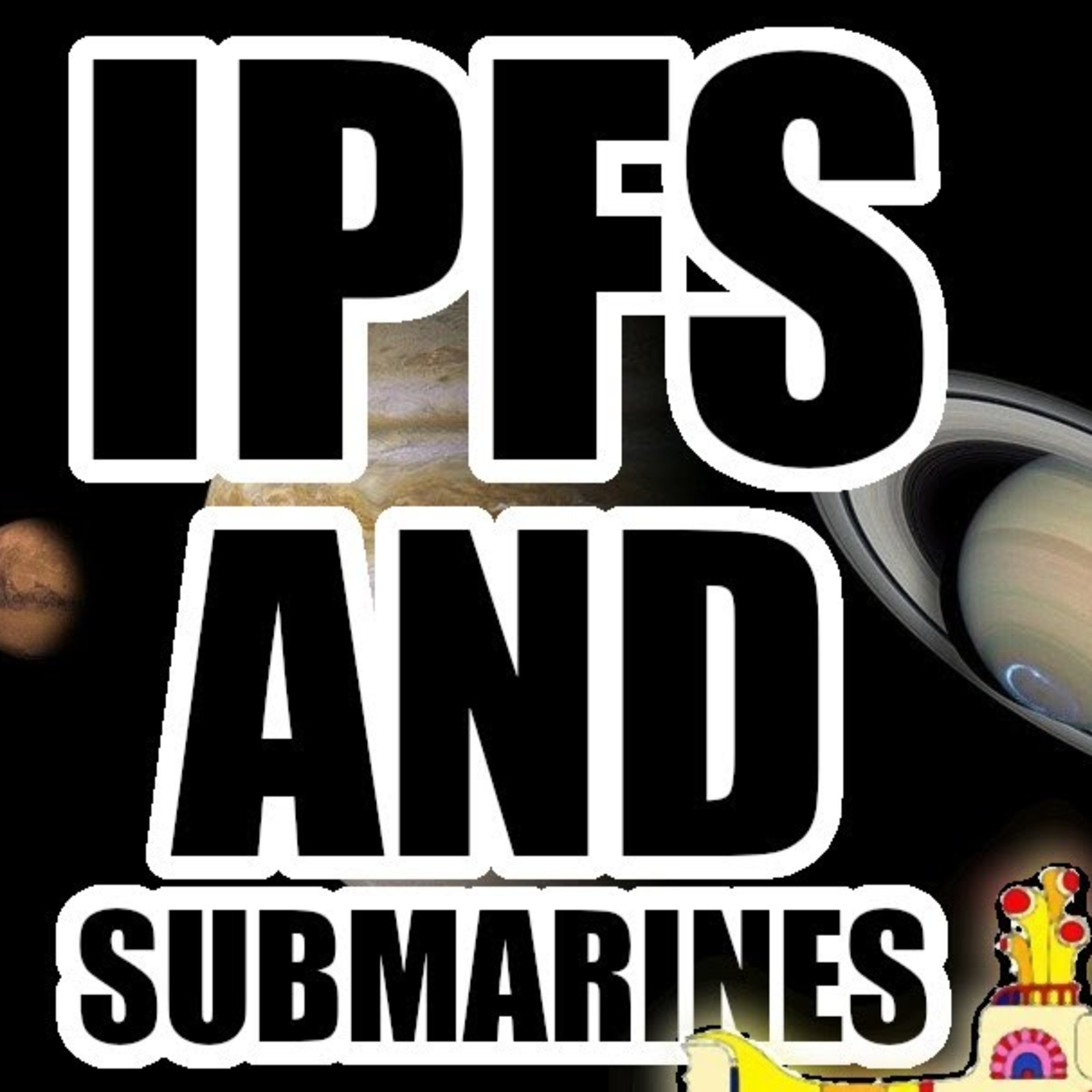
BlockchainGandalfIPFS and submarinesThe IPFS has a lot in common with traditional file systems.
But the few distinct differences that it has, do not only mean that it is decentralized, they also occasionally pose problems for developers that are not easy to solve.
Yet.
In this episode I talk about one of those problems, namely "revealing" files over time. Reveals are important in the NFT world in order to prevent people "sniping" sales of particularly rare colletables. It turns out to be a lot trickier than you would think at first, whereas with a traditional file s...
2021-11-0404 min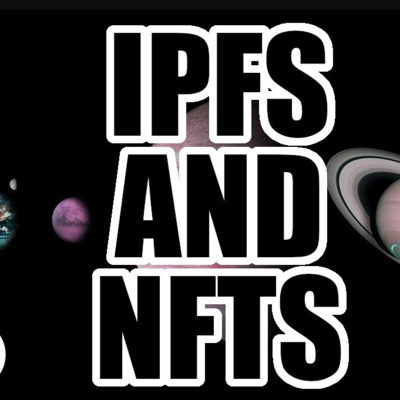
BlockchainGandalfIPFS and NFTsWhat is the connection between the InterPlanetary File System and Non-Fungible Tokens (especially art tokens)?
Given the amount of money that has poured into art NFTs, getting those images that the NFT metadata points to up on a server that is unlikely to ever go away has become more and more important.
It's probably given more impetus to the adoption of the IPFS than anything else in its history.
2021-11-0302 min
BlockchainGandalfIPFS and the browserToday I have a brief introduction to the InterPlanetary File System for you, from a browser user's perspective.
People are now familiar with typing HTTPS:// into the address bar of a browser (even though most don't know what it means), and the idea of domains (you know, things like www.thinklair.com), and that web pages are tacked on to the end of domains.
But we're now seing the IPFS making an appearance in some browsers, for example in Brave, where you can type IPFS://
In this episode I talk a bit about...
2021-11-0204 min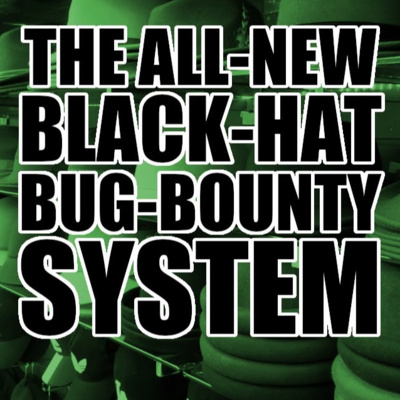
BlockchainGandalfThe all-new black-hat bug-bounty systemBryan Sanya Mondoh pointed me at yet another nine-figure loss in the cryptocurrency and DeFi space - trading platform BXH lost $130 million.
And an accompanying offer from the exploited exchange to the hackers offering a bonus and wiping the slate clean if they returned the funds. There's a $1 million bounty on offer.
This is seriously broken. The message that is being sent out goes against all that has been achieved in providing bug bounties and recognized systems for people who find weaknesses in software to be rewarded for their discovery.
It also highlights...
2021-11-0103 min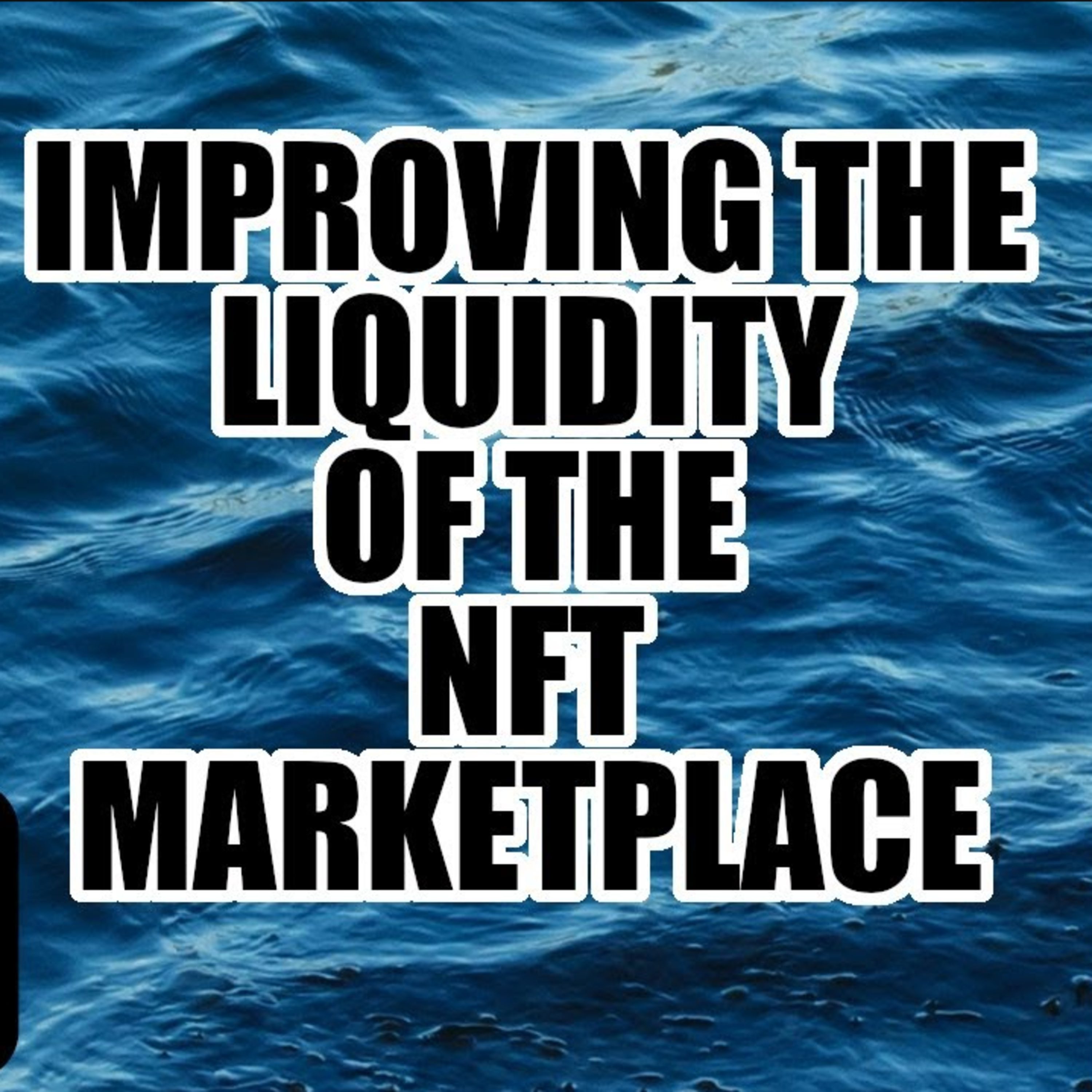
BlockchainGandalfImproving NFTs through licenses and enhanced liquidityThere are three problems with artwork NFTs at the moment:
the buyer isn't getting much more than a row in a database,
sales are linear and infrequent, so there is no liquidity, and hence price discovery is speculative rather than investment or trade-driven, and
ongoing royalties are difficult to implement
Through the use of capped Automated Market Makers and an interesting token-to-license path, Vitomir Jevremovic is aiming to solve all of those problems in one go.
In this video, I talk about the mechanism he is proposing.
(Full disclosure: I hold no tokens...
2021-10-3106 min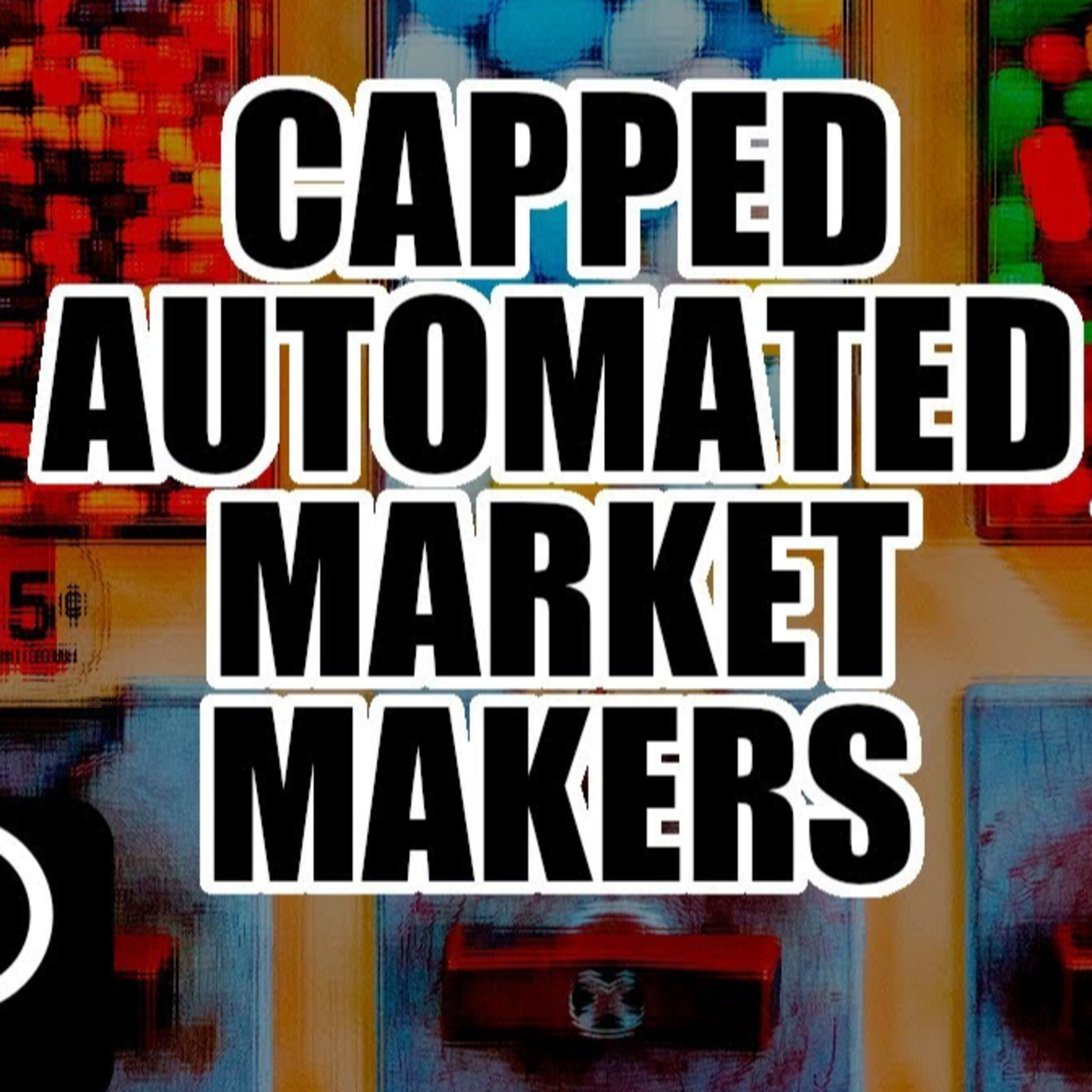
BlockchainGandalfCapped Automated Market MakersI'm not the only inventor on the block.
I've had quite a few conversations with Vitomir Jevremovic recently about a new concept he's come up with - the capped AMM.
It's an interesting DeFi concept that he's built a prototype for, which places an upper limit on how much of one of the tokens in the token pair the contract can hold.
In this video, I briefly explain how AMMs work, and then cover what different properties the cap adds to the AMM. They relate to price-discovery, and an alternate way of releasing...
2021-10-3104 min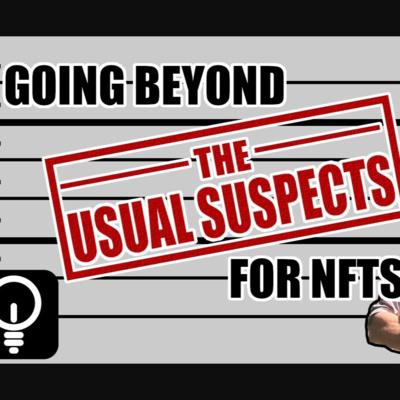
BlockchainGandalfNFTs: going beyond the usual suspectsMilly Perry asked me, "I wonder if you could go beyond the 'usual suspects' (digital assets) to the physical assets or into the future?"
And so in this episode, I start from basic building blocks, talk about the meaning of ownership, what a cryptocurrency represents, what a fungible token could, and then with that foundation I move on to non-fungible tokens.
Physical assets are reached about a third of the way in, and the future is two-thirds of the way through the episode.
And yet I've only just scratched the surface.
2021-10-3121 min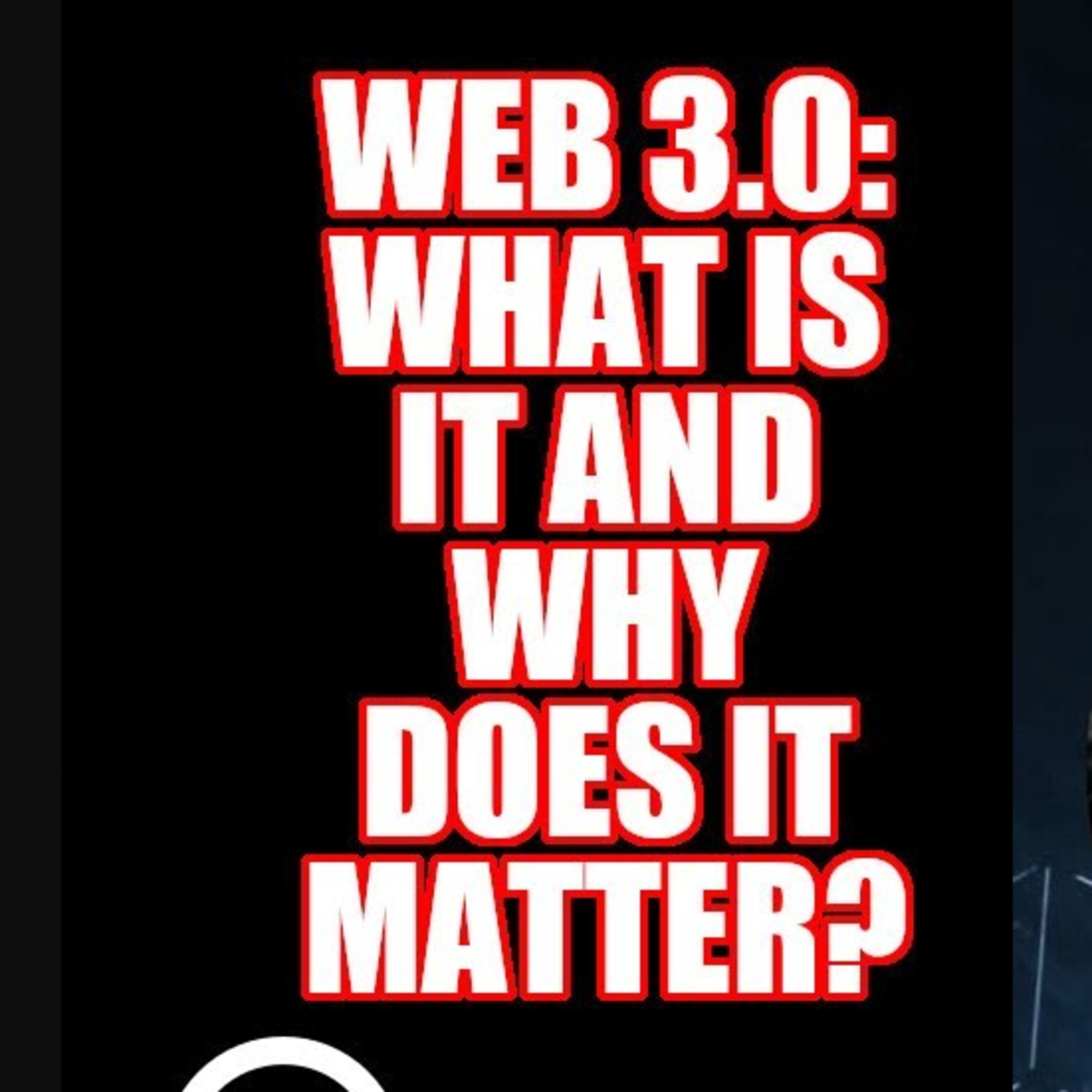
BlockchainGandalfWeb 3.0: what it is and why does it matter?In the late eighties the World Wide Web was invented, and has since proved to be one of the most transformative recent technologies.
One of the reasons for this is that it has developed to become ubiquitous and highly useable. With Web 2.0, interactiveness was introduced, allowing anyone with a mobile phone or desktop to create and disseminate content.
In this episode, as part of the Unit Masters Program, I talk about the up-and-coming Web 3.0 - which promises to remove many of the walled gardens and central authorities that have arisen to profit form Web 2.0, and...
2021-10-3138 min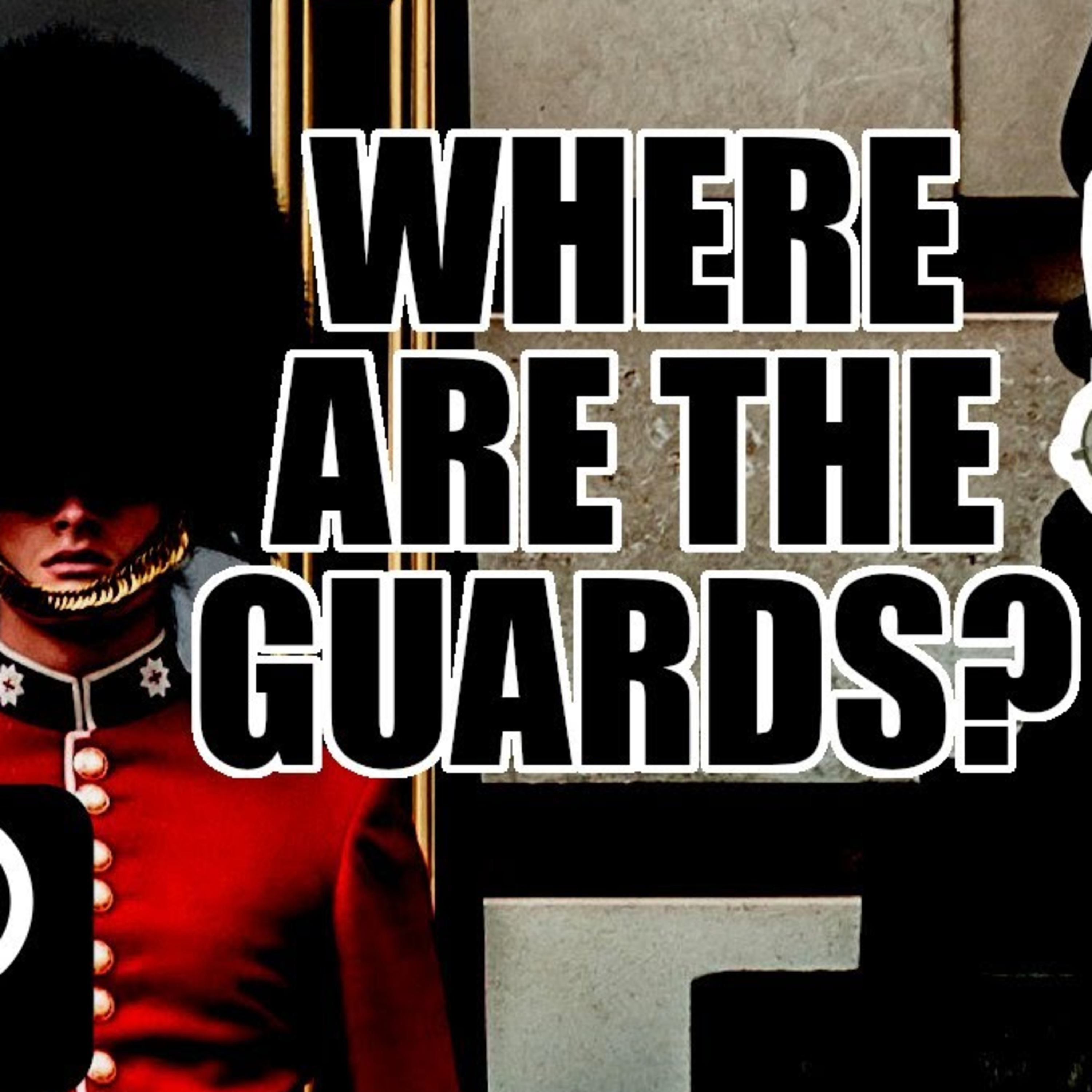
BlockchainGandalfWhere are the cybersecurity guards?I was watching a video by John Oliver, in which he quotes a shocking statistic.
85% of hospitals do not have an onsite computer security professional.
We all understand why physical guards are needed at hospitals, airports, and places like that.
Why don't we have the same attitude towards protecting the virtual world in which all our essential data lives?
In fifty years (or if we're lucky, perhaps just five), people are going to look back at this era and wonder why we were so cavalier and foolish.
2021-10-3102 min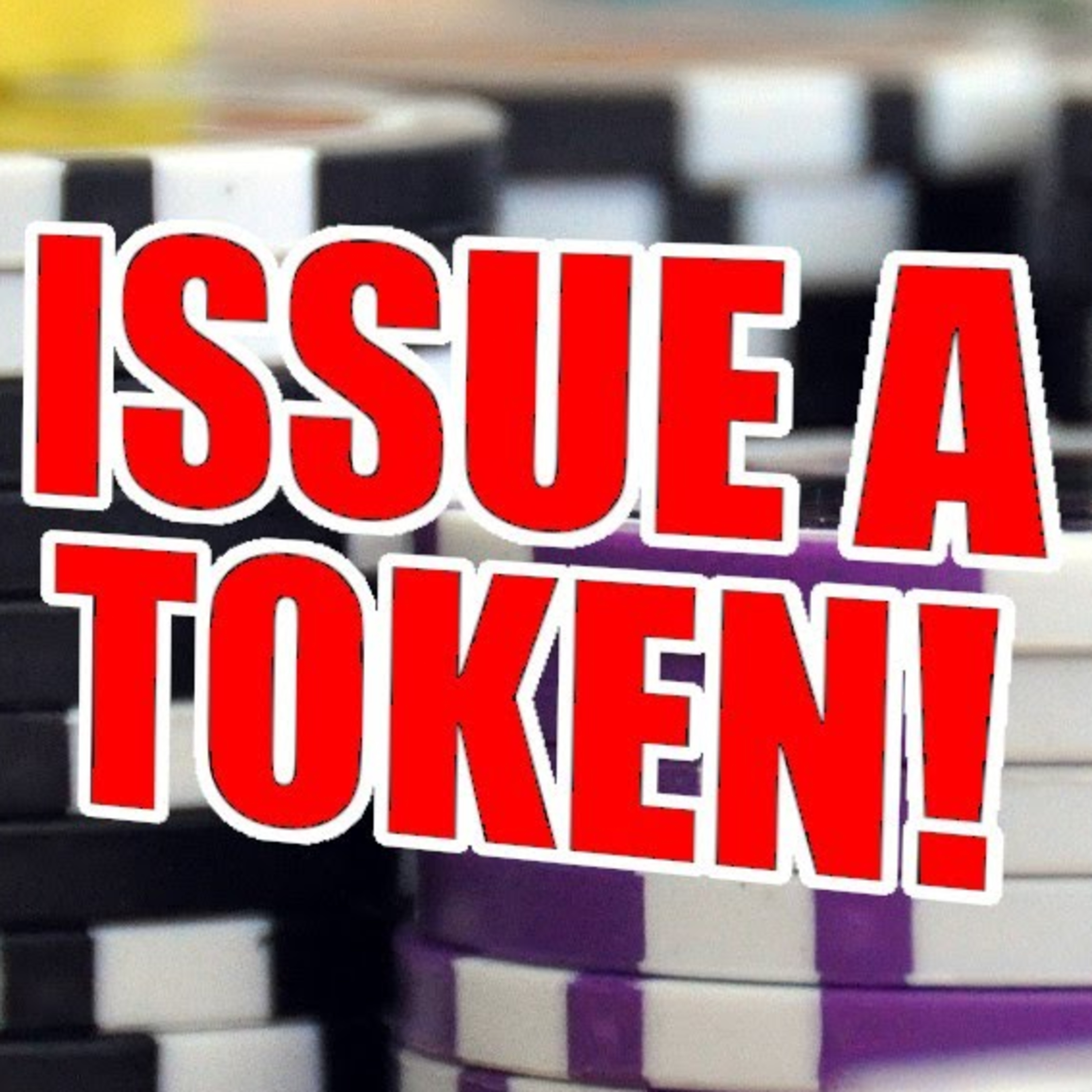
BlockchainGandalfIssue a token!You've planned your DeFi or smart contract project, advertised it, and there's interest in it. What do you do next?
Issue a token, of course!
But is that always the right thing to do? Are the better (and possibly more ethical) choices?
More about that in this episode.
2021-10-3103 min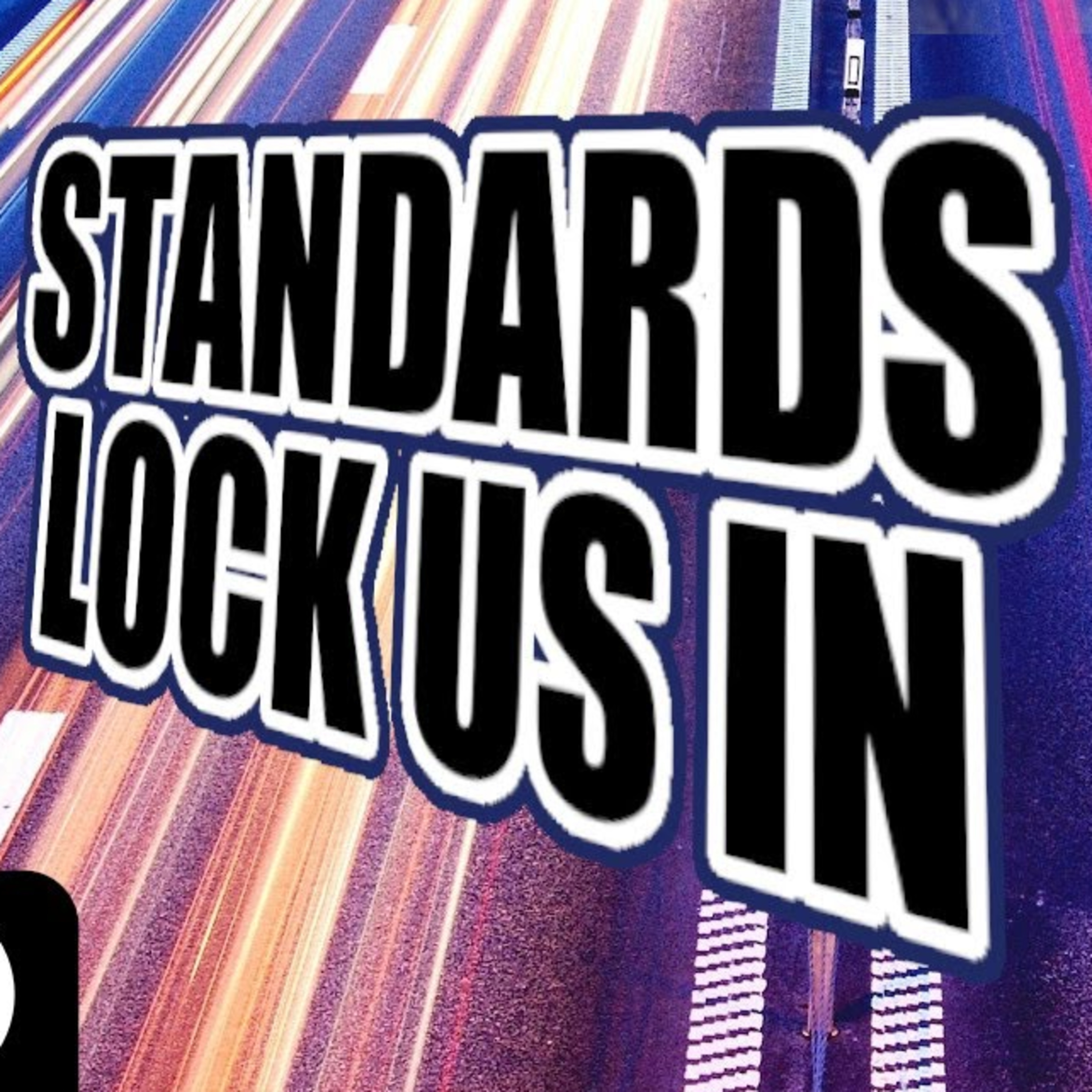
BlockchainGandalfStandards lock us inToday I am talking about standards - which are good things to have, but as is always the case with good things, they also have their downside.
In the episode, I look at the ERC20, ERC721 and ERC1155 standards in the world of smart contracts, and discuss why the latter isn't winning out over the other two yet.
2021-10-3104 min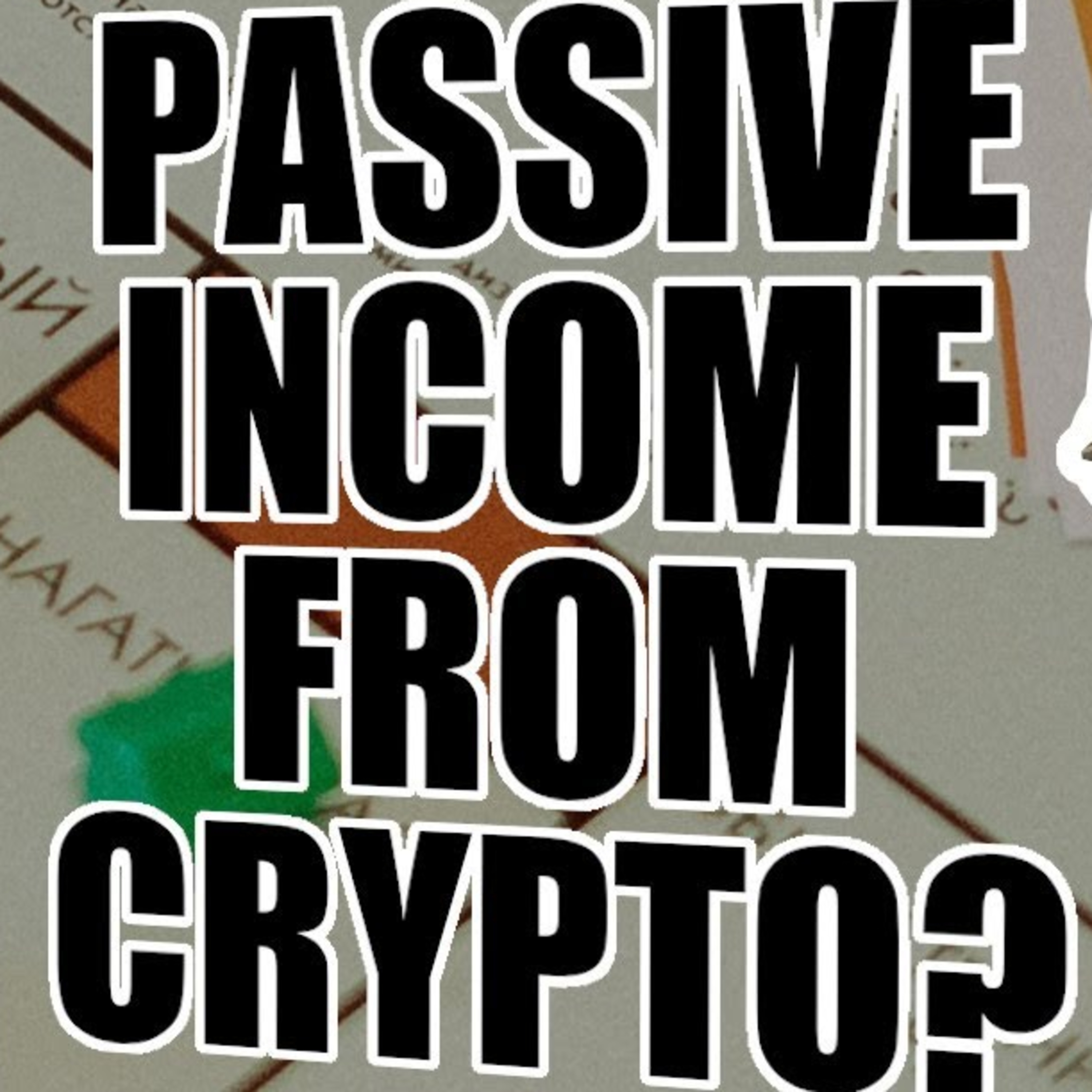
BlockchainGandalfPassive income from crypto assets?Capitalism is all about turning a profit from the wealth that you have, without having to do any work. And crypto assets are capital, but how can you use those assets to your advantage without lifting a finger? After all, that's what "passive income" is all about.
In this episode, I talk about some of the DeFi protocols out there that allow you to deposit your virtual wealth and then see it increase.
If you're lucky.
2021-10-3105 min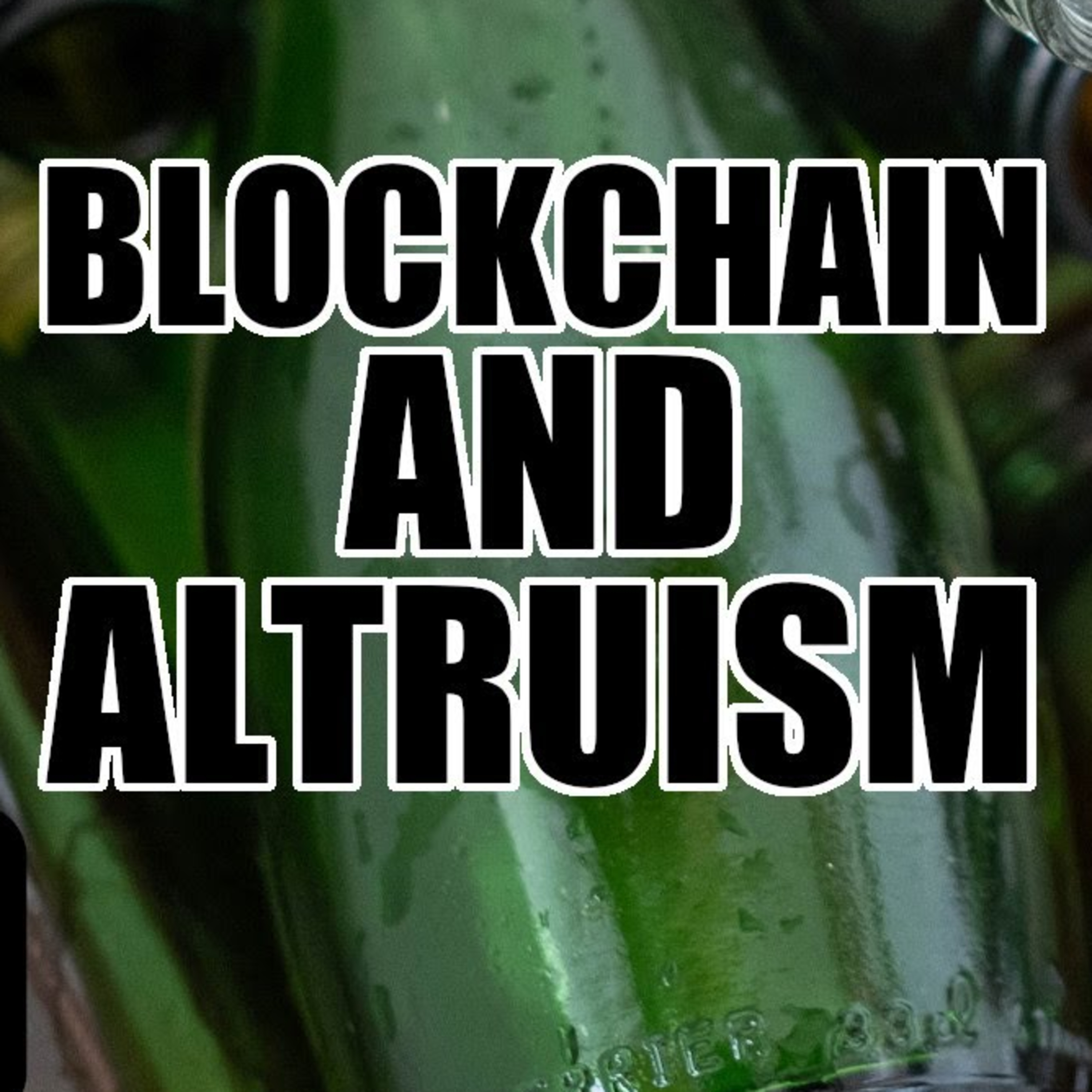
BlockchainGandalfBlockchain and AltruismBlockchain projects devoted to charity have a problem, in that the underlying mechanism that drives blockchains is 'financial' incentivization. Mind you, a lot of conventionally funded charity projects suffer from similar problems.
Don't get me wrong - my preference would be for us to interact and transact as human beings and social beings, rather than as market actors using the price system, but I'm not seeing much of that in the crypto space.
Though to be fair, most of us only return empty bottles and shopping trolleys with that little extra incentive of getting some...
2021-10-3105 min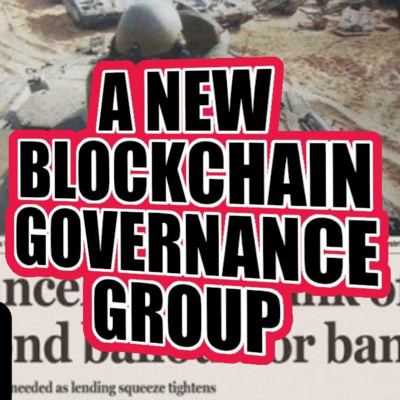
BlockchainGandalfBlockchain Governance and the Fourth EstateIn simple terms, blockchain governance is the method by which a blockchain is maintained, managed, and improved.
For example, deciding to change a protocol is an act of governance. So is rolling back the chain after a hack.
Different blockchains have different governance systems, and many of them have grown and evolved in an ad-hoc manner. Some of the parties that have an influence over how the blockchain runs are: the developers, the miners, whales (people with lots of tokens), and the users.
But there is one group that I had never thought...
2021-10-3108 min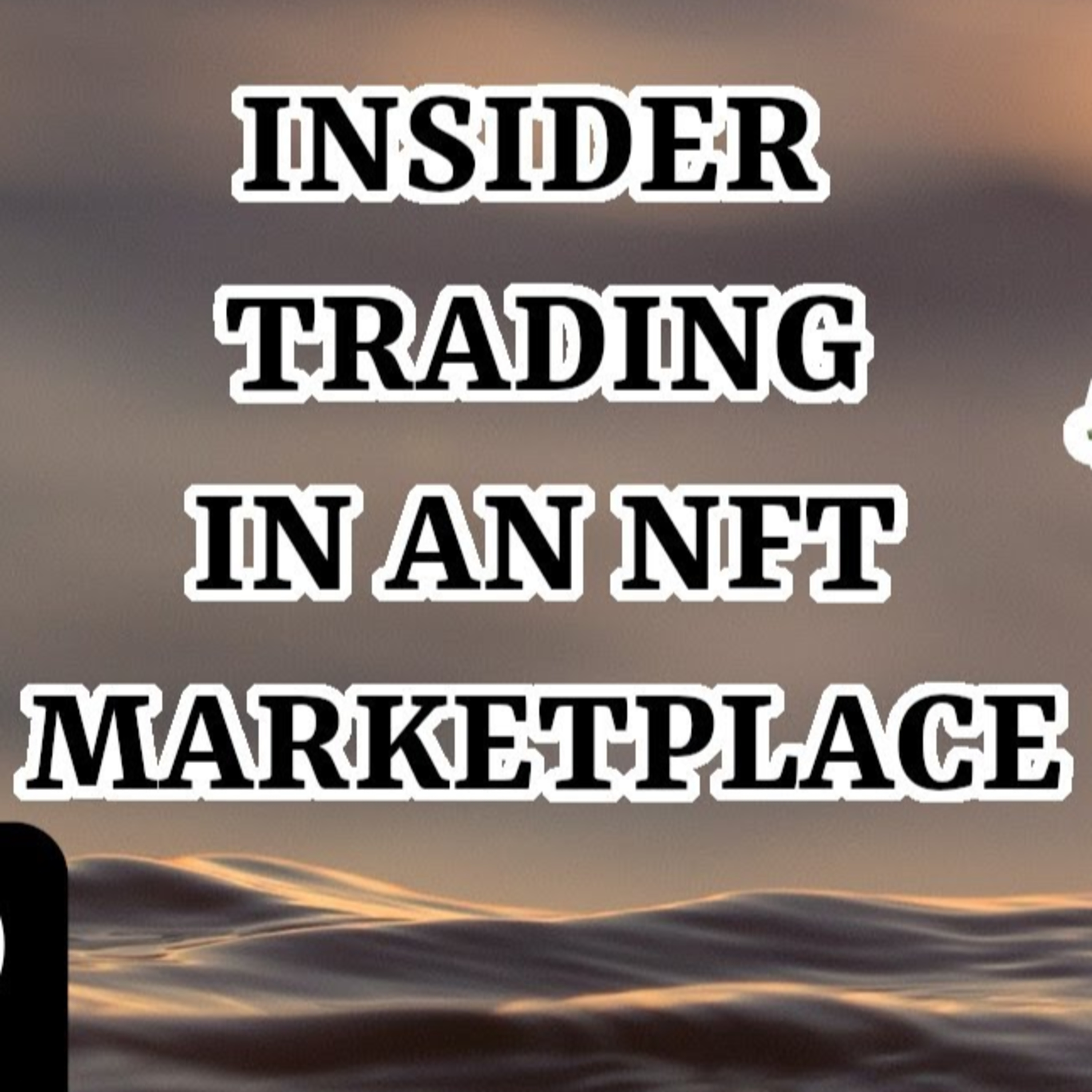
BlockchainGandalfFrontrunning the NFT marketsFrontrunning is a stock market term whereby you use insider knowledge about upcoming trades to get in on the action before the rest of the market can. So it's a form of insider trading.
It's been a concern in DeFi for a while. Now it turns out that there's a version potentially happening in the NFT market space - namely on OpenSea.io.
Find out how by listening to the episode.
(At the point I read the tweet, which is here - https://twitter.com/RiceFarmerNFT/status/1437956078130585611 , it was speculation, but https://www...
2021-10-3102 min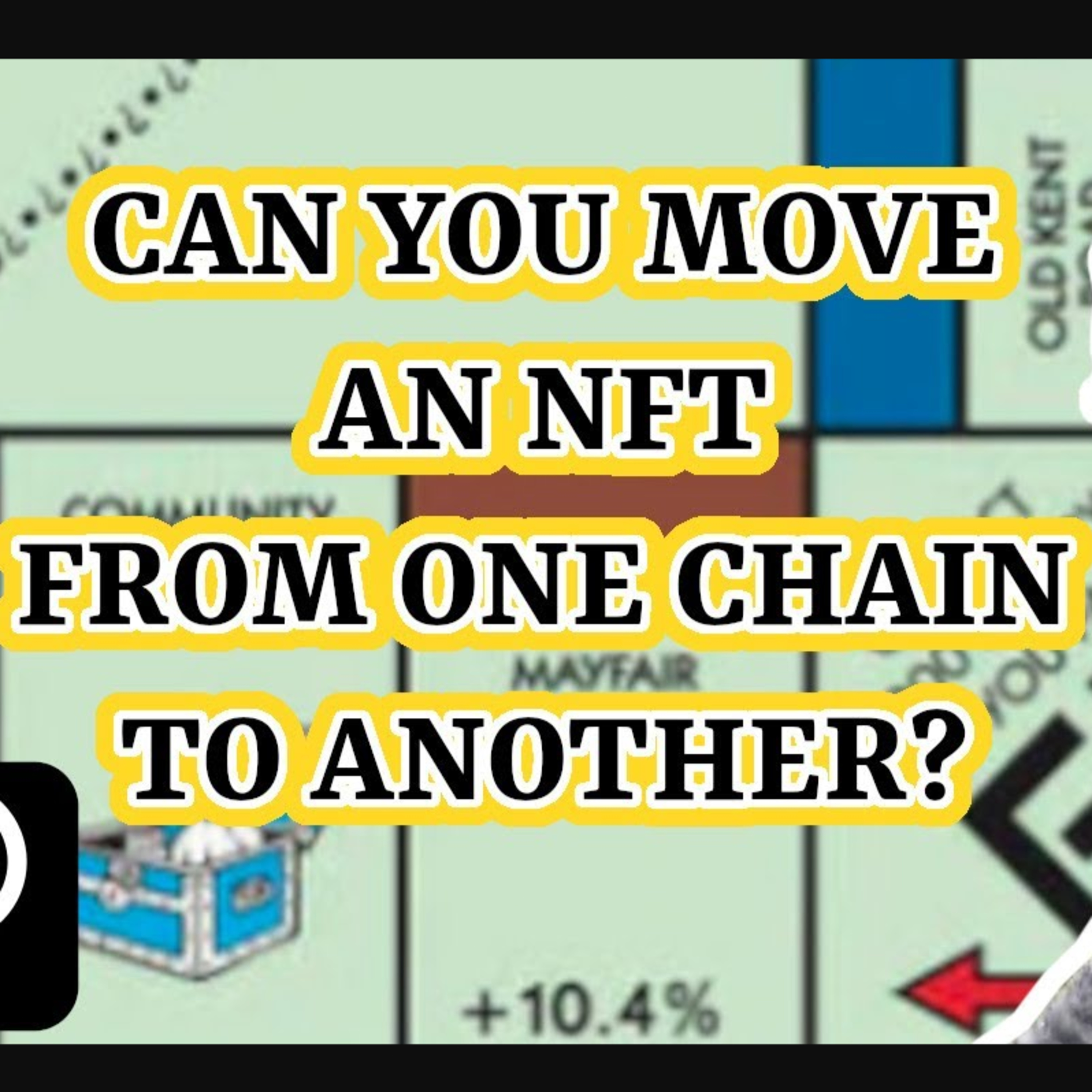
BlockchainGandalfMoving an NFT between chains?I was asked if it was possible to move an NFT off one chain, and onto another.
The answer is, "yes ... sort of", but this question reveals to me that most people don't really understand what blockchains are doing.
In the meantime, in this episode I discuss the question and then get sidetracked into talking about the different values of different blockchains.
2021-10-3105 min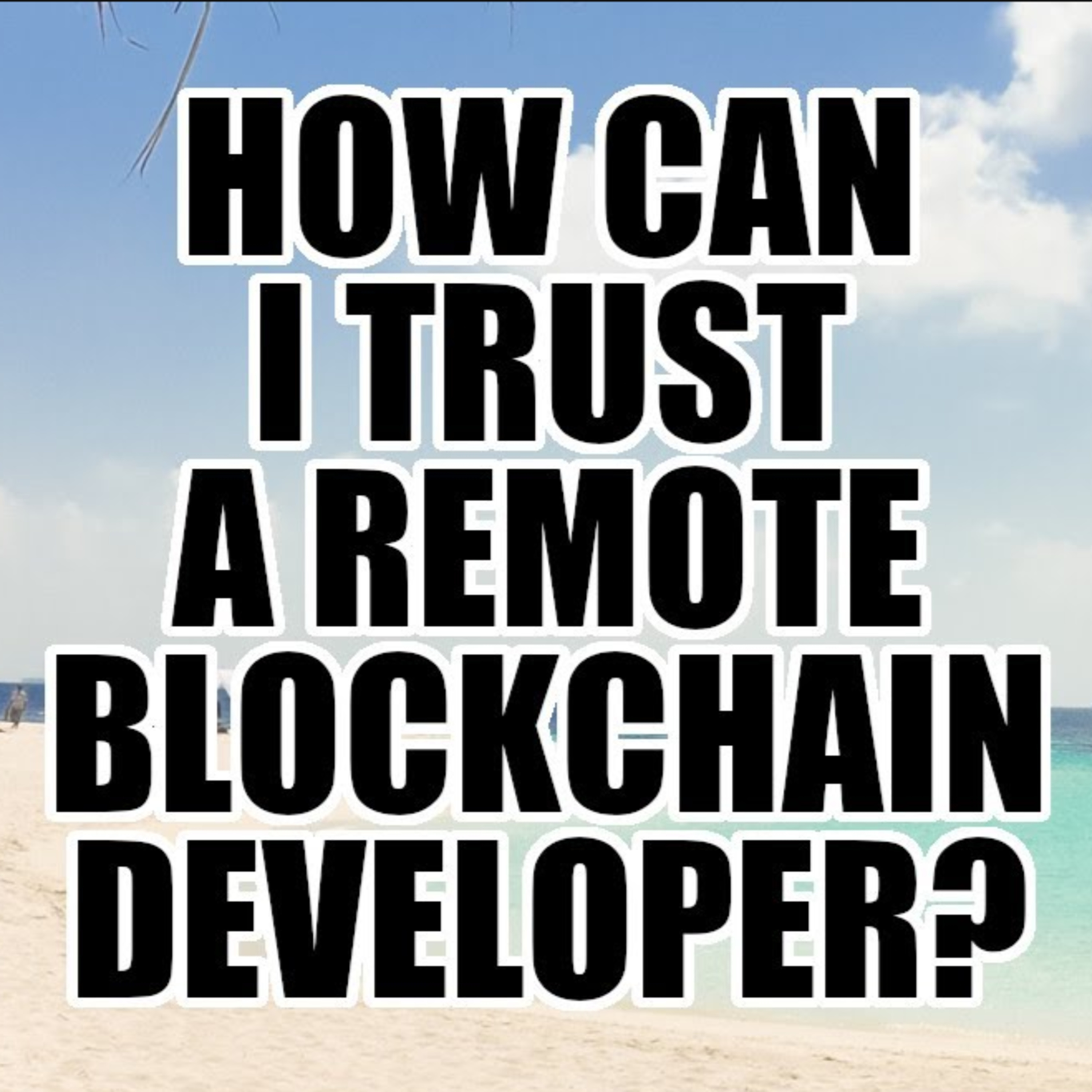
BlockchainGandalfHow can I trust a remote blockchain developer?With more and more small start-up projects outsourcing software development work to contractors, especially in the blockchain space, I am sometimes asked, "How can you trust the developer you hire?"
This is especially pertinent in DeFi or cryptocurrency projects, because the software may eventually be moving around or locking up millions or even billions of dollars in crypto-assets.
Watch the video to discover the number one criterion for determining the trustworthiness of your remote developer.
2021-10-3103 min
BlockchainGandalfWhat is Tokenomics?In this video, I talk about the relatively new discipline of "tokenomics", and the emergence of a new job, namely tokenomics specialist.
In conventional business, we have people who decide how much a company is going to charge for their product, how many units will be released into the market and at what rate, and so on. With the aim being to maximize company profits.
The same kind of thing is (or should be) going on in blockchain organizations, but there it's called tokenomics rather than pricing and positioning strategy.
2021-10-3103 min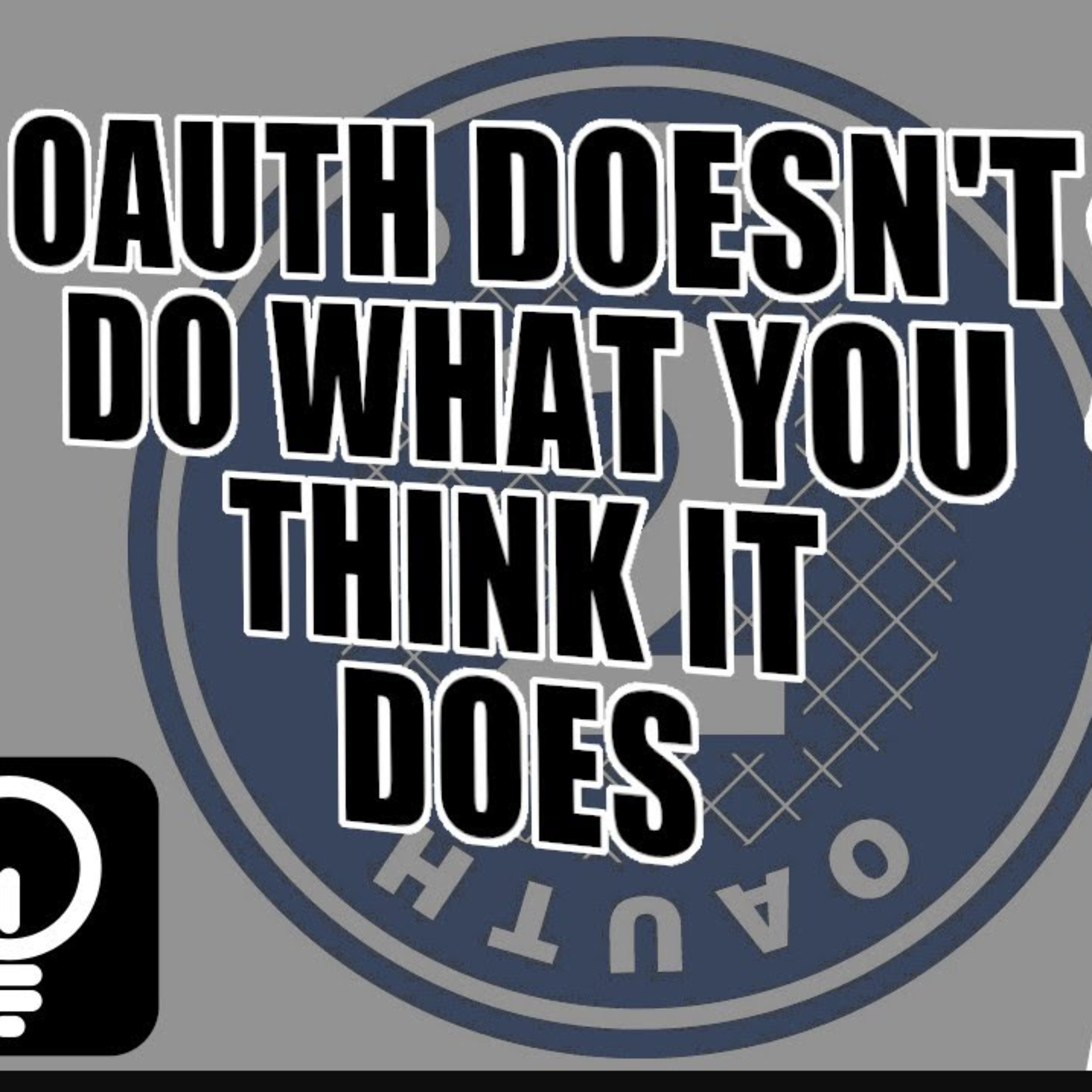
BlockchainGandalfOpen Authentication doesn't do what you think it doesIn this episode, I talk about OAuth, or open authentication, which is the protocol and process sequence whereby you can log in to one website using your account on another website.
You know, the "Log on using Facebook" button that crops up here and there.
But the fact is, you aren't logging in. Something subtly different is actually happening.
More on that in the episode.
Incidentally, SOULS is live at https://souls.fi
2021-10-3105 min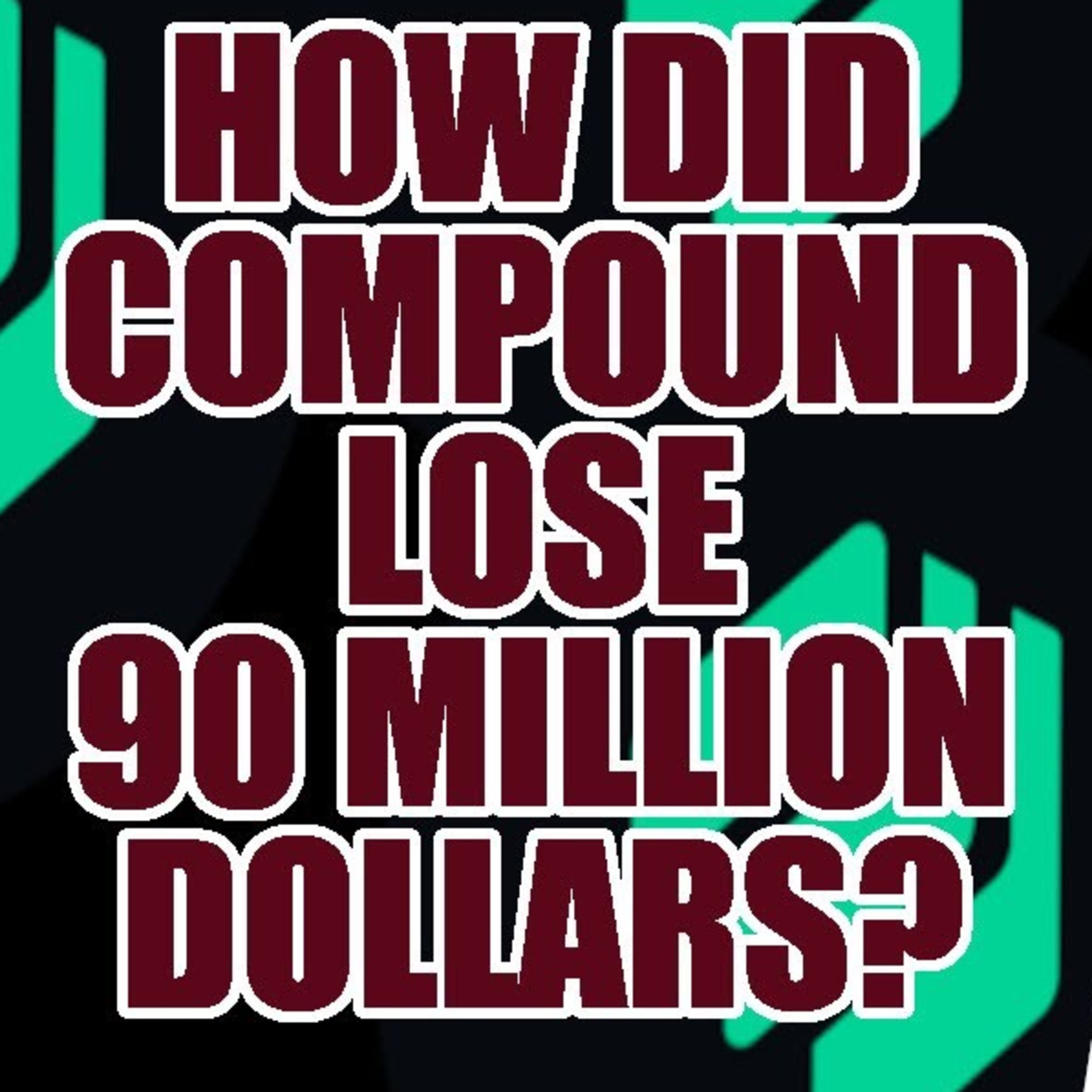
BlockchainGandalfHow did Compound lose 90 million dollars?The DeFi protocol Compound accidentally paid out 90 million dollars today to people who had deposited crypto-assets in their smart contract.
But what exactly went wrong under the hood?
That's the discussion in today's episode, in which I present an analogy to explain what the bug was, why it wasn't detected earlier, and why it allowed investors to withdraw astronomical sums.
I also cannot resist the temptation to comment on Compound's initial response, which was a nervous knee-jerk reaction and completely counter-productive.
2021-10-3107 min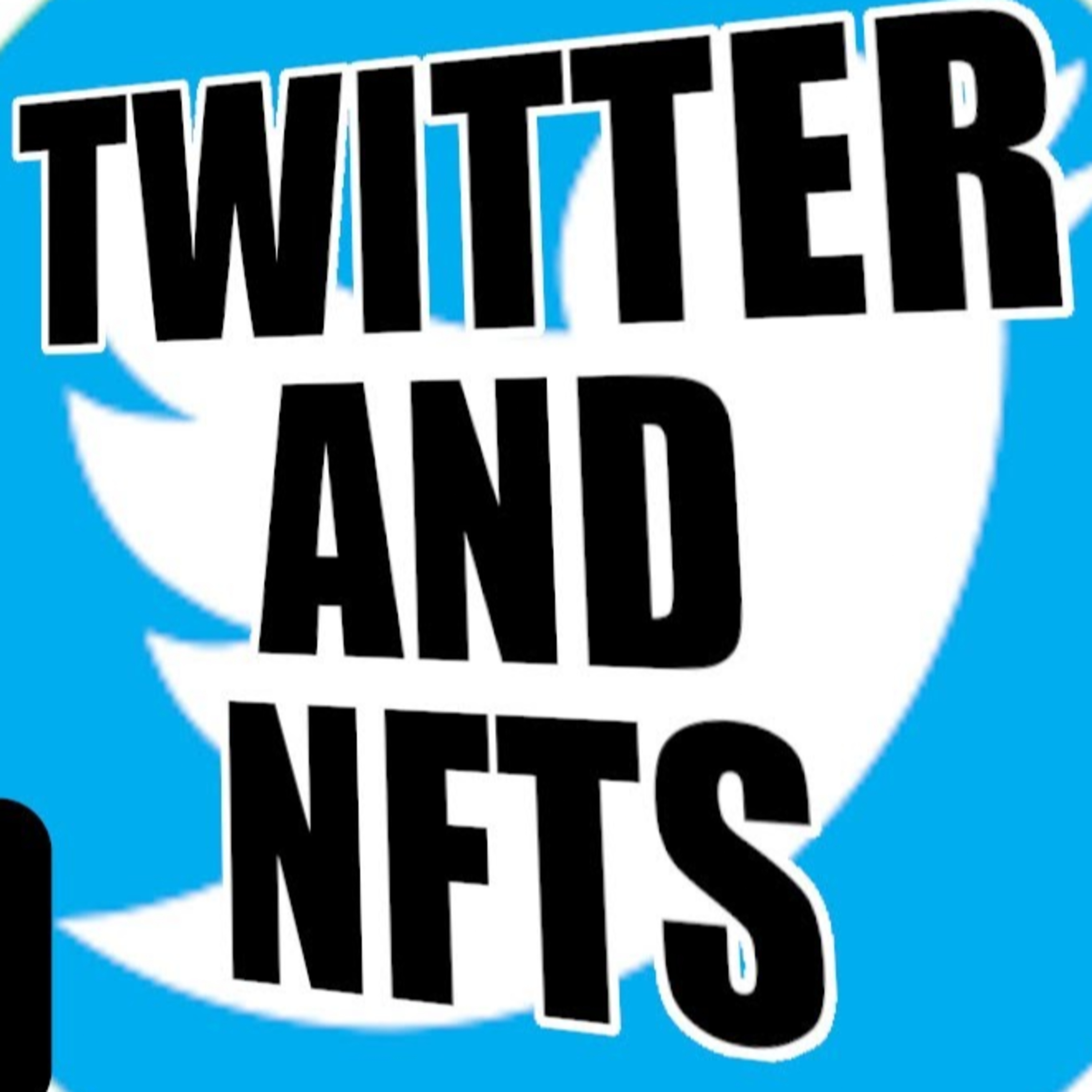
BlockchainGandalfNFTs and Social MediaTwitter has been working on integrating NFTs with their social media platform, as have I with my SOULS contract.
But it turns out we're working in different directions.
Twitter is looking to authenticate ownership of an NFT so you can use the image linked to in the NFT metadata as your avatar on Twitter, with a special check-mark to show you actually own it, rather than just making copies of the image from any NFT you fancy, and uploading it yourself.
I'm producing a token that allows you to mint an NFT from...
2021-10-3103 min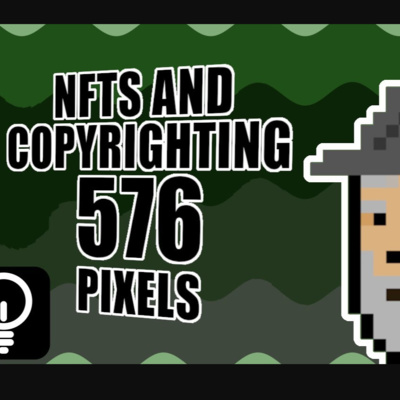
BlockchainGandalfNFTs and copyrighting 576 pixelsOne of the issues that still hasn't managed to be resolved in the mainstream NFT markets is what you are actually buying other than a record of ownership in a distributed ledger of a row that contains a link to a file.
Many people still think they are "buying" the art pointed to by an NFT, but that's generally not the case.
For example, the Larva Labs CryptoPunks does have a contract of sorts, but it does things like put an upper cap of 100,000$ that can be earned using the punk that the NFT you...
2021-10-3107 min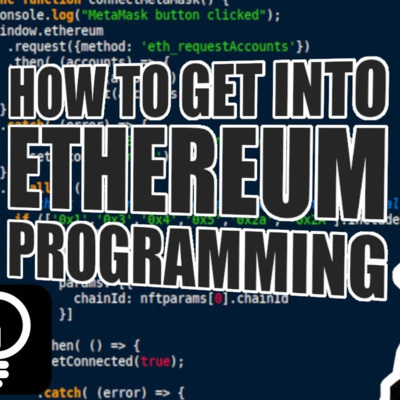
BlockchainGandalfHow to get into Ethereum programmingA couple of years ago I released a short episode on how to get into blockchain programming, covering a few general points that needed to be considered.
In this post, I talk more specifically about how to get into Ethereum programming, which splits into two categories - writing and deploying (and testing!) smart contracts, and producing websites that interface with such contracts (also known as web3 programming).
2021-10-3104 min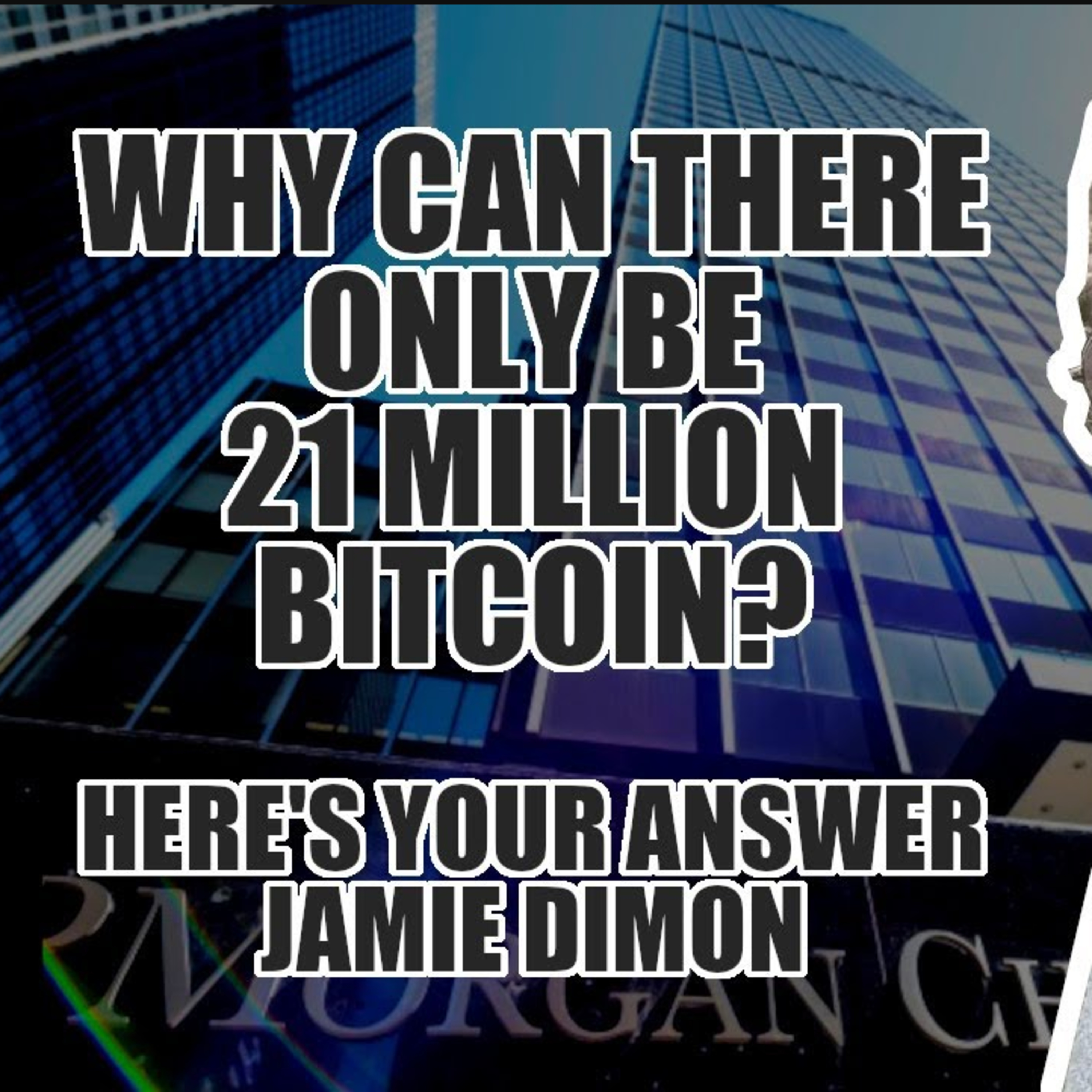
BlockchainGandalfHow come there can only be 21 million bitcoins?Jamie Dimon asked the question the other day, "How do you know it ends at 21 million?" followed with a few questions that had a scornful tone about the reading of code. It's understandable that he doesn't read code - most people don't know where to begin. I don't know if viruses, DNA, or black holes actually exist. So I rely on biologists or physicists to confirm or deny their existence. I thought I would do Jamie Dimon a favour, look up the relevant code, and then explain it. He's a banker, so he should understand the numbers I talk abo...
2021-10-3104 min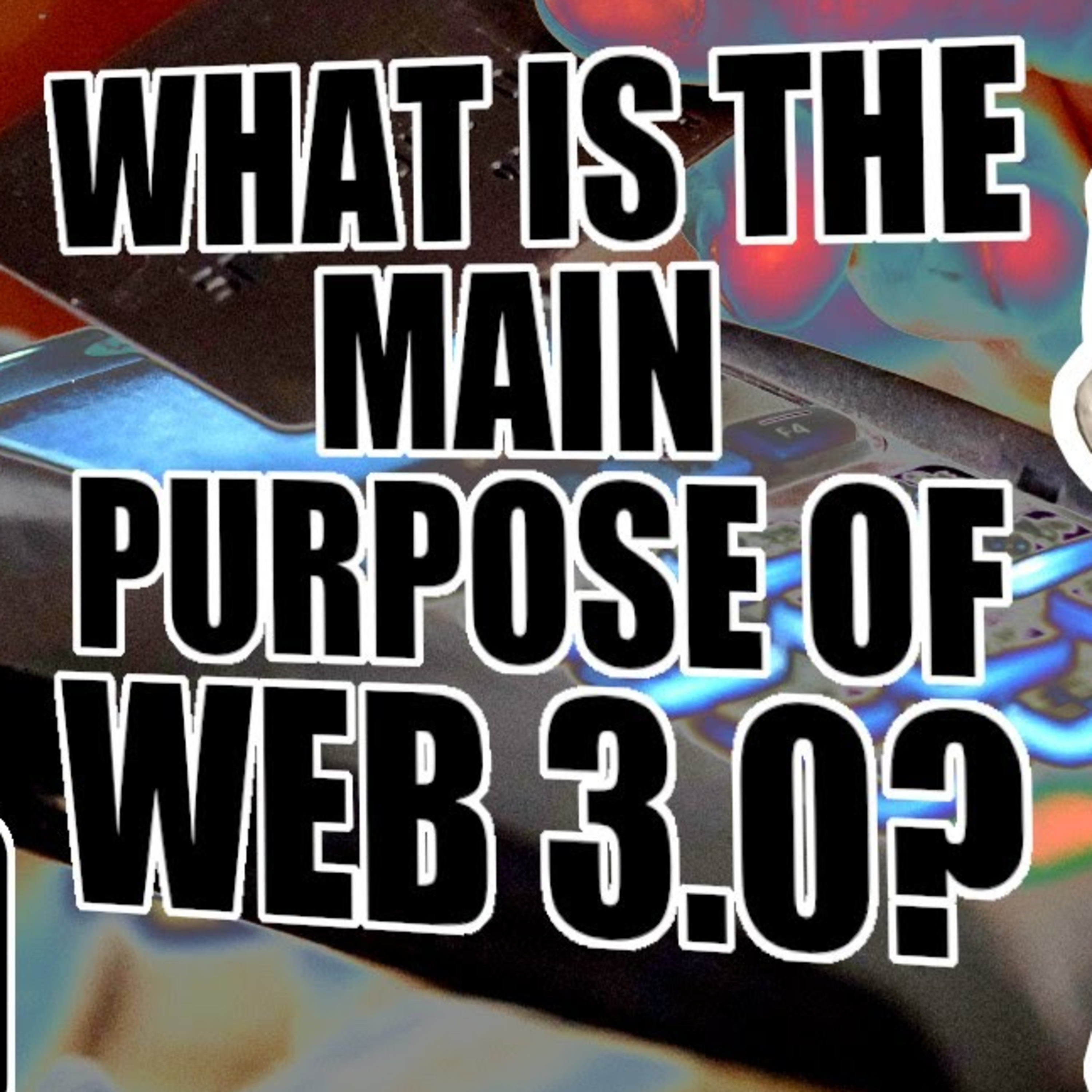
BlockchainGandalfWhat is the main purpose of Web 3.0?The reason for web 3.0 is so obvious to people working in the space that they often forget to draw attention to it when explaining it to other people. I failed to mention it explicitly in my video series on the topic of Web 3.0. And it's the number one user error that I encountered after launching my SOULS.fi NFT token website. Fortunately, Thomas Lukasik pointed out to me that I really should make a video about it. And so I have.
2021-10-3103 min
BlockchainGandalfShould banks be allowed to blow themselves up?In trading, a blow-up describes the "complete and abject failure" of an individual, company, or hedge fund. When an individual trader "blows up", it's game over for them, and they move on to being an Uber driver or something like that. But banks are bailed out when they manage to work around the regulations designed to protect them and then trigger a financial crisis. This is because they provide the infrastructure and mechanisms for trade, investment, and ... just everyday living. Our society runs on the rails that they provide. You've got to wonder why we've built a financial system whe...
2021-10-3104 min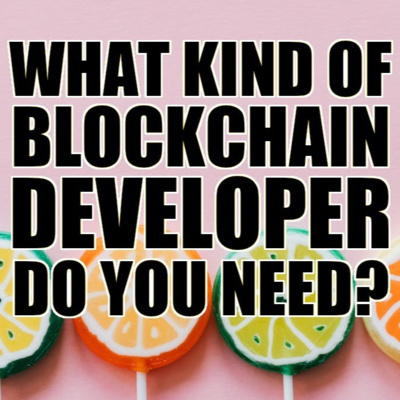
BlockchainGandalfWhat kind of blockchain developer do you need?Saying you're looking to recruit a blockchain developer is like saying you're looking for a lawyer.
Specifics matter - just as you don't want a patent attorney defending you against criminal charges, you don't want a web3 interface designer writing smart contract implementations of financial instruments. You need to be specific. Mind you, traditional software developer recruiting agencies are often clueless about the underlying skill requirements for the roles they are looking to fill. It's just that in blockchain it's ten times worse, because it's a relatively new field. More on that in this episode.
2021-10-3103 min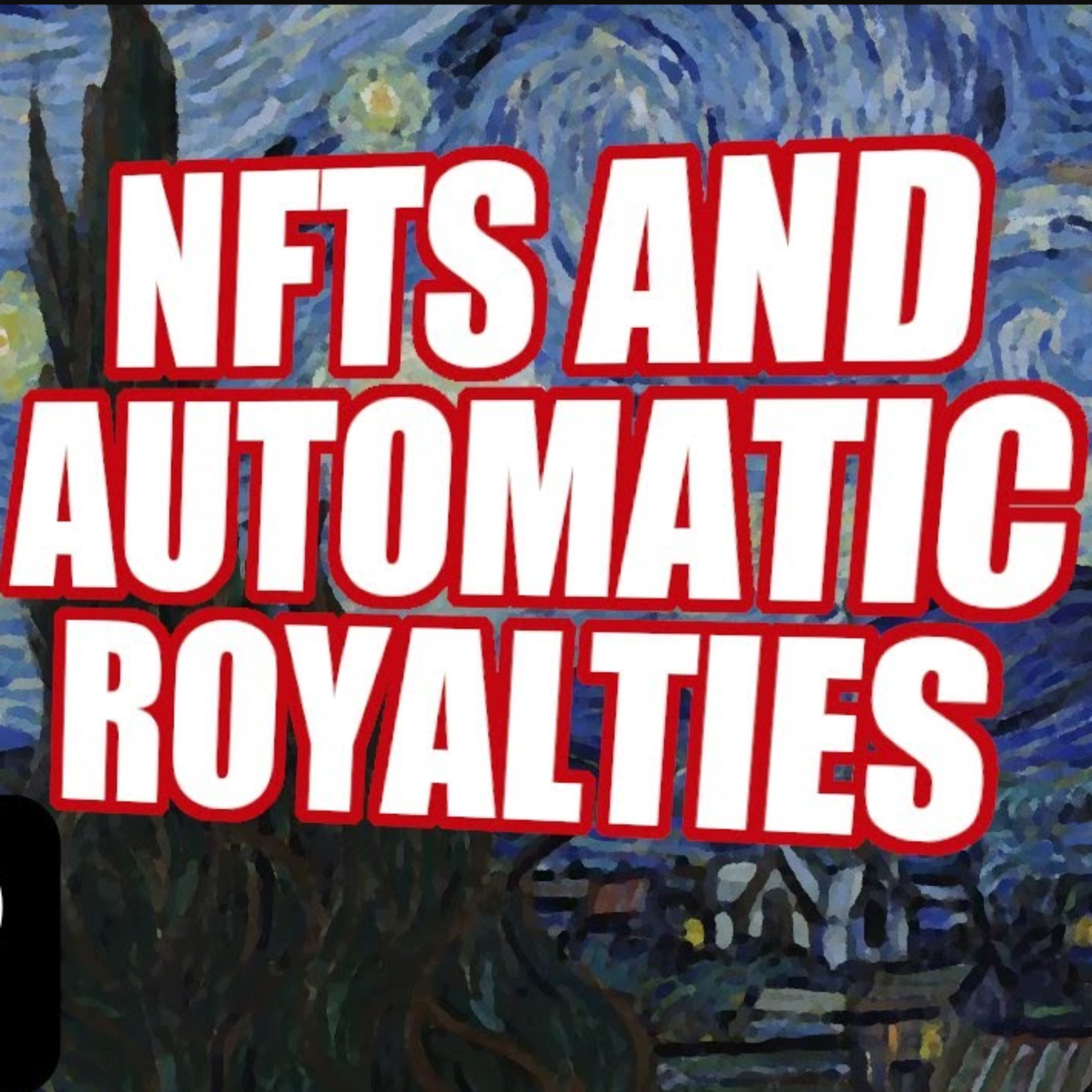
BlockchainGandalfNFTs and automatic royaltiesDid Van Gogh die in vain?
Wouldn't it be nice if non-fungible token art carried with it an automatic royalty, so that every time the artwork was sold, the artist would receive a percentage of the sale price? Kind of like what happens in some jurisdictions when artworks are sold through auction houses? In this video, I explain why this isn't going to work, and why NFTs aren't magic bullets that can ensure artists who become successful get a guaranteed share of the profits from the subsequent increase in their artwork.
As for my question ab...
2021-10-3105 min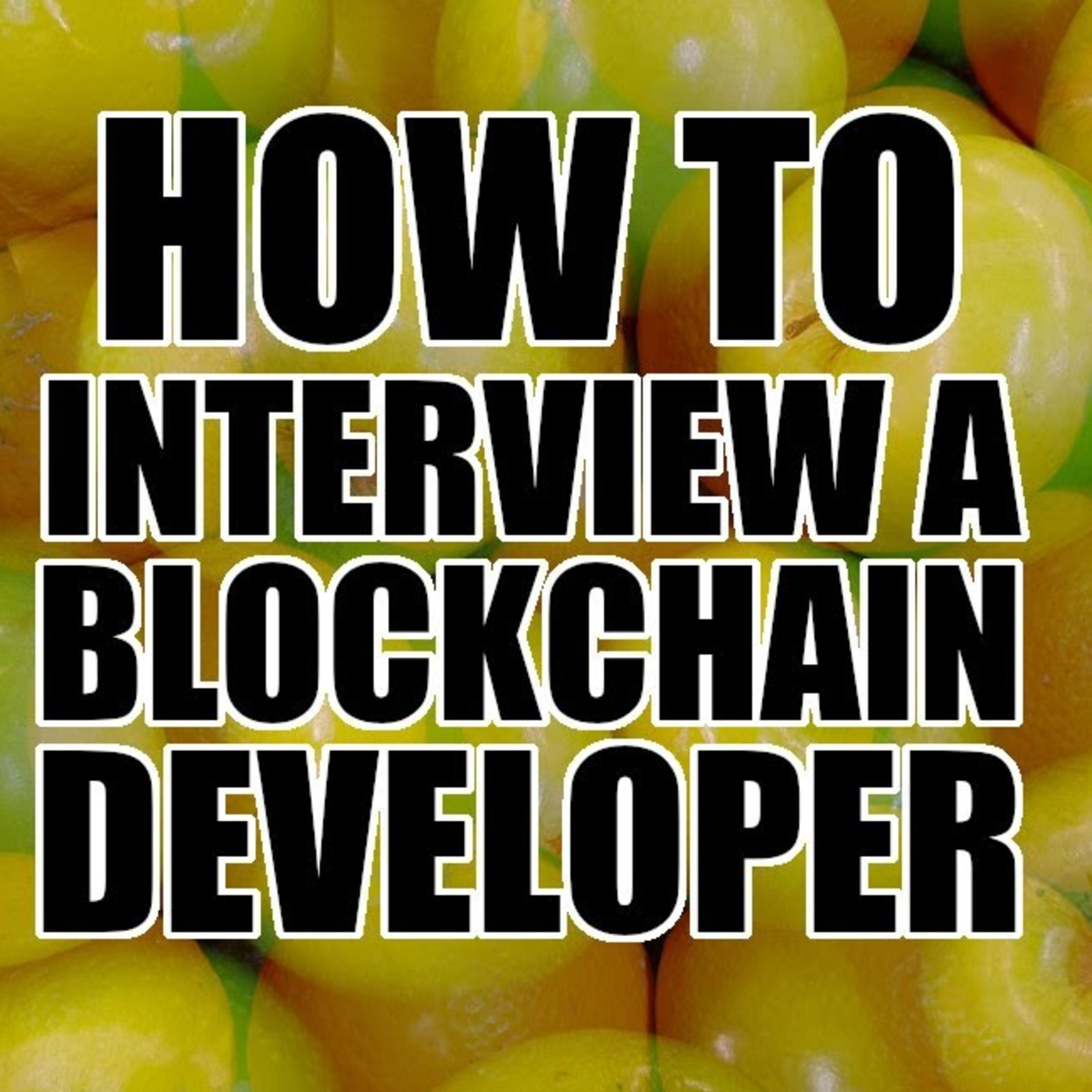
BlockchainGandalfHow to interview a blockchain developer candidateIt's a known problem in the hiring world that assessing the competence and skill of a potential candidate for a role is difficult. It's even worse if you're hiring in a space that you're unfamiliar with, because it's easier for the candidate to pretend they know more than they do, or are less experienced than they present themselves. And blockchain is an unfamiliar space for most recruiters and hiring companies. In this video I discuss the problem, and some of the solutions.
2021-10-3104 min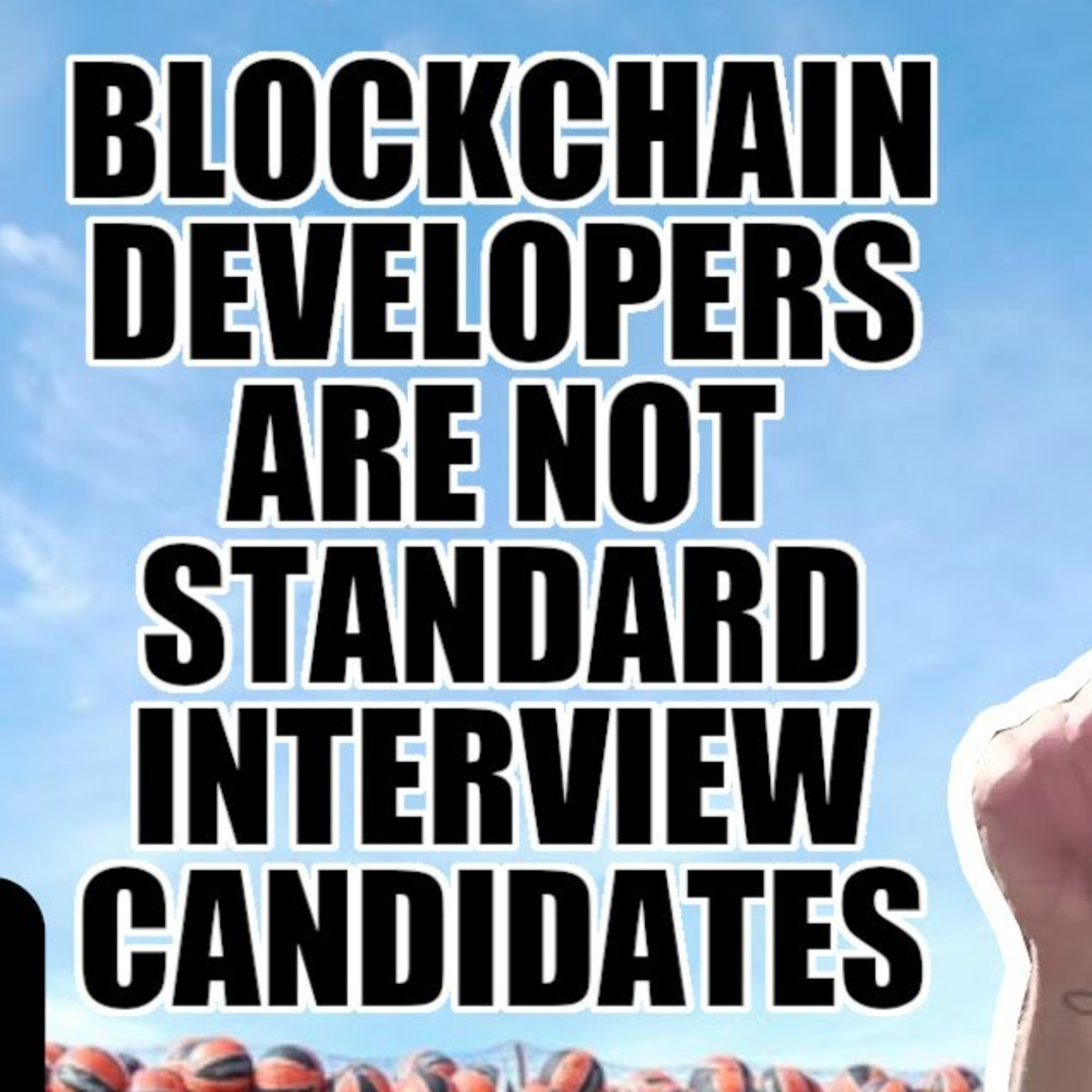
BlockchainGandalfGood blockchain developers are not standard interview candidatesThe best, most experienced blockchain developers with years of experience usually have a different background to your average applicant for a software development role. They're likely to fall into several of the categories below:
📀 they get obsessed with technology early on and like to work on new things
😠 they have strong opinions about traditional finance, and those opinions may transfer over into other areas
😵💫 they're risk takers - after all they sank hours of their time into a technology well before its worth became globally apparent
🤑 they've got a bit more spare capital sitting...
2021-10-3103 min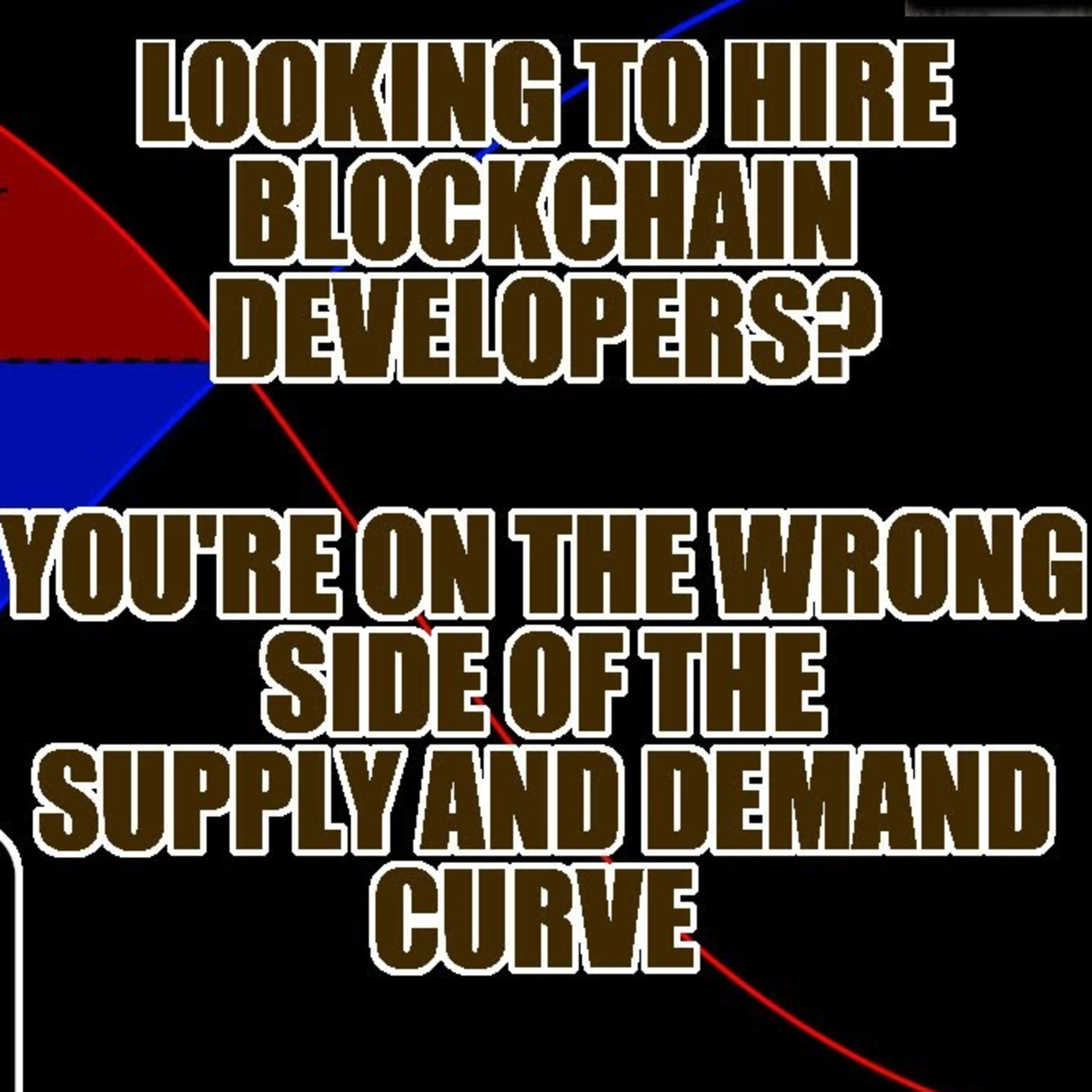
BlockchainGandalfWhy you can't find a blockchain developerThe blockchain space has sure hotted up since the cryptowinter of 2018. As a result, blockchain engineers and smart contract developers are in more demand than ever. Entrepreneurs and companies are seeing vast sums of money pouring into DeFi and payment remittance project, and want in on the action. What they don't want to do is pay for the back-end work that needs to be done to design, build, and run such project. if you want to hire someone suitable, you're going to have to compromise. At the bare minimum you'll need to offer:
✅ Rates well above the softwar...
2021-10-3104 min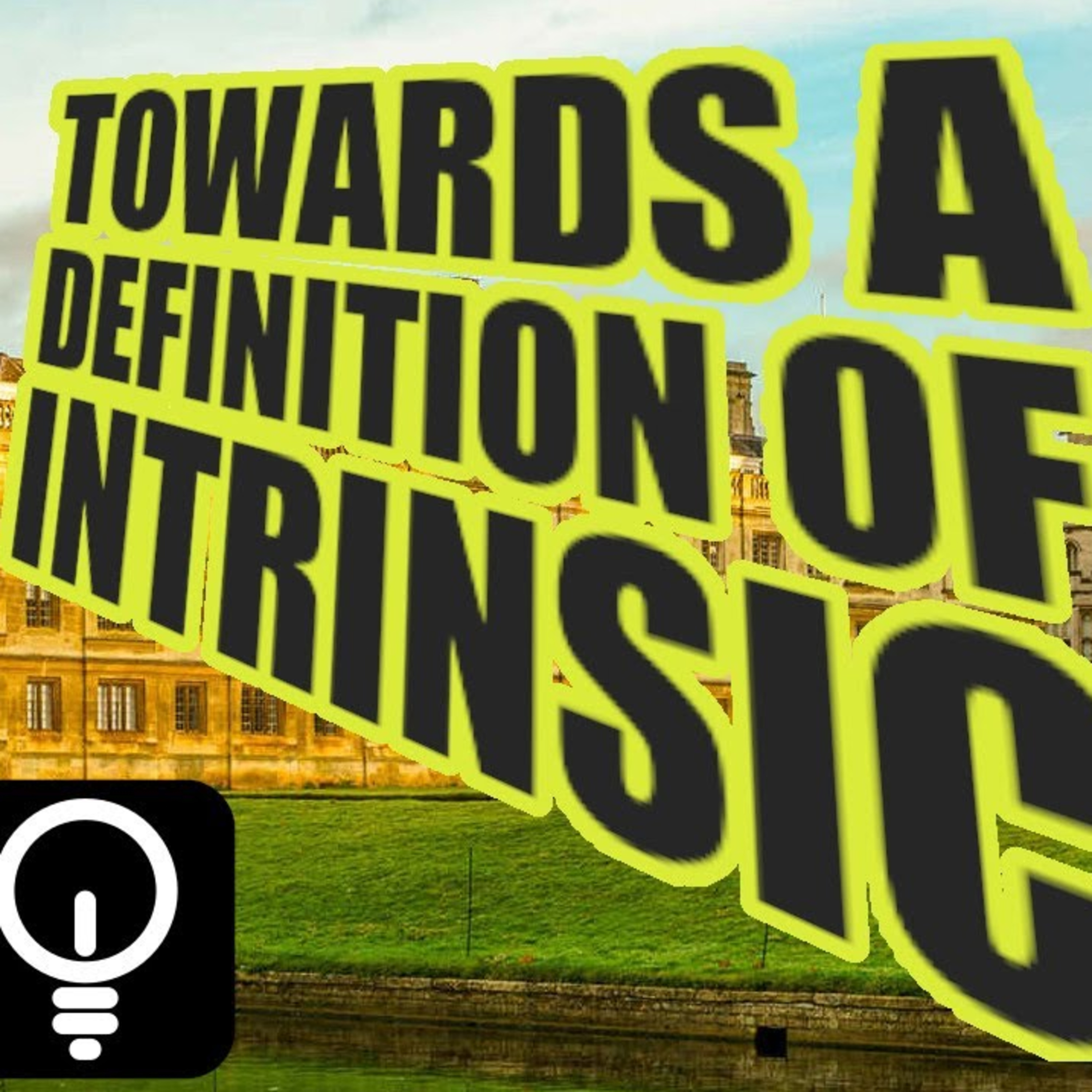
BlockchainGandalfTowards a definition of "intrinsic"If ever there was a misused word, it's the word "intrinsic". Even some of the dictionary definitions are suspect.
Attach it to the word "value" and you enter a philosophical minefield. Now we have an incompletely understood word modifying another incompletely understood word.
And this is all very well if we are just engaged in philosophical word games, but the problem is that the term "intrinsic value" is often used by people in authority to dismiss things that go against their agenda.
And then...
2021-10-3108 min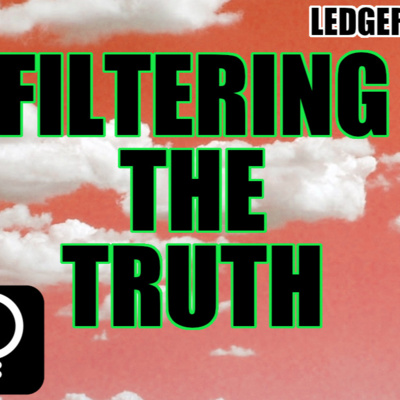
BlockchainGandalfFiltering the truthThe final level to discuss is the presentation layer, which consists of the use of a website and web3 libraries in order to retrieve data from the blockchain to put on a web page, and in order to write data back to the blockchain in the form of transactions, usually using an integrated web browser blockchain wallet such as MetaMask. The thing to realize here, is that the web site developer has complete control over how they present the data they retrieve from the blockchain to the user. They can present it as is, or they can alter some o...
2021-10-3106 min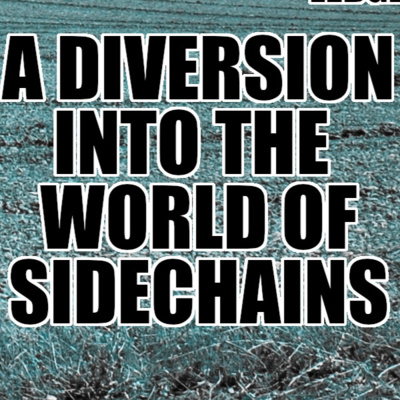
BlockchainGandalfA diversion into the world of sidechainsThis is a digression into why the layers that I am talking about in this video series are not related to "layer 2 solutions" like Polygon and Binance Smart Chain. Instead I'm talking about layers in the same manner as the upper layers of the OSI seven layer model. I find it odd that "layer 2" solutions use the word "layer", because they don't really sit on top of the base blockchain that they use for anchoring (i.e. the Ethereum blockchain). Instead they kind of sit beside it, with bridges in order to transfer assets from Ethereum onto these sidechains. Yo...
2021-10-3104 min
BlockchainGandalfHigher layers offer more controlAs a developer, you have a choice as to what blockchain you use, but very little if any control over the mechanisms that power it. It's a bit like choosing a country and a language to write your book in. If it's a smart contract blockchain, move up a level, and you can start to exert more control - for example, you can release a centralized token on a decentralized blockchain, if you so choose. But there are still some fundamental things that you will be tied to, if you want your contract to have traction. Similarly, as a writ...
2021-10-3103 min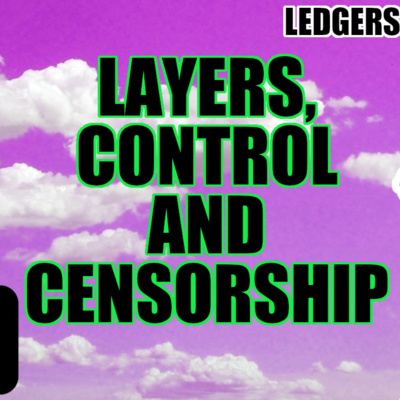
BlockchainGandalfLayers, control, and censorshipIn this video, part three of the series, I talk about how smart contract blockchains such as Ethereum allow developers to play with levels of decentralization in the smart contracts they deploy. For example, although Ethereum is "censorship resistant" due to it's blockchain consensus system, it is perfectly possible to release smart contracts that are highly centralized, under the control of one entity, and therefore vulnerable to censorship. For example, it was revealed during the Compound bug that Tether can "freeze" transfers on certain balances in the way that traditional banks can freeze accounts. I also talk about levels of...
2021-10-3104 min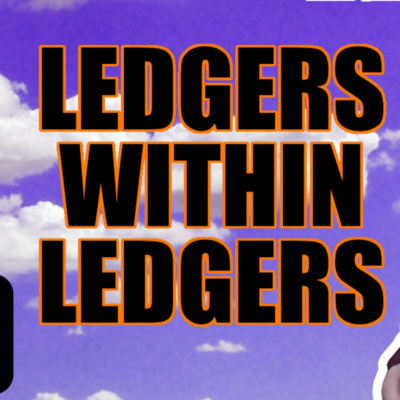
BlockchainGandalfLedgers within ledgersHaving looked at what a ledger is, and why the concept of a ledger is significant within blockchain, it's time to move up a layer and consider "ledgers within ledgers". When a smart contract instantiates a fungible or non-fungible token, what it is doing is implementing another ledger in order to keep track of the balance or ownership of the token. So - tokens are created by building legders within ledgers. This video goes into what that means at greater depth.
2021-10-3103 min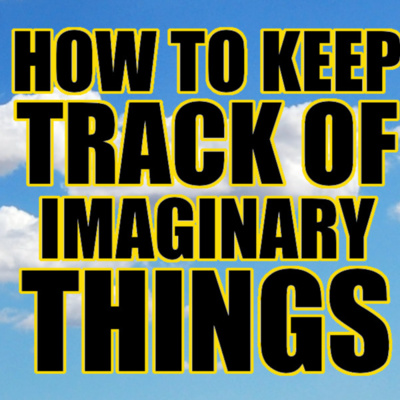
BlockchainGandalfHow to keep track of imaginary thingsIn this video, I start with a recap of what a ledger is, in order to set the groundwork for later videos on the different levels that exist in blockchain. This will help you to understand what is going on in cryptocurrencies and NFTs, and what parts are arbitrary, and which are fixed. (Well, ultimately all of blockchain is arbitrary, because we invented it, but some parts are now fixed, and other parts can be "played with". But more on that later in the series...)
2021-10-3103 min
BlockDrops com Maurício MagaldiBlockTalks com Keir Finlow-Bates (em inglês)No trigésimo primeiro BlockTalks a gente conversa com Keir Finlow-Bates, autor do livro Move Over Brokers Here Comes the Blockchain, que conta pra gente sobre o livro, invenções e muito mais .. Instagram.com/blockdropspodcast .. Twitter.com/blockdropspod .. blockdropspodcast@gmail.com .. https://www.amazon.com.br/dp/171647972X/ref=cm_sw_r_cp_apa_glt_i_WKXVNTK20BE2VFYS6M4P
2021-06-1747 min
Blockchain Won't Save the WorldS1E12: How to Patent Blockchain Inventions with Keir Finlow-BatesThis is one for the culture! Veteran inventor and holder of numerous Blockchain patents, Keir Finlow-Bates takes us through what it takes to innovate in the Blockchain space, why some of the world's largest companies are rushing to create Blockchain patents, and what it takes to get one. We also talk about Keir's approach to identifying where Blockchain can be disruptive, using the subconscious mind to create content, and why it's better to invent in a van than in a shed! In this episode we cover:
- Why companies like Visa, GM, Baidu and Walmart are churning...
2020-05-2342 min